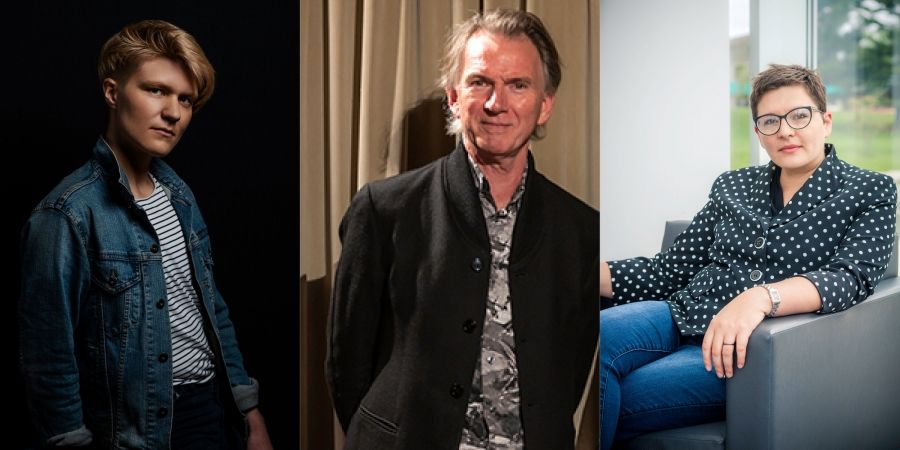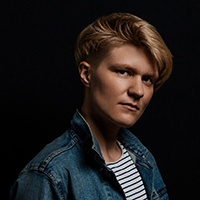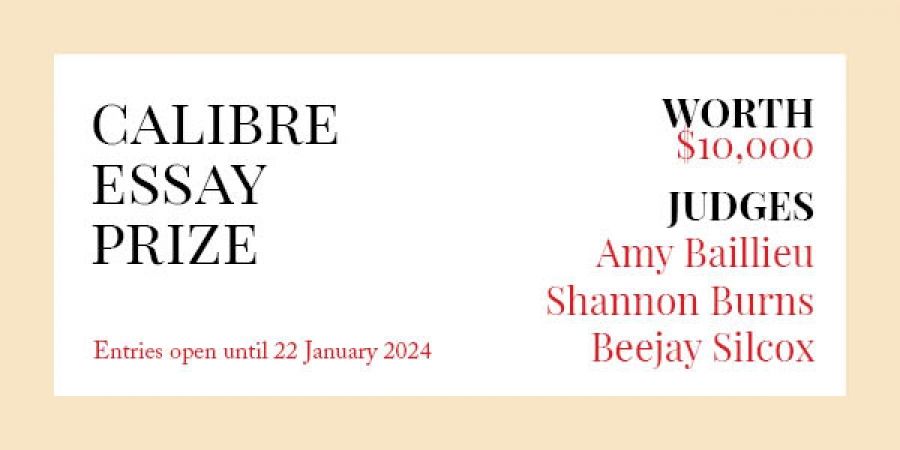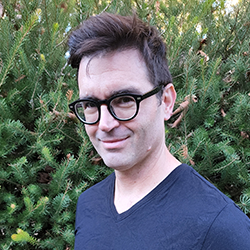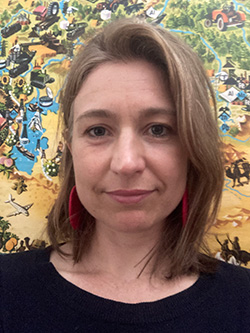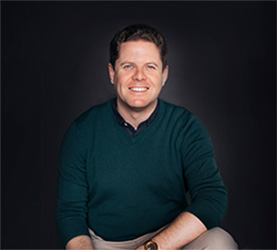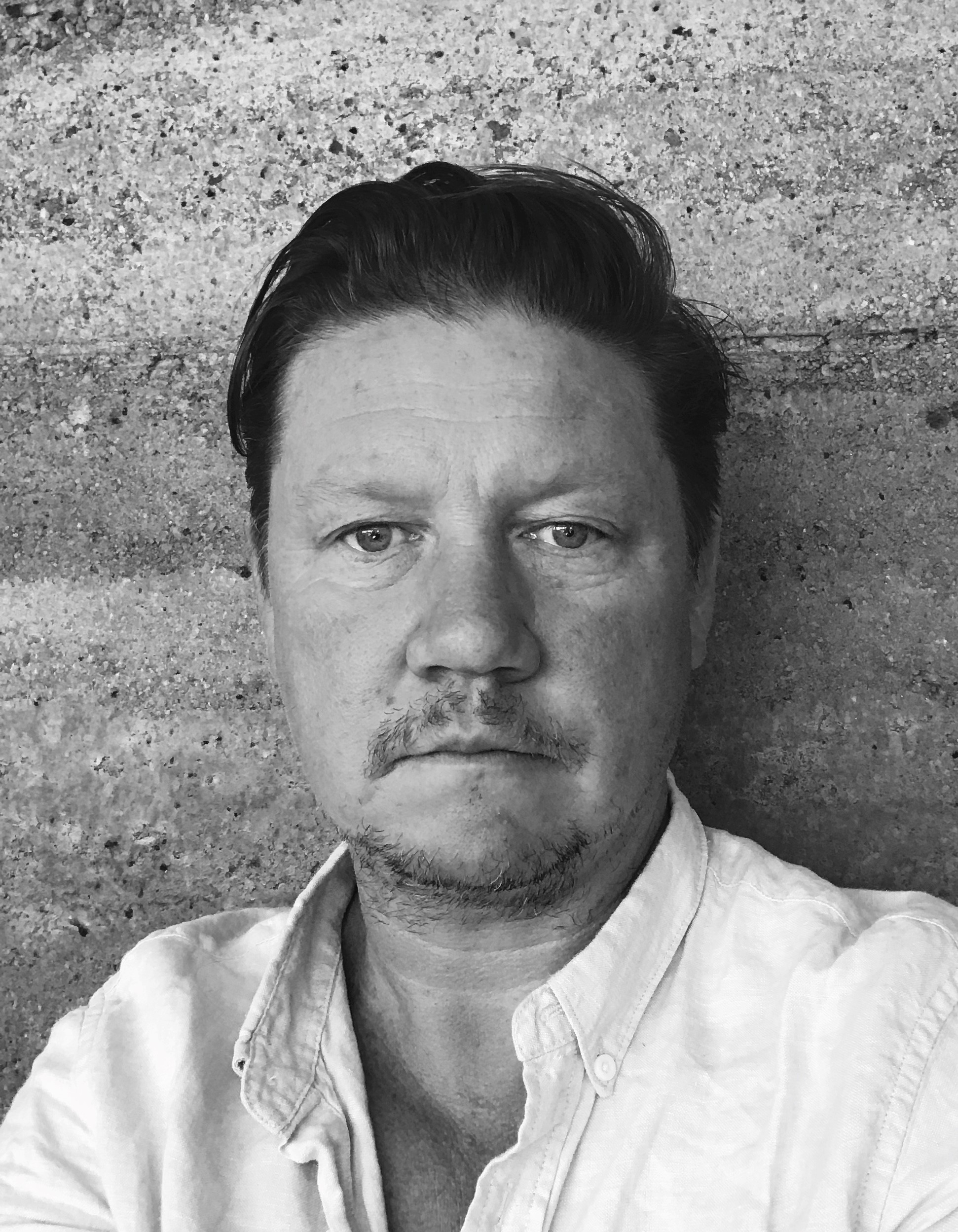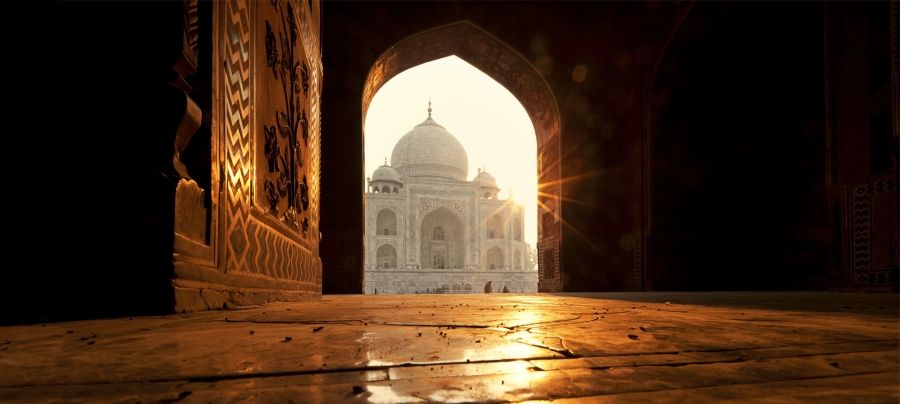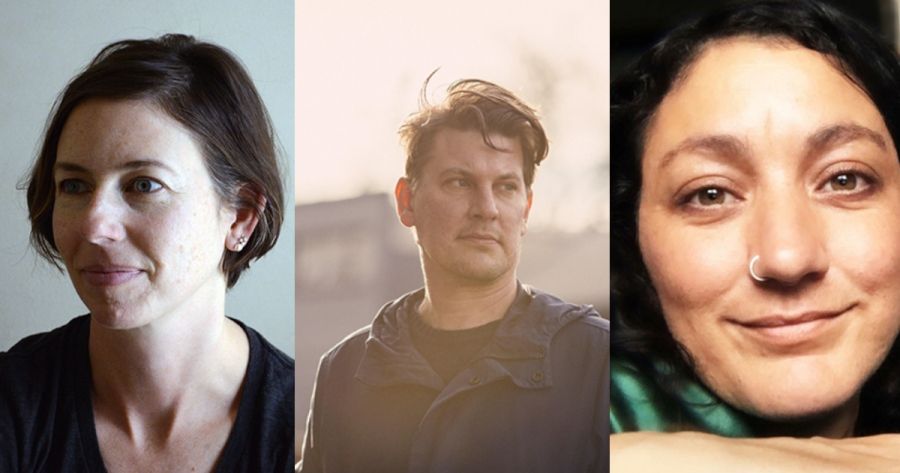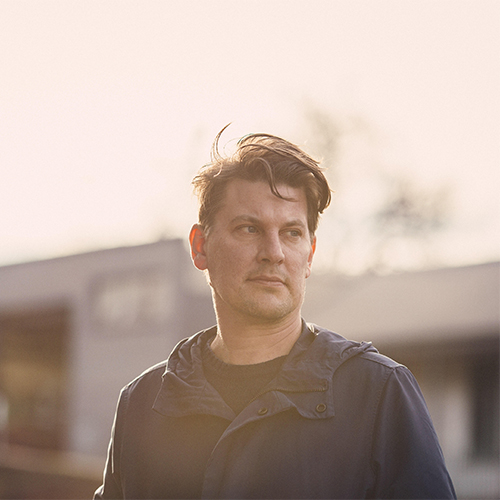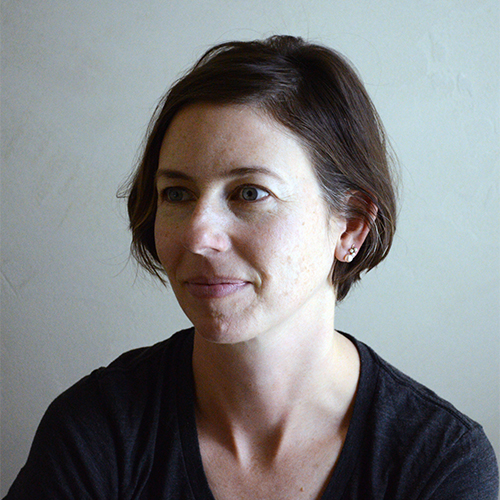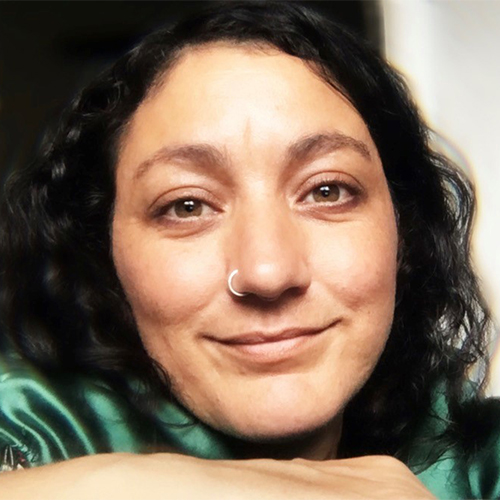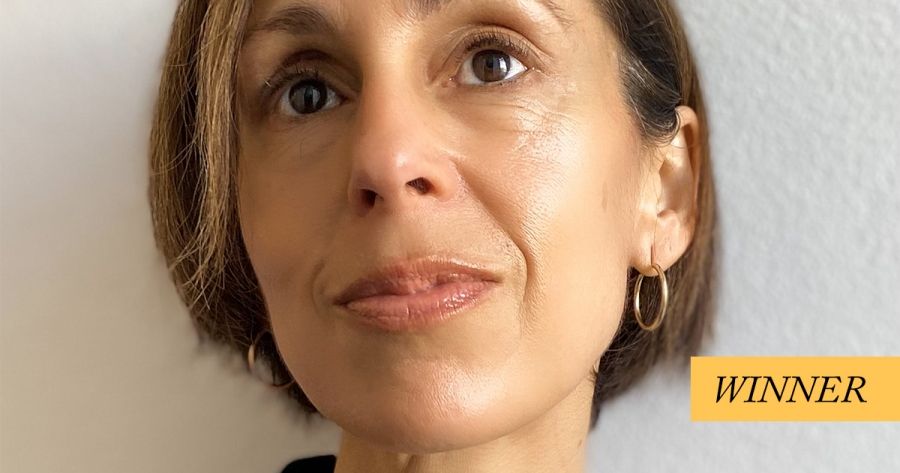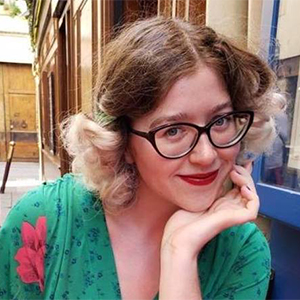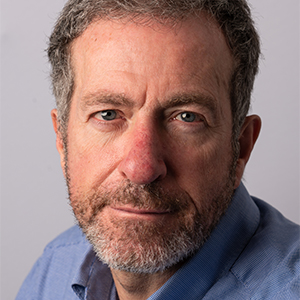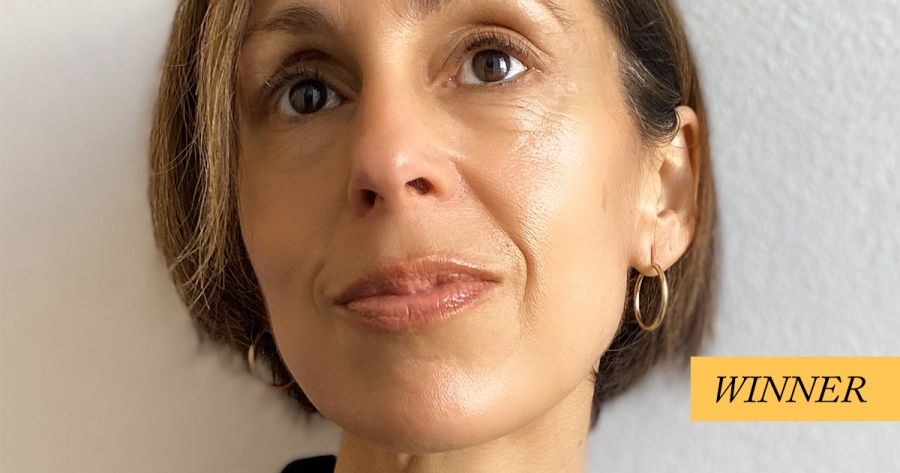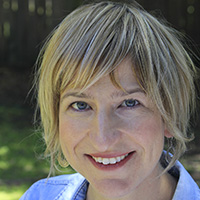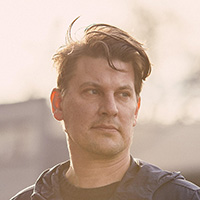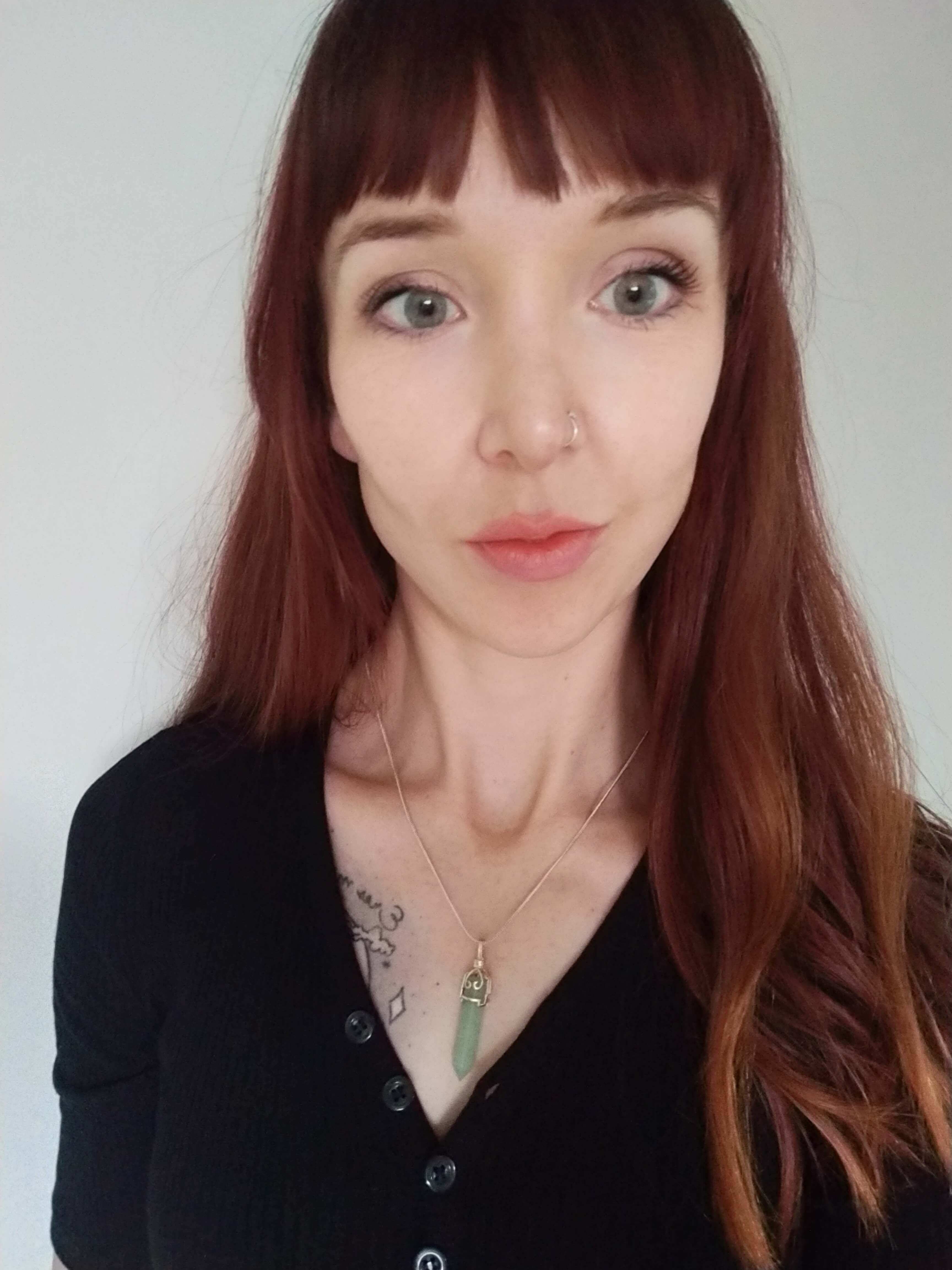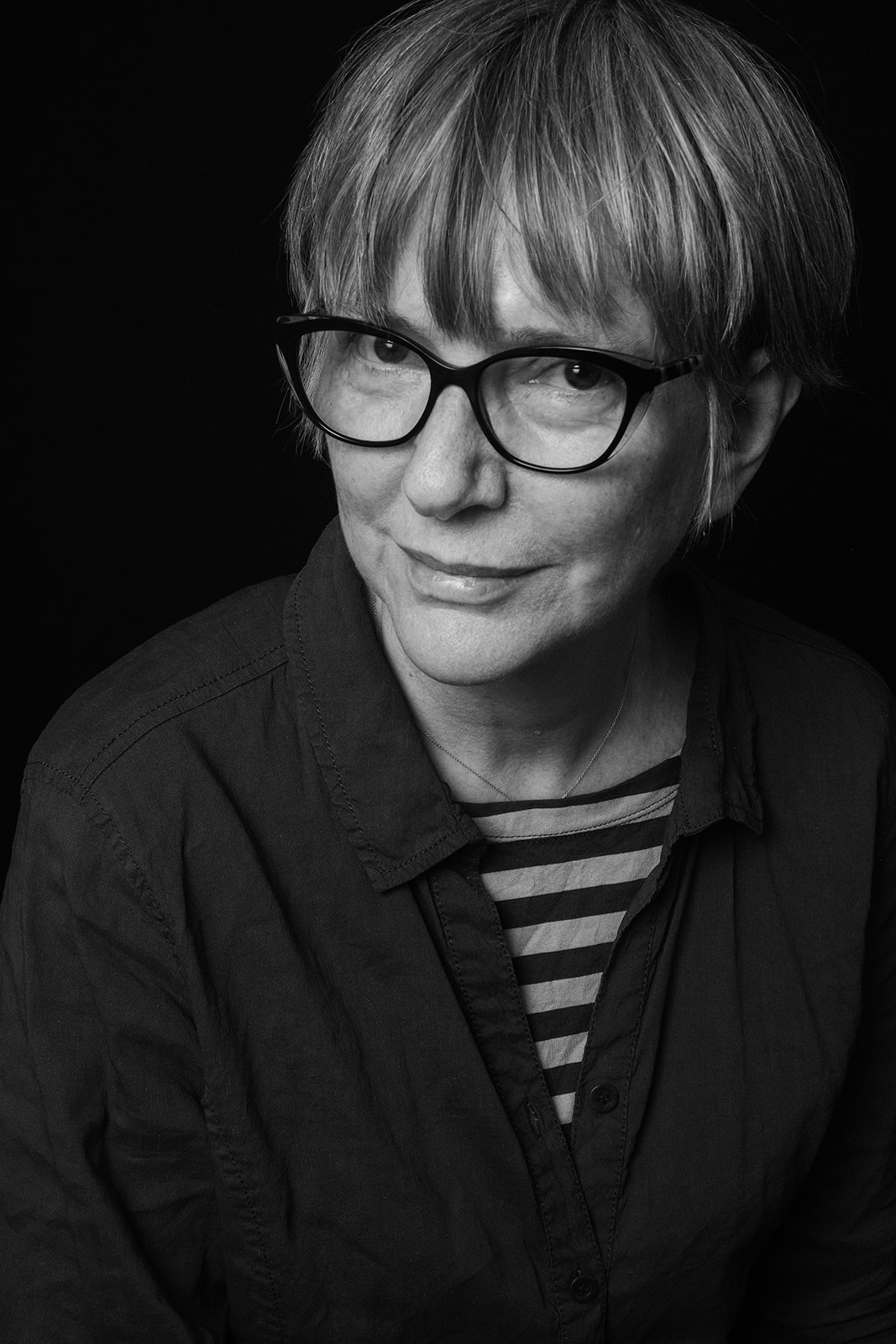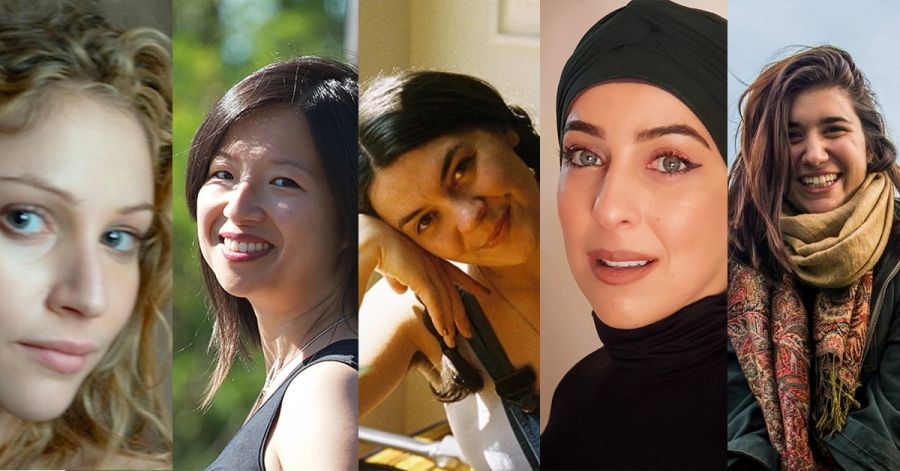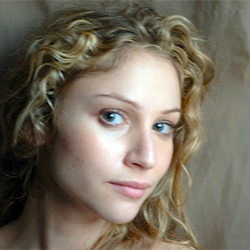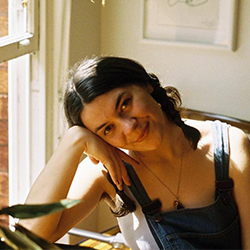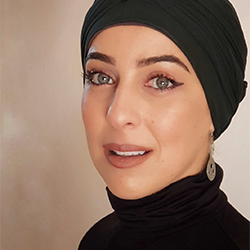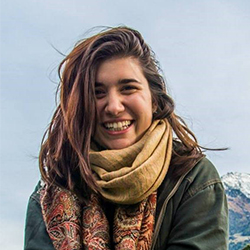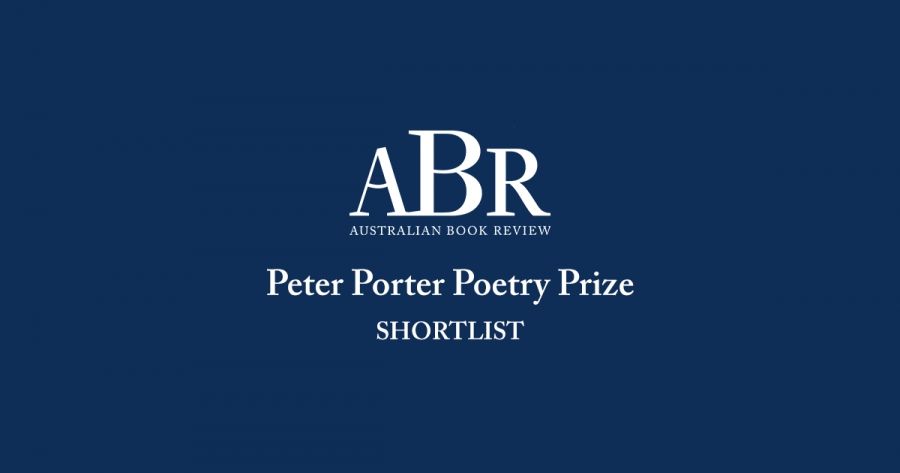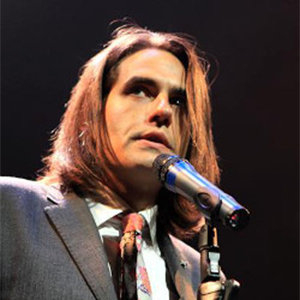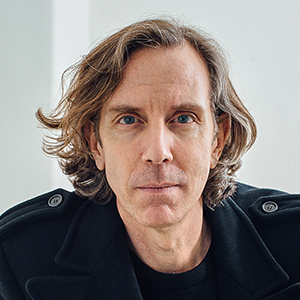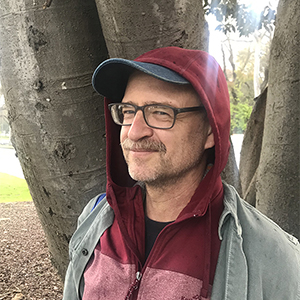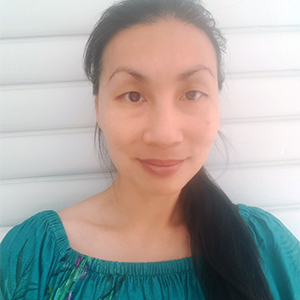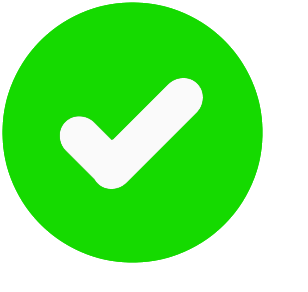- Free Article: No
- Review Article: Yes
- Online Only: No
ABR subscribers can read all previous prize-winning and shortlisted stories to the Jolley Prize. If you aren't a subscriber, digital subscriptions begin at only $10 per month. Click here to become an ABR subscriber.
2024
Jill Van Epps: ‘Pornwald’
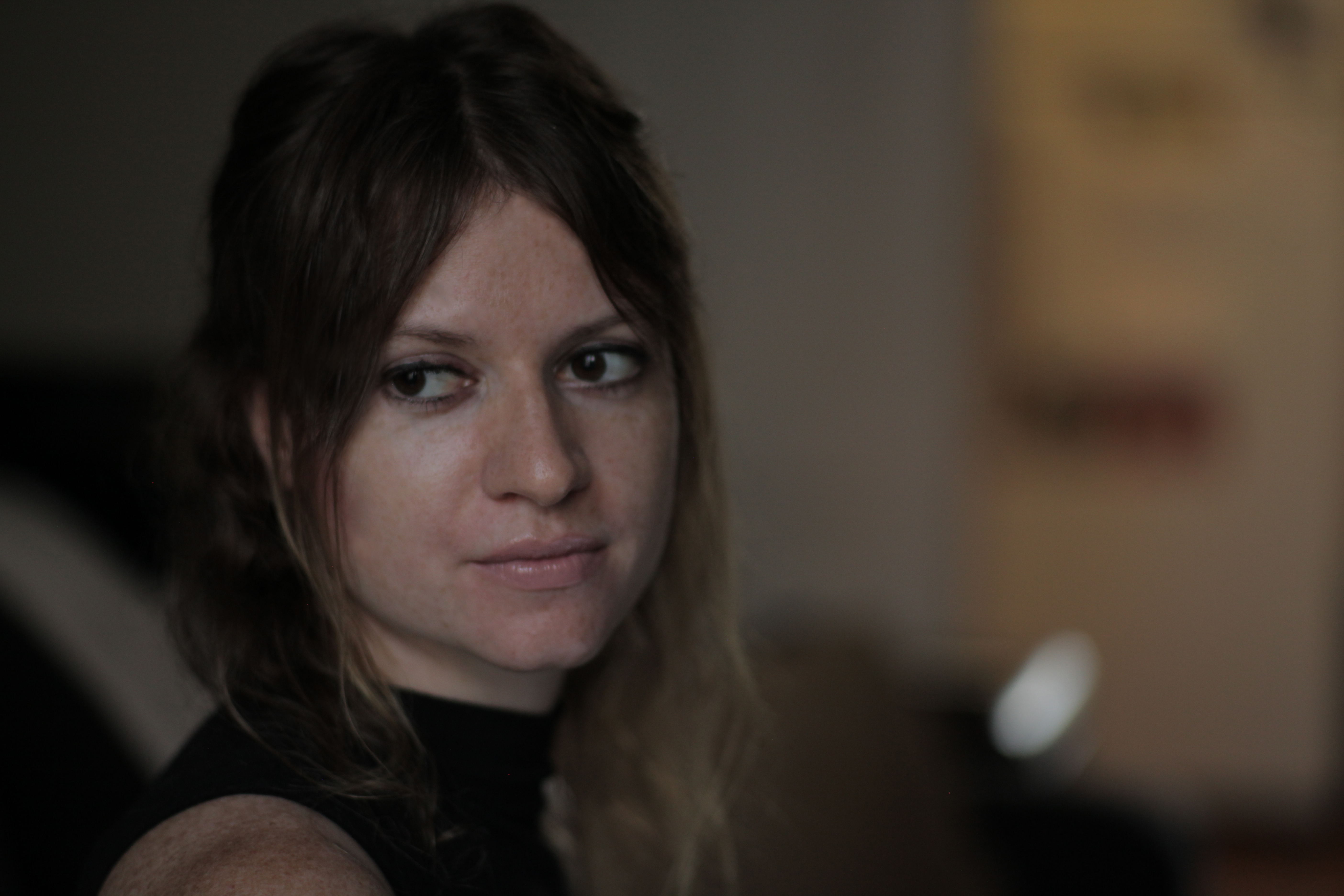 Jill Van Epps from New York was the winner of the 2024 ABR Elizabeth Jolley Short Story Prize for her story ‘Pornwald’. Judges Patrick Flanery, Melinda Harvey and Susan Midalia chose Van Epps’s story ‘Pornwald’ from an international field of about 1,310 stories, 413 of which were from overseas. Perth-based writer Kerry Greer was placed second for her story ‘First Snow’; and Shelley Stenhouse, another New Yorker, was placed third for ‘M.’. All three shortlisted stories were published in the August 2024 issue.
Jill Van Epps from New York was the winner of the 2024 ABR Elizabeth Jolley Short Story Prize for her story ‘Pornwald’. Judges Patrick Flanery, Melinda Harvey and Susan Midalia chose Van Epps’s story ‘Pornwald’ from an international field of about 1,310 stories, 413 of which were from overseas. Perth-based writer Kerry Greer was placed second for her story ‘First Snow’; and Shelley Stenhouse, another New Yorker, was placed third for ‘M.’. All three shortlisted stories were published in the August 2024 issue.
2023
Rowan Heath: ‘The Mannequin’
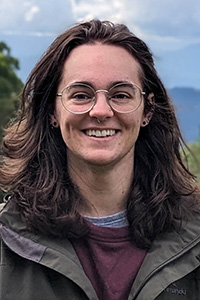 Rowan Heath was the winner of the 2023 ABR Elizabeth Jolley Short Story Prize for their story ‘The Mannequin’. They received $6,000. This year’s prize received 1,200 entries from thirty-eight different countries. Uzma Aslam Khan placed second and receives $4,000 for her story ‘Our Own Fantastic’ , and Winter Bel placed third and received $2,500 for her story ‘Black Wax’ The 2023 Jolley Prize was judged by Gregory Day, Jennifer Mills, and Maria Takolander. The shortlisted stories were published in the 2023 August issue.
Rowan Heath was the winner of the 2023 ABR Elizabeth Jolley Short Story Prize for their story ‘The Mannequin’. They received $6,000. This year’s prize received 1,200 entries from thirty-eight different countries. Uzma Aslam Khan placed second and receives $4,000 for her story ‘Our Own Fantastic’ , and Winter Bel placed third and received $2,500 for her story ‘Black Wax’ The 2023 Jolley Prize was judged by Gregory Day, Jennifer Mills, and Maria Takolander. The shortlisted stories were published in the 2023 August issue.
2022
Tracy Ellis: ‘Natural Wonder’
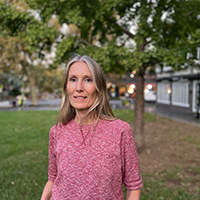 Tracy Ellis was the winner of the 2022 ABR Elizabeth Jolley Short Story Prize for her story ‘Natural Wonder’. She received $6,000. This year’s prize received 1,338 entries from thirty-six different countries. Nina Cullen placed second and received $4,000 for her story ‘Dog Park’, and C.J. Garrow placed third and received $2,500 for his story ‘Whale Fall’. The 2022 Jolley Prize was judged by Amy Baillieu, Melinda Harvey, and John Kinsella. Each of the shortlisted stories were published in the 2022 August issue.
Tracy Ellis was the winner of the 2022 ABR Elizabeth Jolley Short Story Prize for her story ‘Natural Wonder’. She received $6,000. This year’s prize received 1,338 entries from thirty-six different countries. Nina Cullen placed second and received $4,000 for her story ‘Dog Park’, and C.J. Garrow placed third and received $2,500 for his story ‘Whale Fall’. The 2022 Jolley Prize was judged by Amy Baillieu, Melinda Harvey, and John Kinsella. Each of the shortlisted stories were published in the 2022 August issue.
2021
Camilla Chaudhary: ‘The Enemy, Asyndeton’
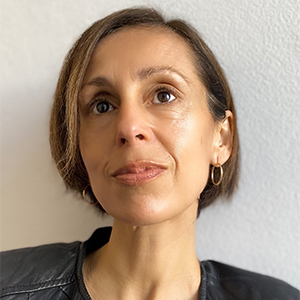 Camilla Chaudhary was the winner of the 2021 ABR Elizabeth Jolley Short Story Prize for their story ‘The Enemy, Asyndeton’. She received $6,000. This year’s prize received 1,428 entries from thirty-six different countries. Lauren Sarazen placed second and received $4,000 for her story ‘There Are No Stars Here, Either’, and John Richards placed third and received $2,500 for his story ‘A Fall from Grace’. The 2021 Jolley Prize was judged by Gregory Day, Melinda Harvey, and Elizabeth Tan. Each of the shortlisted stories are published in the 2021 August issue.
Camilla Chaudhary was the winner of the 2021 ABR Elizabeth Jolley Short Story Prize for their story ‘The Enemy, Asyndeton’. She received $6,000. This year’s prize received 1,428 entries from thirty-six different countries. Lauren Sarazen placed second and received $4,000 for her story ‘There Are No Stars Here, Either’, and John Richards placed third and received $2,500 for his story ‘A Fall from Grace’. The 2021 Jolley Prize was judged by Gregory Day, Melinda Harvey, and Elizabeth Tan. Each of the shortlisted stories are published in the 2021 August issue.
2020
Mykaela Saunders: ‘River Story’
 Mykaela Saunders was the winner of the 2020 ABR Elizabeth Jolley Short Story Prize for her story ‘River Story’. Mykaela Saunders received $6,000. C.J. Garrow was placed second for his story ‘Egg Timer’, and Simone Hollander was placed third for her story ‘Hieroglyph’. This year the Jolley Prize attracted almost 1,450 entries from 34 different countries. The judges were Gregory Day, Josephine Rowe, and Ellen van Neerven. The three shortlisted stories appear in our August Fiction issue.
Mykaela Saunders was the winner of the 2020 ABR Elizabeth Jolley Short Story Prize for her story ‘River Story’. Mykaela Saunders received $6,000. C.J. Garrow was placed second for his story ‘Egg Timer’, and Simone Hollander was placed third for her story ‘Hieroglyph’. This year the Jolley Prize attracted almost 1,450 entries from 34 different countries. The judges were Gregory Day, Josephine Rowe, and Ellen van Neerven. The three shortlisted stories appear in our August Fiction issue.
2019
Sonja Dechian: ‘The Point-Blank Murder’
 Sonja Dechian was the winner of the 2019 ABR Elizabeth Jolley Short Story Prize for her story ‘The Point-Blank Murder’. She received $5,000. Raaza Jamshed was placed second for her story ‘Miracle Windows’, and Morgan Nunan was placed third for his story ‘Rubble Boy’. The judges were Maxine Beneba Clarke, John Kinsella and Beejay Silcox. Subscribers can read all three stories in the 2019 Fiction issue.
Sonja Dechian was the winner of the 2019 ABR Elizabeth Jolley Short Story Prize for her story ‘The Point-Blank Murder’. She received $5,000. Raaza Jamshed was placed second for her story ‘Miracle Windows’, and Morgan Nunan was placed third for his story ‘Rubble Boy’. The judges were Maxine Beneba Clarke, John Kinsella and Beejay Silcox. Subscribers can read all three stories in the 2019 Fiction issue.
2018
Madelaine Lucas: ‘Ruins’
M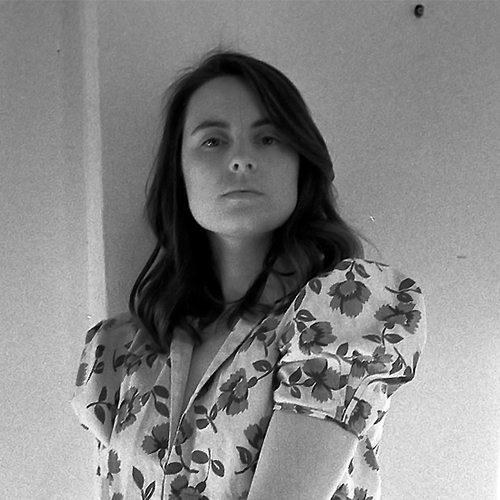 adelaine Lucas was named the winner of the 2018 ABR Elizabeth Jolley Short Story Prize for her story ‘Ruins’. Madelaine Lucas receives $7,000. Sharmini Aphrodite was placed second for her story ‘Between the Mountain and the Sea’ and Claire Aman placed third for her story 'Vasco'. The judges were Patrick Allington, Michelle Cahill, and Beejay Silcox. Subscribers can read all three shortlisted stories in the August 2018 Fiction issue. The judges also commended three other stories: ‘Joan Mercer’s Fertile Head’ by S.J. Finn, ‘Hardflip’ by Mirandi Riwoe, and ‘Break Character’ by Chloe Wilson.
adelaine Lucas was named the winner of the 2018 ABR Elizabeth Jolley Short Story Prize for her story ‘Ruins’. Madelaine Lucas receives $7,000. Sharmini Aphrodite was placed second for her story ‘Between the Mountain and the Sea’ and Claire Aman placed third for her story 'Vasco'. The judges were Patrick Allington, Michelle Cahill, and Beejay Silcox. Subscribers can read all three shortlisted stories in the August 2018 Fiction issue. The judges also commended three other stories: ‘Joan Mercer’s Fertile Head’ by S.J. Finn, ‘Hardflip’ by Mirandi Riwoe, and ‘Break Character’ by Chloe Wilson.
2017
Eliza Robertson: ‘Pheidippides’
 Eliza Robertson was named the winner of the 2017 ABR Elizabeth Jolley Short Story Prize for her story ‘Pheidippides’. Author David Malouf announced Eliza Robertson as the overall winner at a ceremony at Potts Point Bookshop, Sydney. She received $7,000 for her story. Dominic Amerena placed second for his story ‘The Leaching Layer’ and Lauren Aimee Curtis came third for her story ‘Butter’. The 2017 Jolley Prize was judged by ABR Deputy Editor Amy Baillieu, and authors Chris Flynn and Ellen van Neerven. Subscribers can read all three shortlisted stories in the August 2017 Fiction issue. The judges also commended three stories – ‘Contributory Negligence’ by Stevi-Lee Alver, ‘The Man I Should Have Married’ by Catherine Chidgey, and ‘The Fog Harvester’ by Marie Gethins.
Eliza Robertson was named the winner of the 2017 ABR Elizabeth Jolley Short Story Prize for her story ‘Pheidippides’. Author David Malouf announced Eliza Robertson as the overall winner at a ceremony at Potts Point Bookshop, Sydney. She received $7,000 for her story. Dominic Amerena placed second for his story ‘The Leaching Layer’ and Lauren Aimee Curtis came third for her story ‘Butter’. The 2017 Jolley Prize was judged by ABR Deputy Editor Amy Baillieu, and authors Chris Flynn and Ellen van Neerven. Subscribers can read all three shortlisted stories in the August 2017 Fiction issue. The judges also commended three stories – ‘Contributory Negligence’ by Stevi-Lee Alver, ‘The Man I Should Have Married’ by Catherine Chidgey, and ‘The Fog Harvester’ by Marie Gethins.
2016
Josephine Rowe: ‘Glisk’
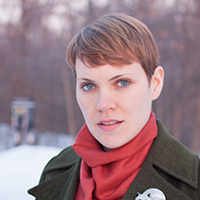 Josephine Rowe (Australia) was named the winner of the 2016 ABR Elizabeth Jolley Short Story Prize for her story ‘Glisk’ at a ceremony during the Melbourne Writers Festival. She received $7,000 for her story which was chosen from a field of nearly 1400 entries from thirty-eight countries. Anthony Lawrence (Australia) placed second for his story ‘Ash’ and Jonathan Tel (UK) came third for his story ‘The Water Calligrapher's Women’. The 2016 Jolley Prize was judged by ABR Deputy Editor Amy Baillieu, and authors Maxine Beneba Clarke and David Whish-Wilson. Subscribers can read all three shortlisted stories in the August 2016 Fiction issue. The judges also commended three stories – ‘Help Me Harden My Heart’ by Dom Amerena, ‘Window’ by Cate Kennedy, and ‘Slut Trouble’ by Beejay Silcox.
Josephine Rowe (Australia) was named the winner of the 2016 ABR Elizabeth Jolley Short Story Prize for her story ‘Glisk’ at a ceremony during the Melbourne Writers Festival. She received $7,000 for her story which was chosen from a field of nearly 1400 entries from thirty-eight countries. Anthony Lawrence (Australia) placed second for his story ‘Ash’ and Jonathan Tel (UK) came third for his story ‘The Water Calligrapher's Women’. The 2016 Jolley Prize was judged by ABR Deputy Editor Amy Baillieu, and authors Maxine Beneba Clarke and David Whish-Wilson. Subscribers can read all three shortlisted stories in the August 2016 Fiction issue. The judges also commended three stories – ‘Help Me Harden My Heart’ by Dom Amerena, ‘Window’ by Cate Kennedy, and ‘Slut Trouble’ by Beejay Silcox.
2015
Rob Magnuson Smith: ‘The Elector of Nossnearly’
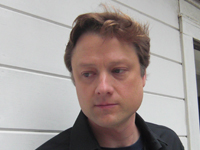 Rob Magnuson Smith (UK/US) was named the winner of the 2015 ABR Elizabeth Jolley Short Story Prize for his story ‘The Elector of Nossnearly’ by Steven Carroll at an event at the 2015 Brisbane Writers Festival. He received $5,000 for his story which was chosen from a field of over 1,200 entries sent in from thirty-one different countries. Michelle Cahill placed second for her story ‘Borges and I’ and Harriet McKnight (Australia) came third for her story ‘Crest’. The judges on this occasion were ABR Deputy Editor Amy Baillieu, poet and academic Sarah Holland-Batt and author Paddy O'Reilly. Subscribers can read all three shortlisted stories in the September 2015 Fiction issue.
Rob Magnuson Smith (UK/US) was named the winner of the 2015 ABR Elizabeth Jolley Short Story Prize for his story ‘The Elector of Nossnearly’ by Steven Carroll at an event at the 2015 Brisbane Writers Festival. He received $5,000 for his story which was chosen from a field of over 1,200 entries sent in from thirty-one different countries. Michelle Cahill placed second for her story ‘Borges and I’ and Harriet McKnight (Australia) came third for her story ‘Crest’. The judges on this occasion were ABR Deputy Editor Amy Baillieu, poet and academic Sarah Holland-Batt and author Paddy O'Reilly. Subscribers can read all three shortlisted stories in the September 2015 Fiction issue.
2014
Jennifer Down: ‘Aokigahara’
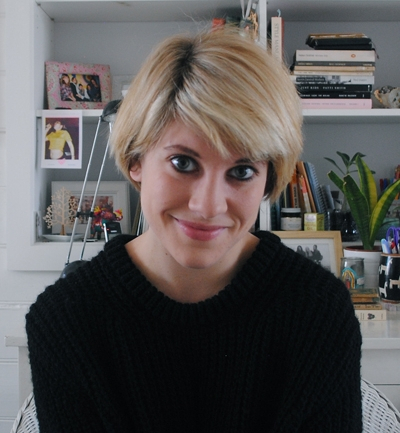 Jennifer Down was named the winner of the 2014 Jolley Prize by Ian Dickson at an event on Saturday 30 August during the Melbourne Writers Festival. She received a total of $5,000 for her winning short story, ‘Aokigahara’. Faith Oxenbridge (New Zealand) came second with her story ‘The Art of Life’, winning $2,000, and Cate Kennedy came third with ‘Doisneau's Kiss’, winning $1,000. The judges on this occasion were author–academics Patrick Allington and Cassandra Atherton and ABR Deputy Editor Amy Baillieu. This was the first year that the Jolley Prize was open to international entrants.
Jennifer Down was named the winner of the 2014 Jolley Prize by Ian Dickson at an event on Saturday 30 August during the Melbourne Writers Festival. She received a total of $5,000 for her winning short story, ‘Aokigahara’. Faith Oxenbridge (New Zealand) came second with her story ‘The Art of Life’, winning $2,000, and Cate Kennedy came third with ‘Doisneau's Kiss’, winning $1,000. The judges on this occasion were author–academics Patrick Allington and Cassandra Atherton and ABR Deputy Editor Amy Baillieu. This was the first year that the Jolley Prize was open to international entrants.
2013
Michelle Michau-Crawford: ‘Leaving Elvis’
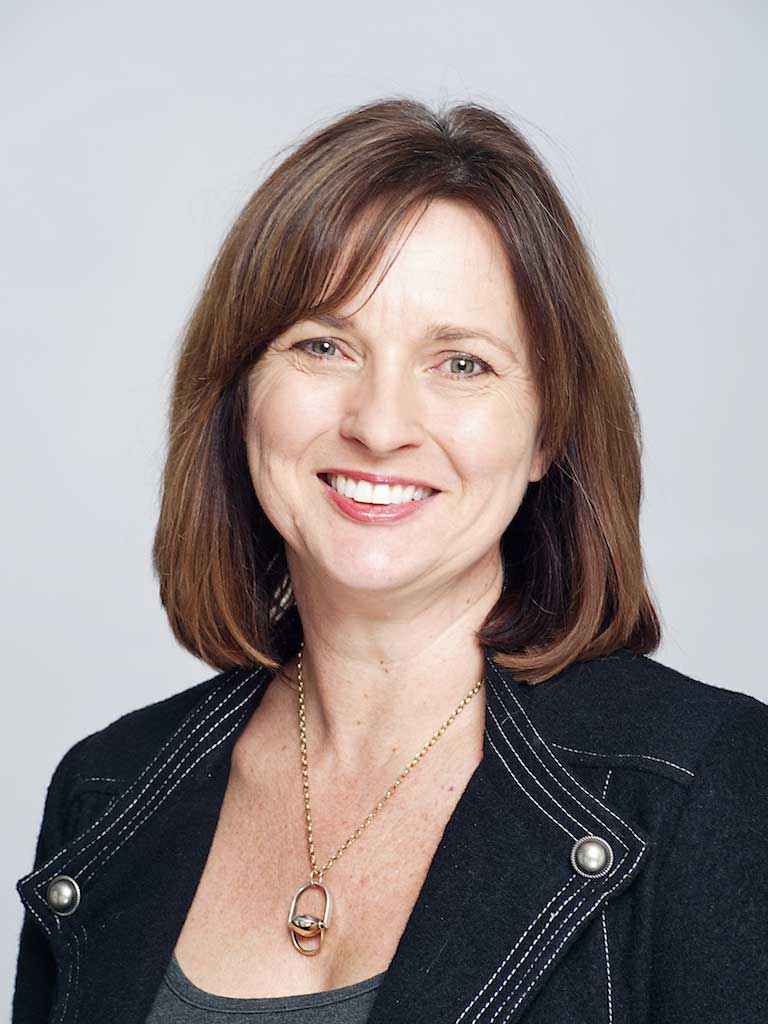 In October 2013 at a lively ceremony held at Gleebooks, David Malouf named Michelle Michau-Crawford’s ‘Leaving Elvis’ as the overall winner of the 2013 ABR Elizabeth Jolley Short Story Prize. The first prize is worth $5000. The judges – Tony Birch, Maria Takolander, and Terri-ann White – could not split the other two shortlisted stories, Rebekah Clarkson’s ‘The Five Truths of Manhood’ and Kim Mahood’s ‘The Accident’; each author receives $1500.
In October 2013 at a lively ceremony held at Gleebooks, David Malouf named Michelle Michau-Crawford’s ‘Leaving Elvis’ as the overall winner of the 2013 ABR Elizabeth Jolley Short Story Prize. The first prize is worth $5000. The judges – Tony Birch, Maria Takolander, and Terri-ann White – could not split the other two shortlisted stories, Rebekah Clarkson’s ‘The Five Truths of Manhood’ and Kim Mahood’s ‘The Accident’; each author receives $1500.
In 2013, ABR also held a Readers’ Choice Award. Readers were invited to choose their favourite out of the three shortlisted stories. They voted Rebekah Clarkson’s ‘The Five Truths of Manhood’ as their favourite.
2012
Sue Hurley: ‘Patterns in Nature’
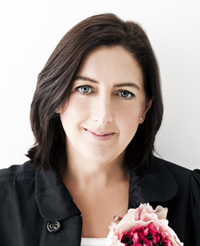 Sue Hurley won the 2012 ABR Elizabeth Jolley Short Story Prize for her story ‘Patterns in Nature’. Hurley received $5000 for her winning story, which was drawn from a large field of more than 1300 entries. Jack Cox was placed second with ‘Gorgeous Perambulator’, and Ngiare Elliot third with ‘Tended by Foxes’. They received $2000 and $1000, respectively. ABR and the judges congratulate all three authors for their outstanding contributions. The judges on this occasion were Peter Rose, Gregory Day (a winner of the 2011 Jolley Prize), and Maria Takolander (winner in 2010).
Sue Hurley won the 2012 ABR Elizabeth Jolley Short Story Prize for her story ‘Patterns in Nature’. Hurley received $5000 for her winning story, which was drawn from a large field of more than 1300 entries. Jack Cox was placed second with ‘Gorgeous Perambulator’, and Ngiare Elliot third with ‘Tended by Foxes’. They received $2000 and $1000, respectively. ABR and the judges congratulate all three authors for their outstanding contributions. The judges on this occasion were Peter Rose, Gregory Day (a winner of the 2011 Jolley Prize), and Maria Takolander (winner in 2010).
2011
Carrie Tiffany: ‘Before He Left the Family’
Gregory Day: ‘The Neighbour’s Beans’
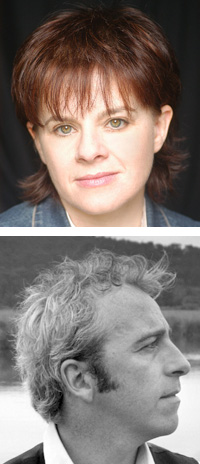 Carrie Tiffany (‘Before He Left the Family’) and Gregory Day (‘The Neighbour's Beans’) were the joint winners of the 2011 ABR Elizabeth Jolley Short Story Prize. They shared a first prize of $5000. Four stories were shortlisted, and Claire Aman (‘Milk Tray’) and Gaylene Carbis (‘What’s Richard Ford Got to Do With It?’) both received $1000. The judges on this occasion were Tony Birch (author of Blood), Mark Gomes (then-Deputy Editor of ABR), and Terri-ann White (Director of UWA Publishing). All four stories were published in the special Fiction-themed October 2011 issue of ABR.
Carrie Tiffany (‘Before He Left the Family’) and Gregory Day (‘The Neighbour's Beans’) were the joint winners of the 2011 ABR Elizabeth Jolley Short Story Prize. They shared a first prize of $5000. Four stories were shortlisted, and Claire Aman (‘Milk Tray’) and Gaylene Carbis (‘What’s Richard Ford Got to Do With It?’) both received $1000. The judges on this occasion were Tony Birch (author of Blood), Mark Gomes (then-Deputy Editor of ABR), and Terri-ann White (Director of UWA Publishing). All four stories were published in the special Fiction-themed October 2011 issue of ABR.
Four stories were commended in the 2011 Jolley Prize. They were: ‘Russell Drysdale's Trousers’ by Catherine Moffat, ‘Nitrogen’ by Meg Mundell, ‘Bad Luck’ by Rose Lane, and ‘A Body of Water’ by Else Fitzgerald.
2010
Maria Takolander: ‘A Roānkin Philosophy of Poetry’
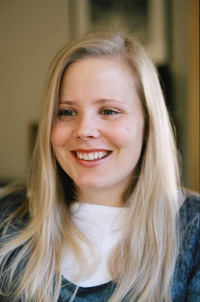 Maria Takolander won the inaugural Australian Book Review Short Story Competition. She received $2000. The judges – Chris Flynn and Peter Rose (Editor of ABR) – were impressed, and amused, by ‘A Roānkin Philosophy of Poetry’, an artful take on academic intrigue and absurdism. Maria Takolander’s story appeared in the December 2010–January 2011 issue of ABR. Placed second was Cate Kennedy for ‘Sleepers’ ($500 prize).
Maria Takolander won the inaugural Australian Book Review Short Story Competition. She received $2000. The judges – Chris Flynn and Peter Rose (Editor of ABR) – were impressed, and amused, by ‘A Roānkin Philosophy of Poetry’, an artful take on academic intrigue and absurdism. Maria Takolander’s story appeared in the December 2010–January 2011 issue of ABR. Placed second was Cate Kennedy for ‘Sleepers’ ($500 prize).
In 2010, ABR also held a Readers’ Choice Award. Readers were invited to choose their favourite out of the seven stories shortlisted. They voted Josephine Rowe's ‘Suitable for a Lampshade’ as their favourite, which was published in the February 2011 issue. The other shortlisted stories were: ‘The Virus - Travel Notes’ by David Cohen, ‘Angus's Playground’ by S.J. Finn, ‘Honey’ by Erin Gough, and ‘The Body’ by Joan Phillip.


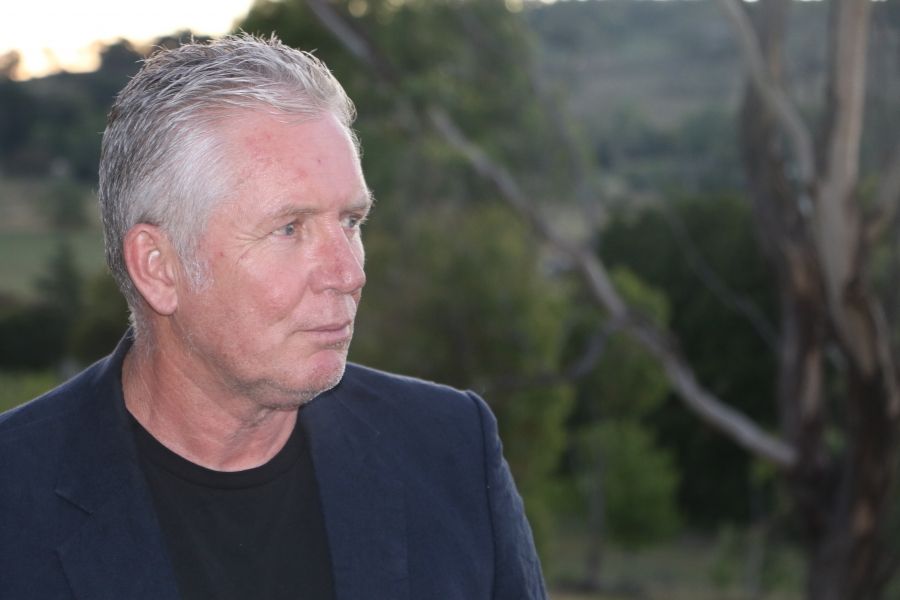
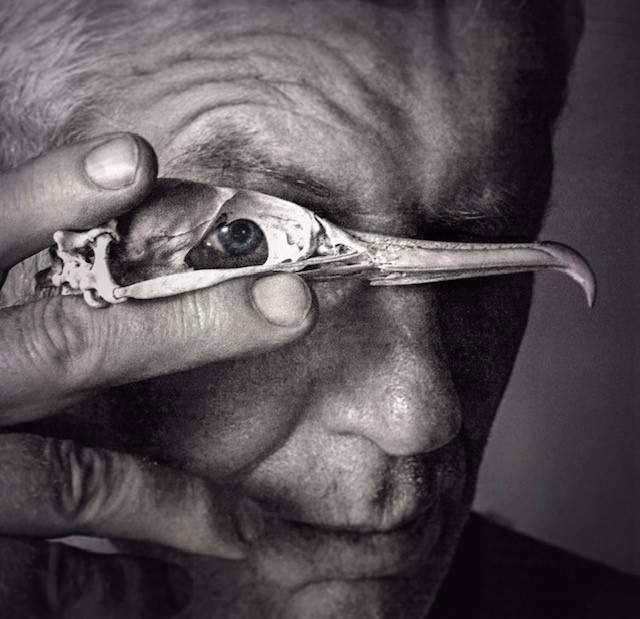
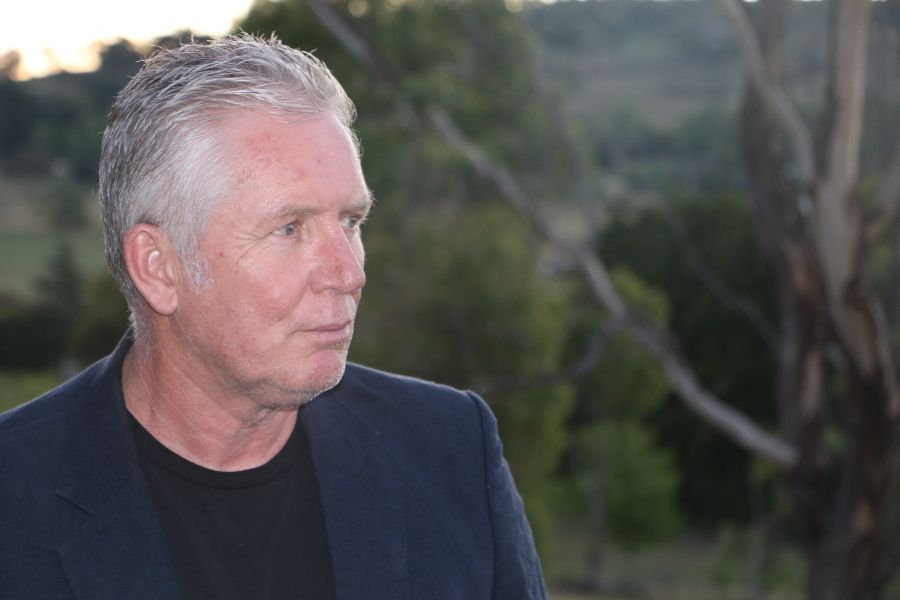
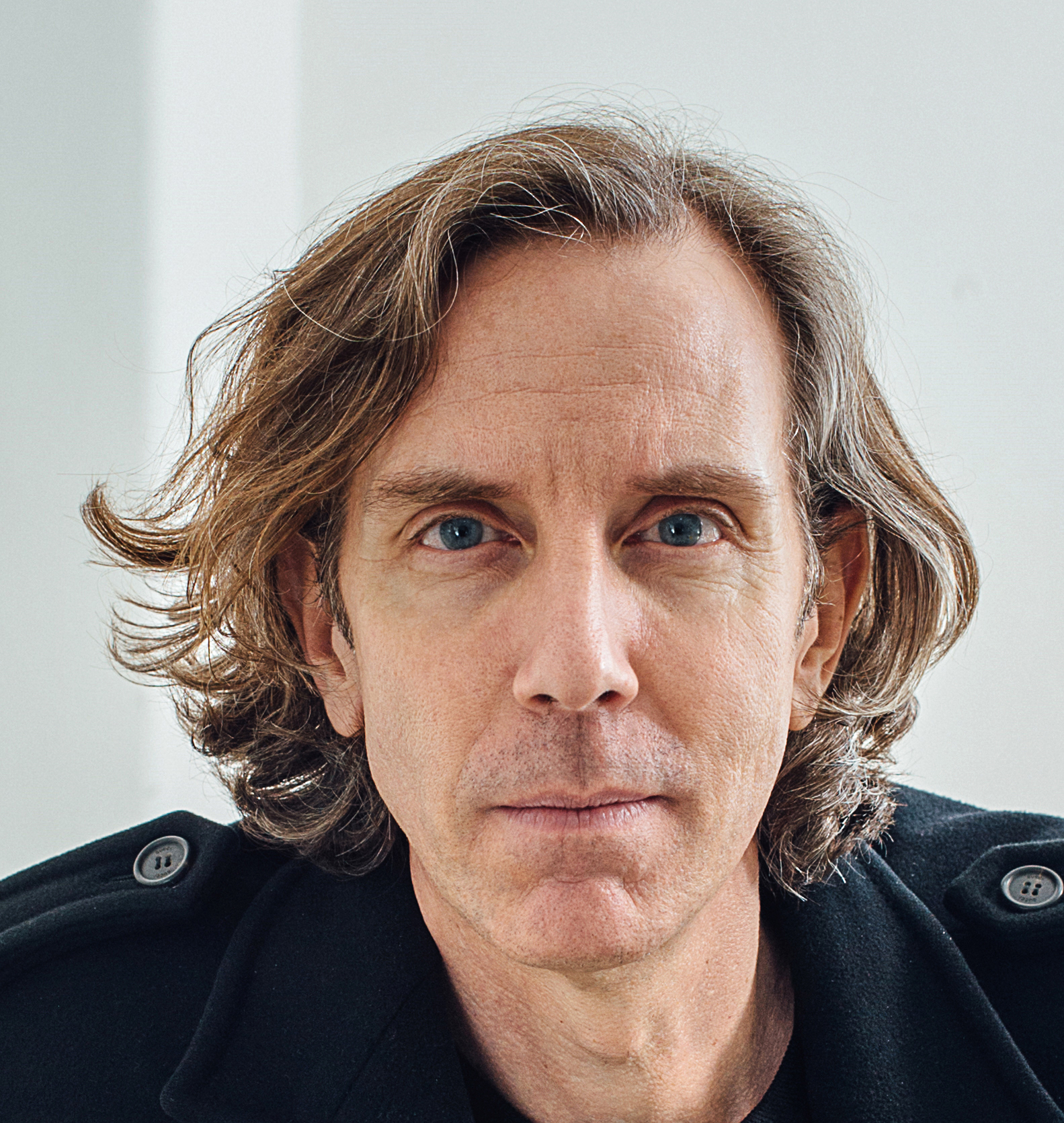
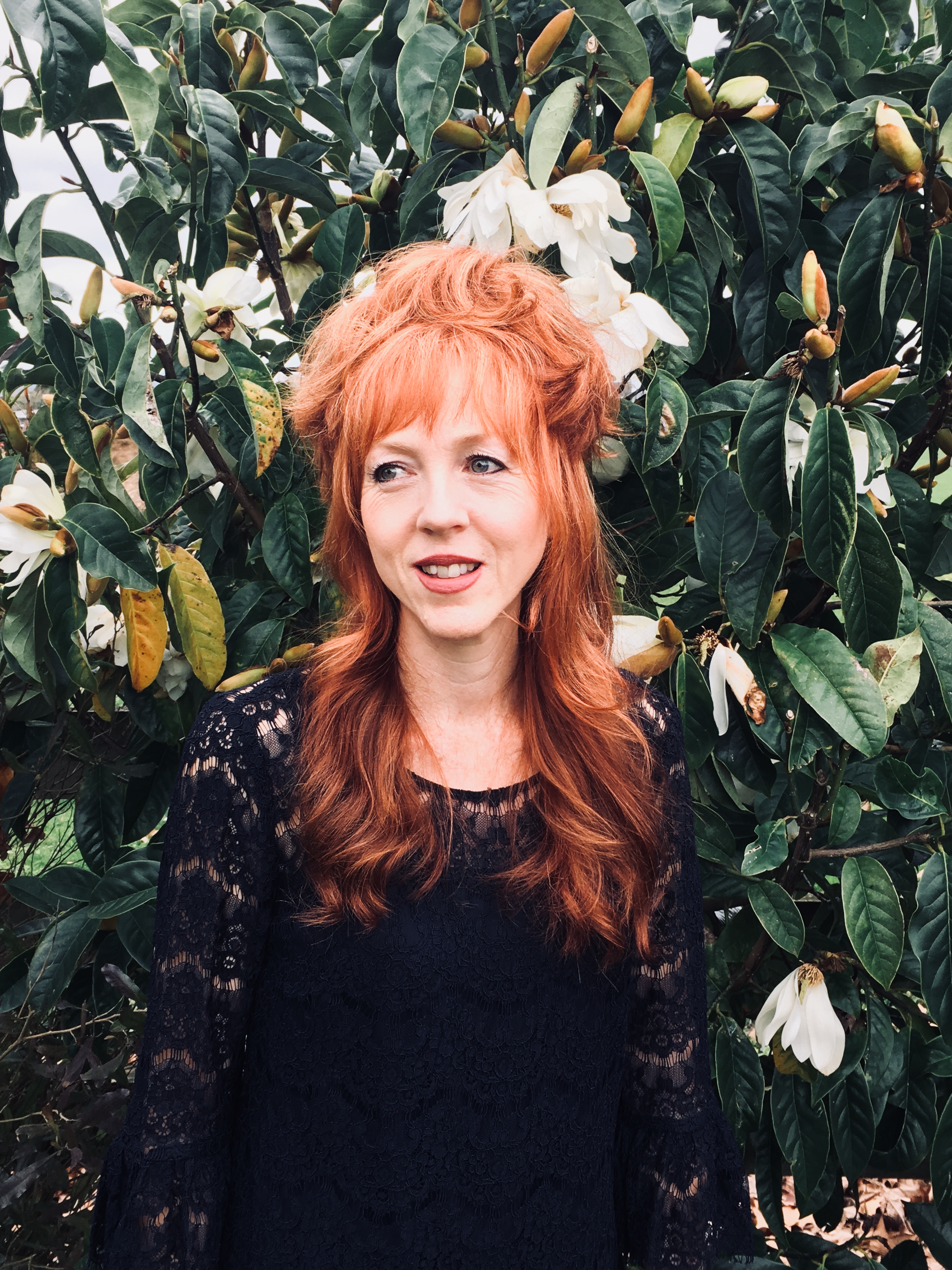
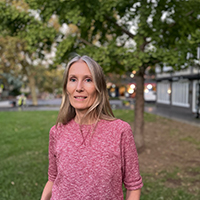
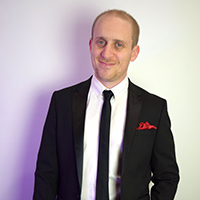
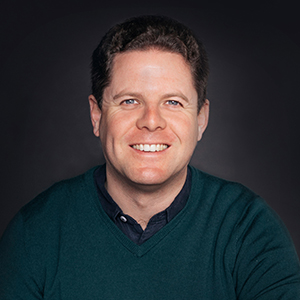
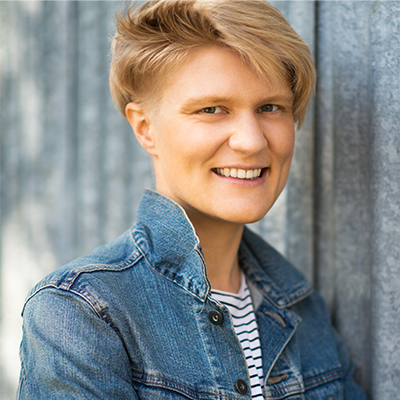
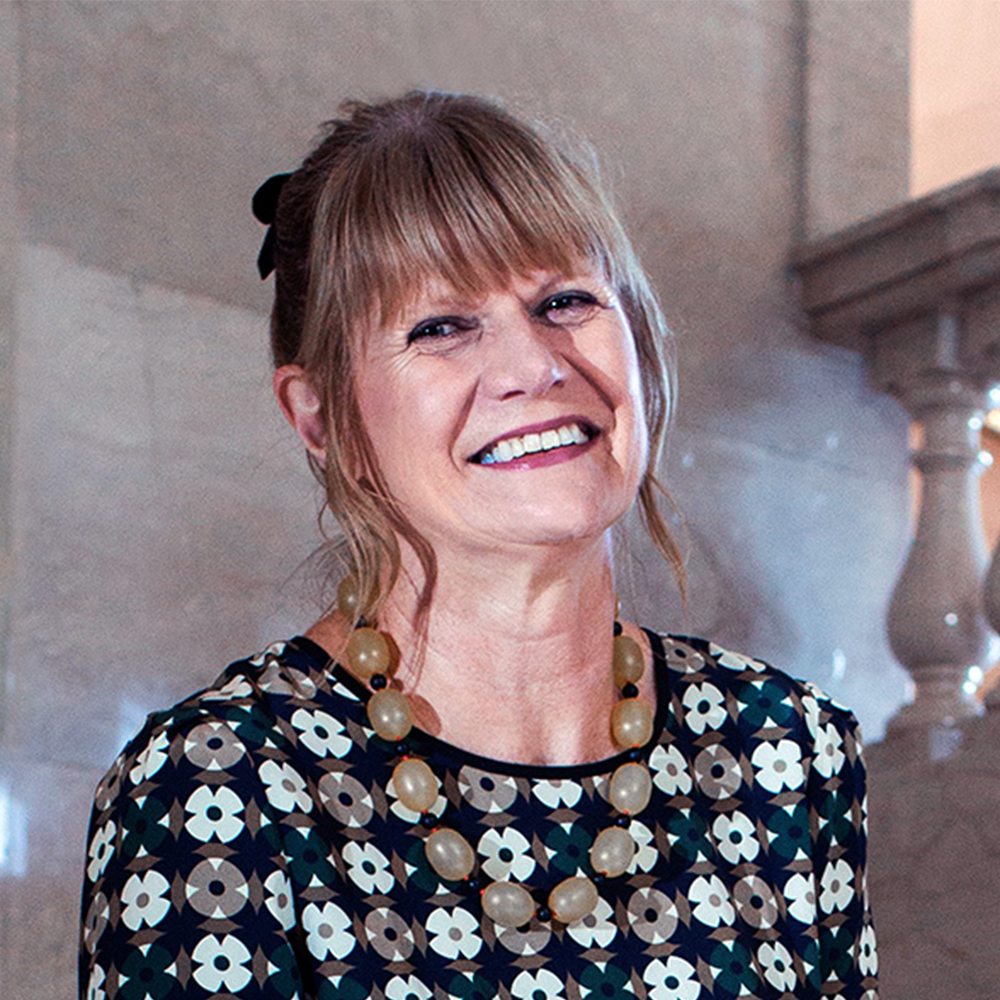

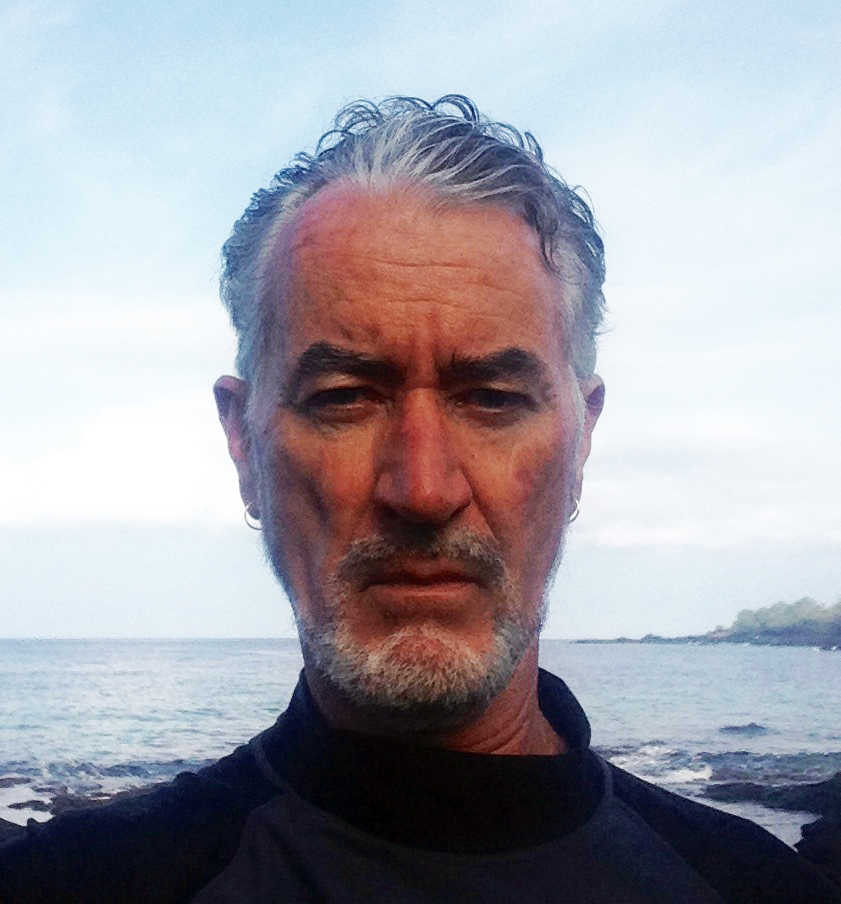
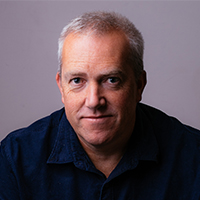
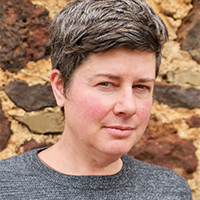
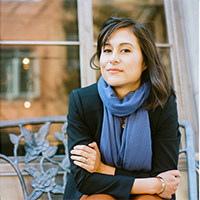
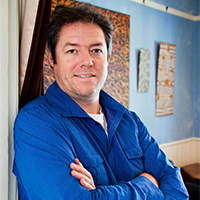
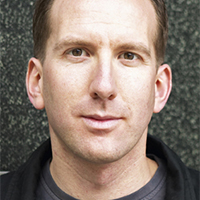

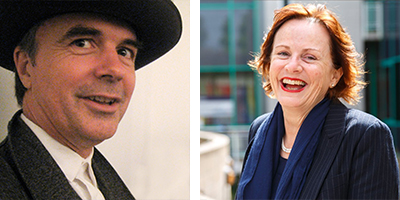
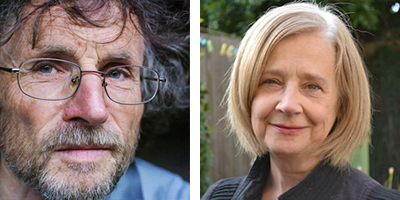

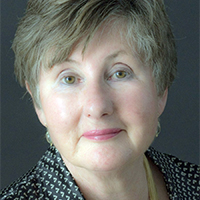
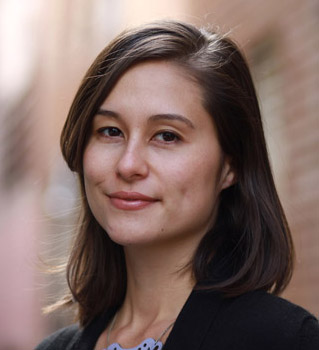
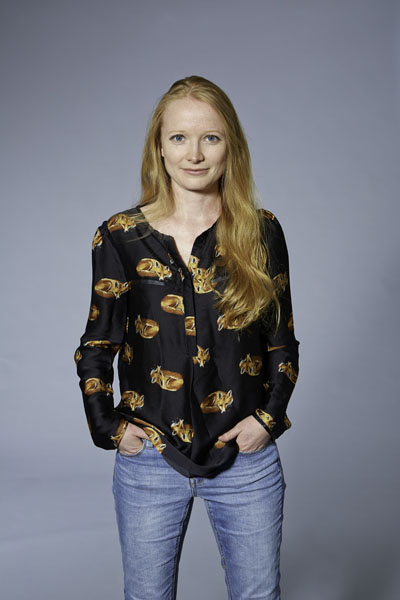 Australian Book Review is delighted to announce that Jessica L. Wilkinson has won the 2014 ABR Peter Porter Poetry Prize for her poem ‘
Australian Book Review is delighted to announce that Jessica L. Wilkinson has won the 2014 ABR Peter Porter Poetry Prize for her poem ‘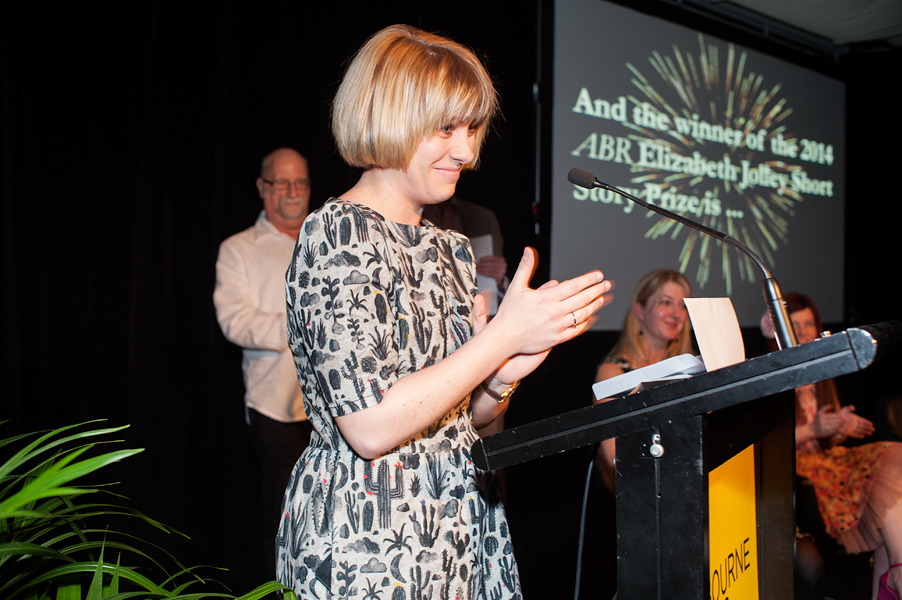
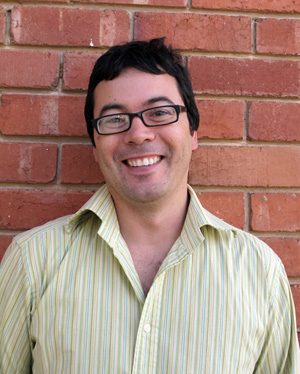
 READ ‘What is Australia Anyway?: The Glorious Limitations of the Miles Franklin Literary Award’
READ ‘What is Australia Anyway?: The Glorious Limitations of the Miles Franklin Literary Award’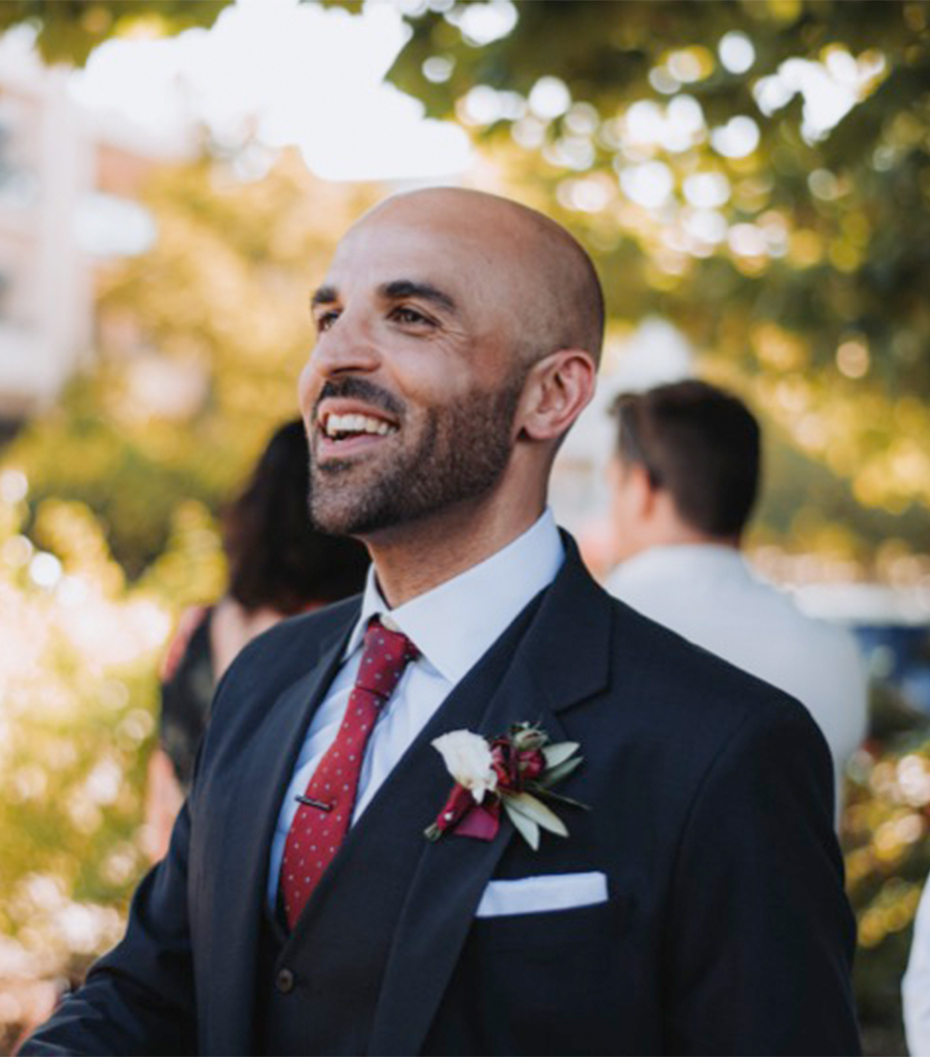
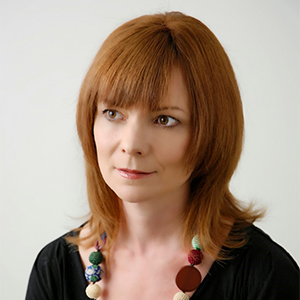
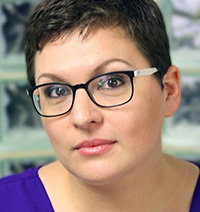
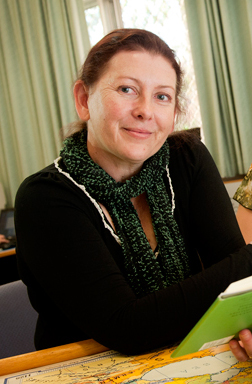
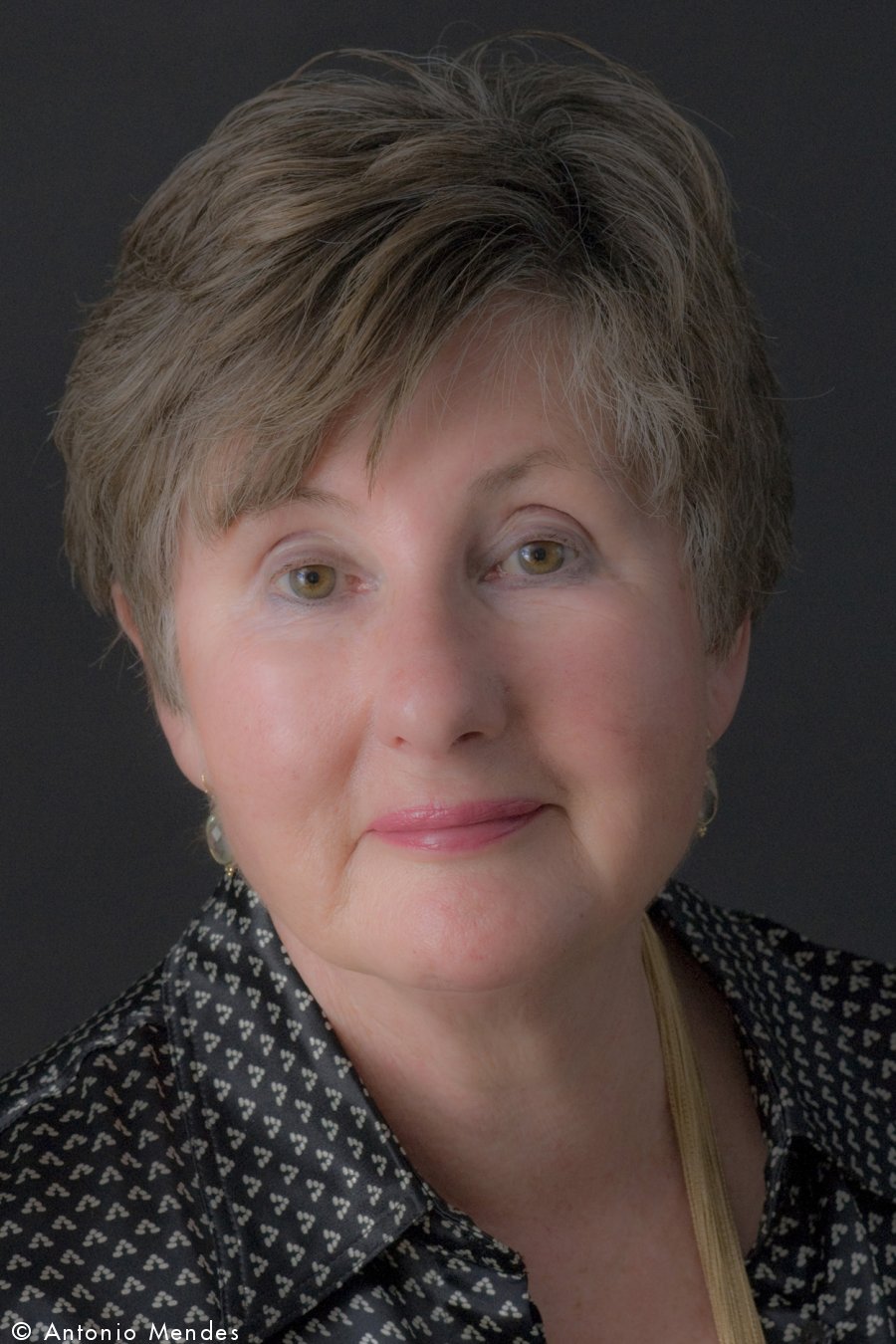 Elisabeth Holdsworth is the 2017 ABR RAFT Fellow. Her essay '
Elisabeth Holdsworth is the 2017 ABR RAFT Fellow. Her essay '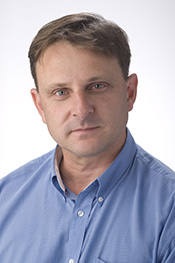 Adelaide novelist and essayist Stephen Orr is the 2017 ABR Eucalypt Fellow. Stephen Orr’s essay '
Adelaide novelist and essayist Stephen Orr is the 2017 ABR Eucalypt Fellow. Stephen Orr’s essay '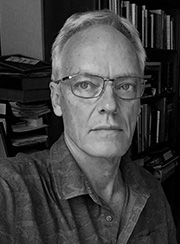 Philip Jones is the ABR Patrons’ Fellow. His essay titled ‘
Philip Jones is the ABR Patrons’ Fellow. His essay titled ‘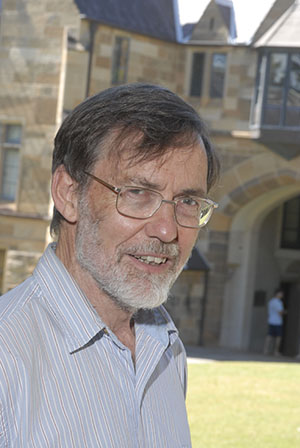 Alan Atkinson, one of Australia's most distinguished and lauded historians, is the recipient of the inaugural ABR RAFT Fellowship. The Fellowship is funded by the Religious Advancement Foundation Trust and is intended to consider the role and significance of religion in society and culture. Alan Atkinson's essay, '
Alan Atkinson, one of Australia's most distinguished and lauded historians, is the recipient of the inaugural ABR RAFT Fellowship. The Fellowship is funded by the Religious Advancement Foundation Trust and is intended to consider the role and significance of religion in society and culture. Alan Atkinson's essay, '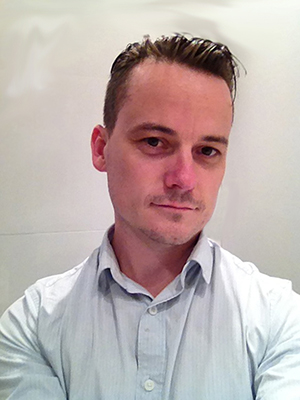 Sydney poet Michael Aiken was the inaugural ABR Laureate's Fellow, chosen by ABR Laureate David Malouf. Michael Aiken used his Fellowship to write an extended narrative poem in the epic tradition. Entitled '
Sydney poet Michael Aiken was the inaugural ABR Laureate's Fellow, chosen by ABR Laureate David Malouf. Michael Aiken used his Fellowship to write an extended narrative poem in the epic tradition. Entitled '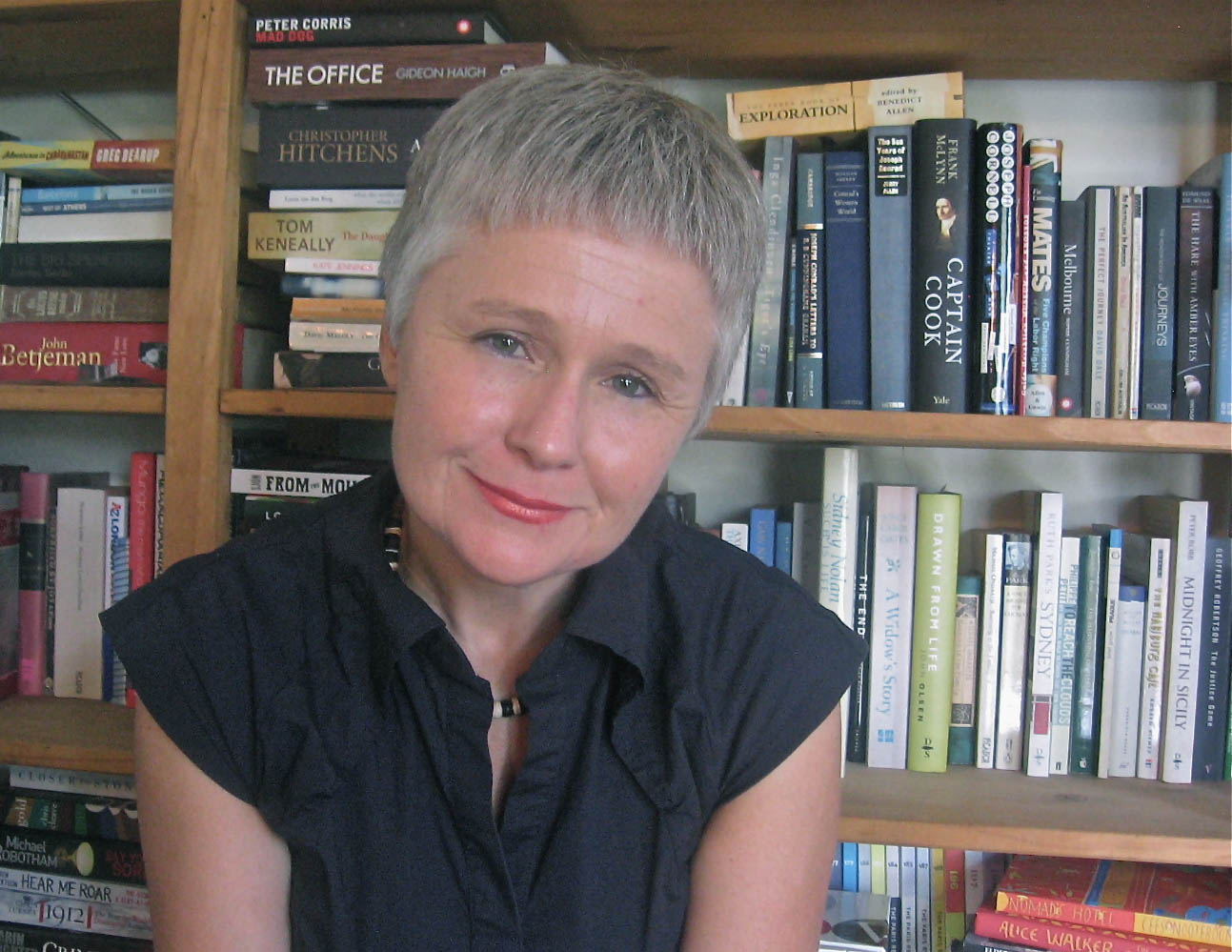 Award-winning author Ashley Hay is the 2015 ABR
Award-winning author Ashley Hay is the 2015 ABR 
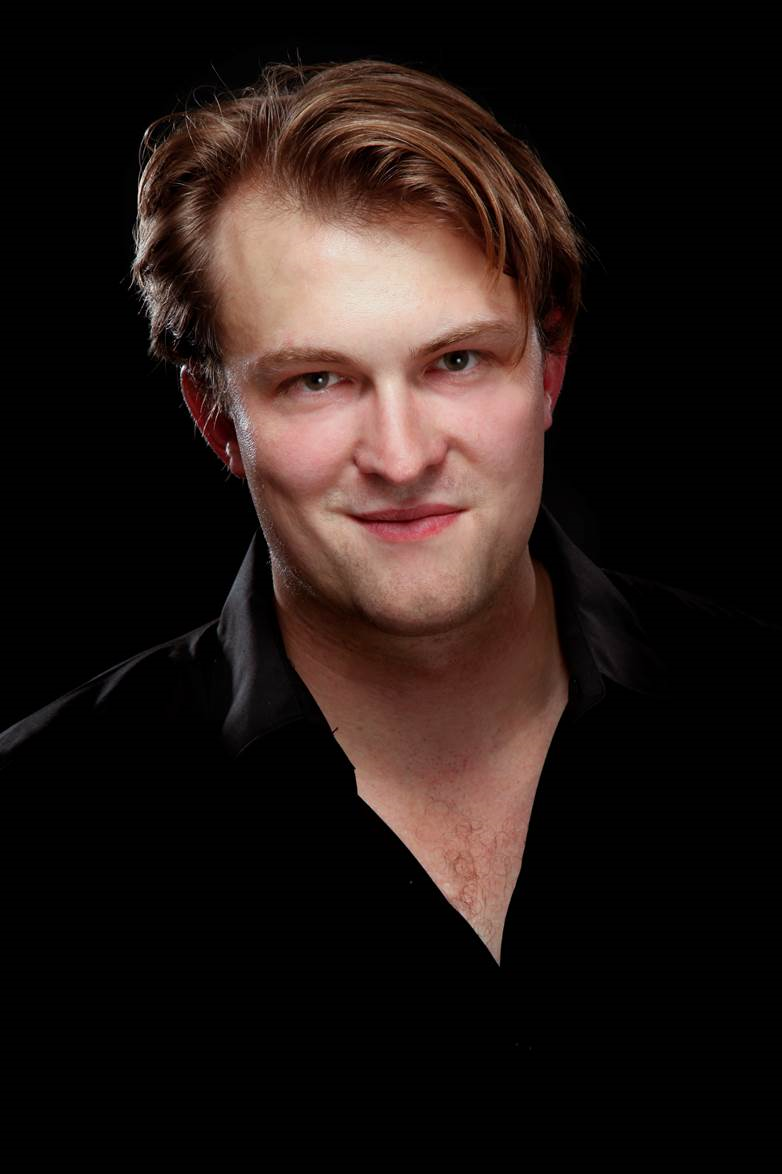
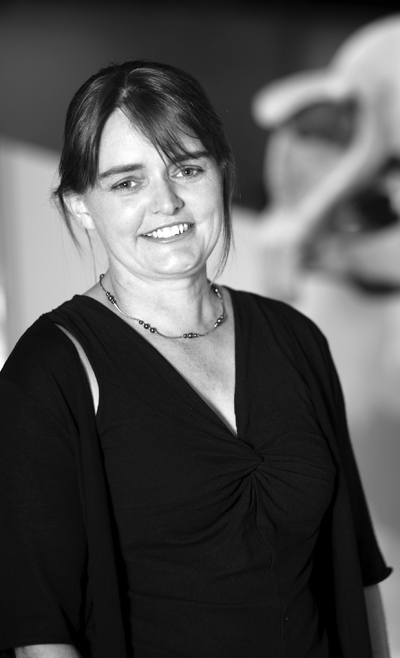
 The second ABR Ian Potter Foundation Fellowship was for a substantial article on any aspect of the performing arts. Andrew Fuhrmann was appointed in May 2013 and his article ‘
The second ABR Ian Potter Foundation Fellowship was for a substantial article on any aspect of the performing arts. Andrew Fuhrmann was appointed in May 2013 and his article ‘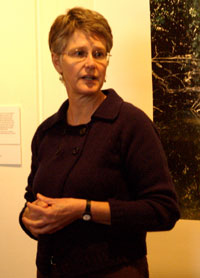 The ABR George Hicks Foundation Fellowship was for a substantial article with a focus on the visual arts. Helen Ennis was the seventh fellow and her article (‘
The ABR George Hicks Foundation Fellowship was for a substantial article with a focus on the visual arts. Helen Ennis was the seventh fellow and her article (‘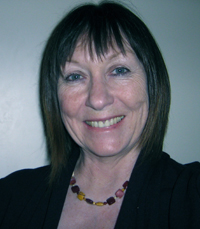 The ABR Ian Potter Foundation Fellowship was for a substantial article with a literary studies focus. Kerryn Goldsworthy was the sixth Fellow. Goldsworthy is a former Editor of ABR and one of Australia’s most prolific and respected critics. In her article, titled
The ABR Ian Potter Foundation Fellowship was for a substantial article with a literary studies focus. Kerryn Goldsworthy was the sixth Fellow. Goldsworthy is a former Editor of ABR and one of Australia’s most prolific and respected critics. In her article, titled 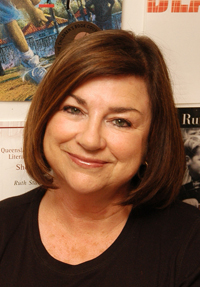 The second ABR Patrons’ Fellowship was for a substantial article with a film, media, or TV focus. Ruth Starke was the fifth Fellow. Starke’s project, titled ‘
The second ABR Patrons’ Fellowship was for a substantial article with a film, media, or TV focus. Ruth Starke was the fifth Fellow. Starke’s project, titled ‘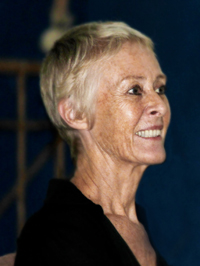 The ABR Copyright Agency Fellowship was part of ABR’s Asian project, with the generous support of Copyright Agency through its Cultural Fund. Jennifer Lindsay was the fourth Fellow. Lindsay wrote a profile of the Indonesian writer Goenawan Mohamad – activist, journalist, editor, essayist, poet, commentator, theatre director, and playwright – whose essays she has been translating for two decades. The profile, '
The ABR Copyright Agency Fellowship was part of ABR’s Asian project, with the generous support of Copyright Agency through its Cultural Fund. Jennifer Lindsay was the fourth Fellow. Lindsay wrote a profile of the Indonesian writer Goenawan Mohamad – activist, journalist, editor, essayist, poet, commentator, theatre director, and playwright – whose essays she has been translating for two decades. The profile, '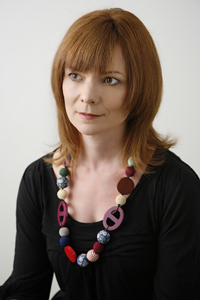 This ABR Sidney Myer Fund Fellowship was for a substantial article with an Indigenous focus. Felicity Plunkett was the third Fellow. Her project was titled
This ABR Sidney Myer Fund Fellowship was for a substantial article with an Indigenous focus. Felicity Plunkett was the third Fellow. Her project was titled 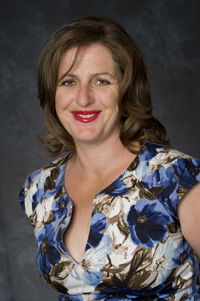 This ABR Sidney Myer Fund Fellowship was for a substantial article with a literary studies focus. Rachel Buchanan was the second Fellow. She is a lecturer in Journalism at La Trobe University, Melbourne, holds a Phd in History from Monash University, and has worked as a journalist for The Age. She is the author of The Parihaka Album: Lest We Forget (2009).
This ABR Sidney Myer Fund Fellowship was for a substantial article with a literary studies focus. Rachel Buchanan was the second Fellow. She is a lecturer in Journalism at La Trobe University, Melbourne, holds a Phd in History from Monash University, and has worked as a journalist for The Age. She is the author of The Parihaka Album: Lest We Forget (2009).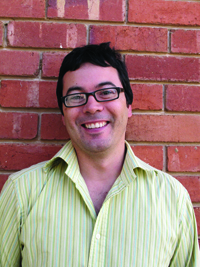 The first ABR Patrons’ Fellowship was for a substantial article with a literary studies focus. Patrick Allington was the inaugural Fellow. Allington’s project was a critique of the Miles Franklin (
The first ABR Patrons’ Fellowship was for a substantial article with a literary studies focus. Patrick Allington was the inaugural Fellow. Allington’s project was a critique of the Miles Franklin (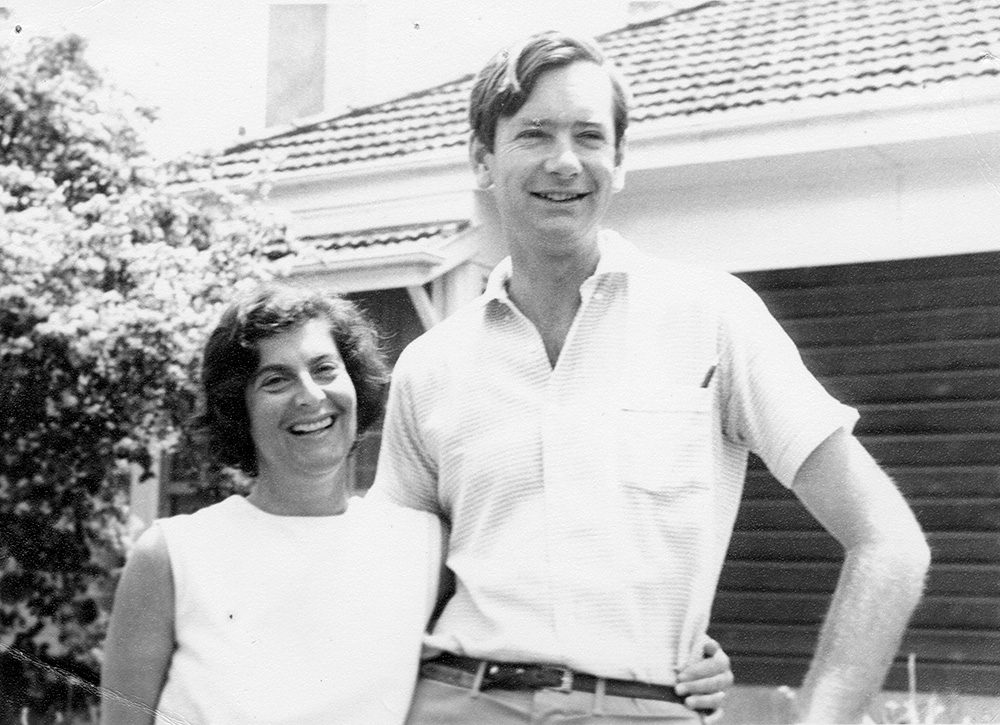
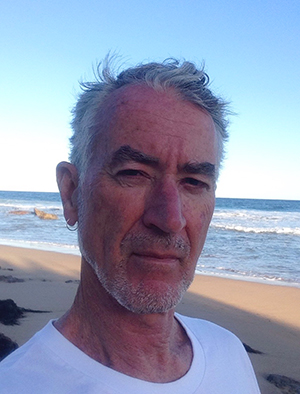
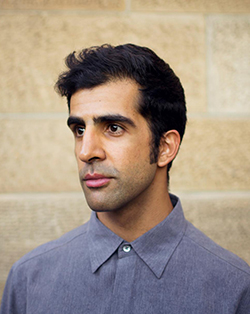

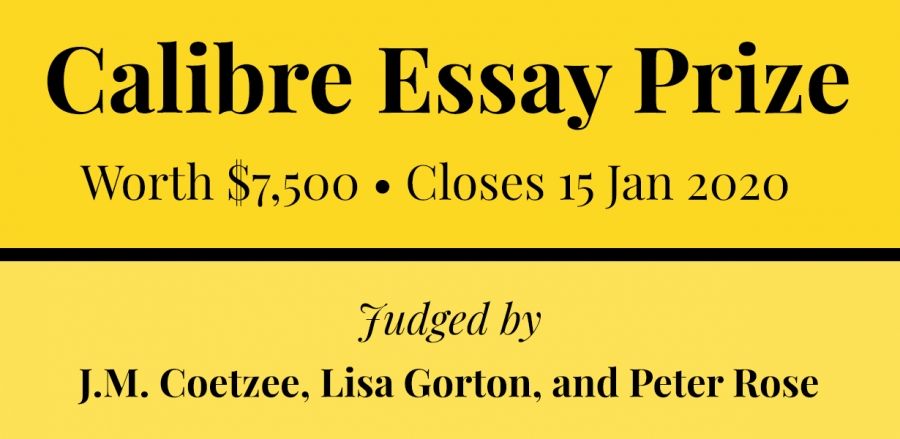
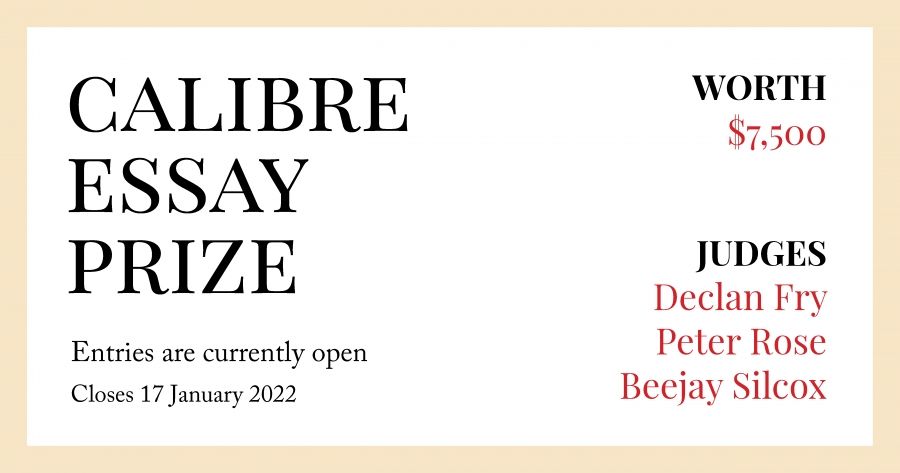
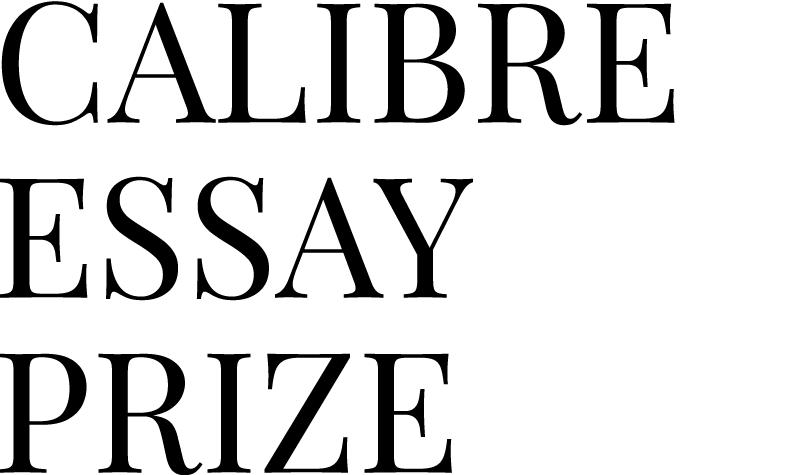
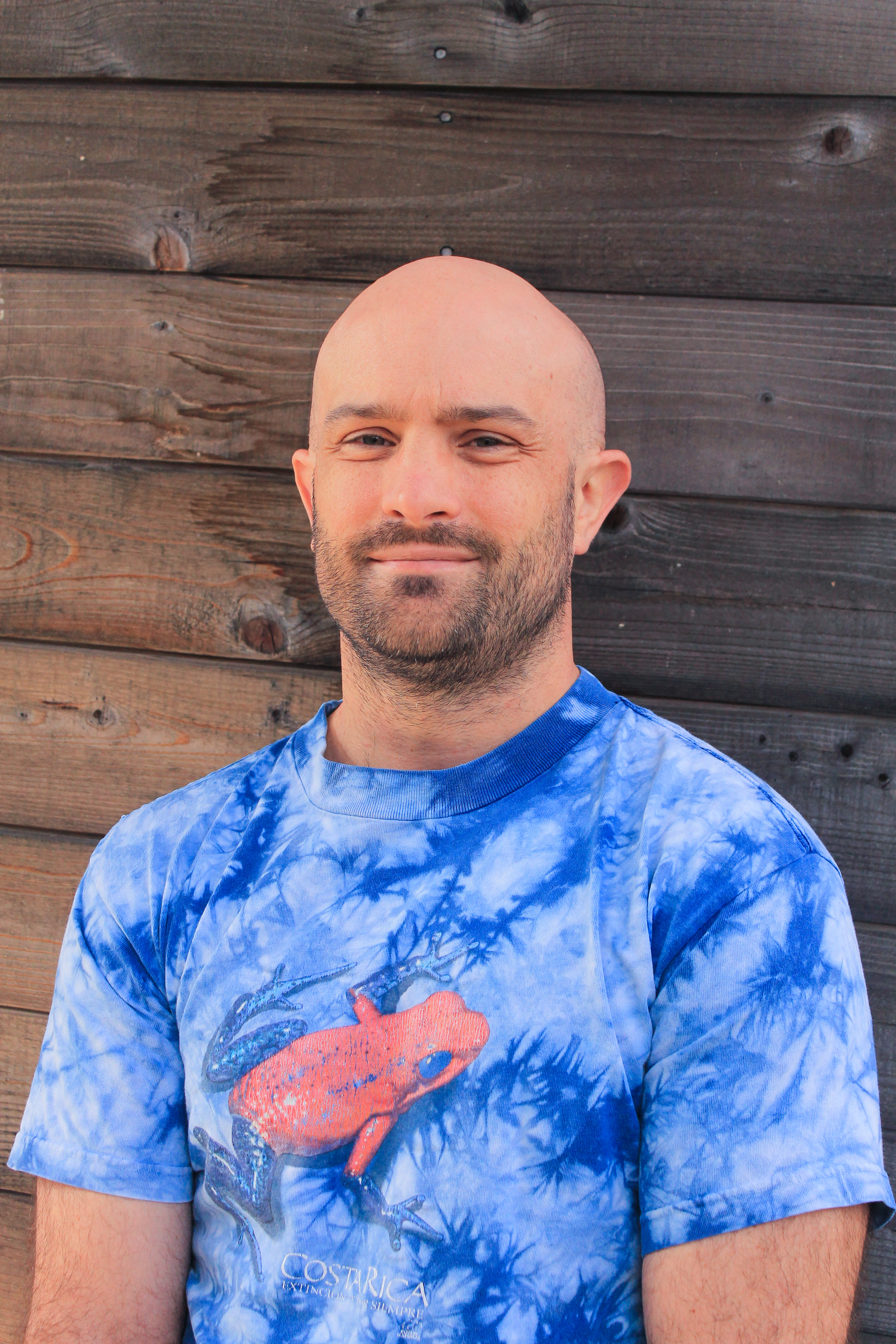
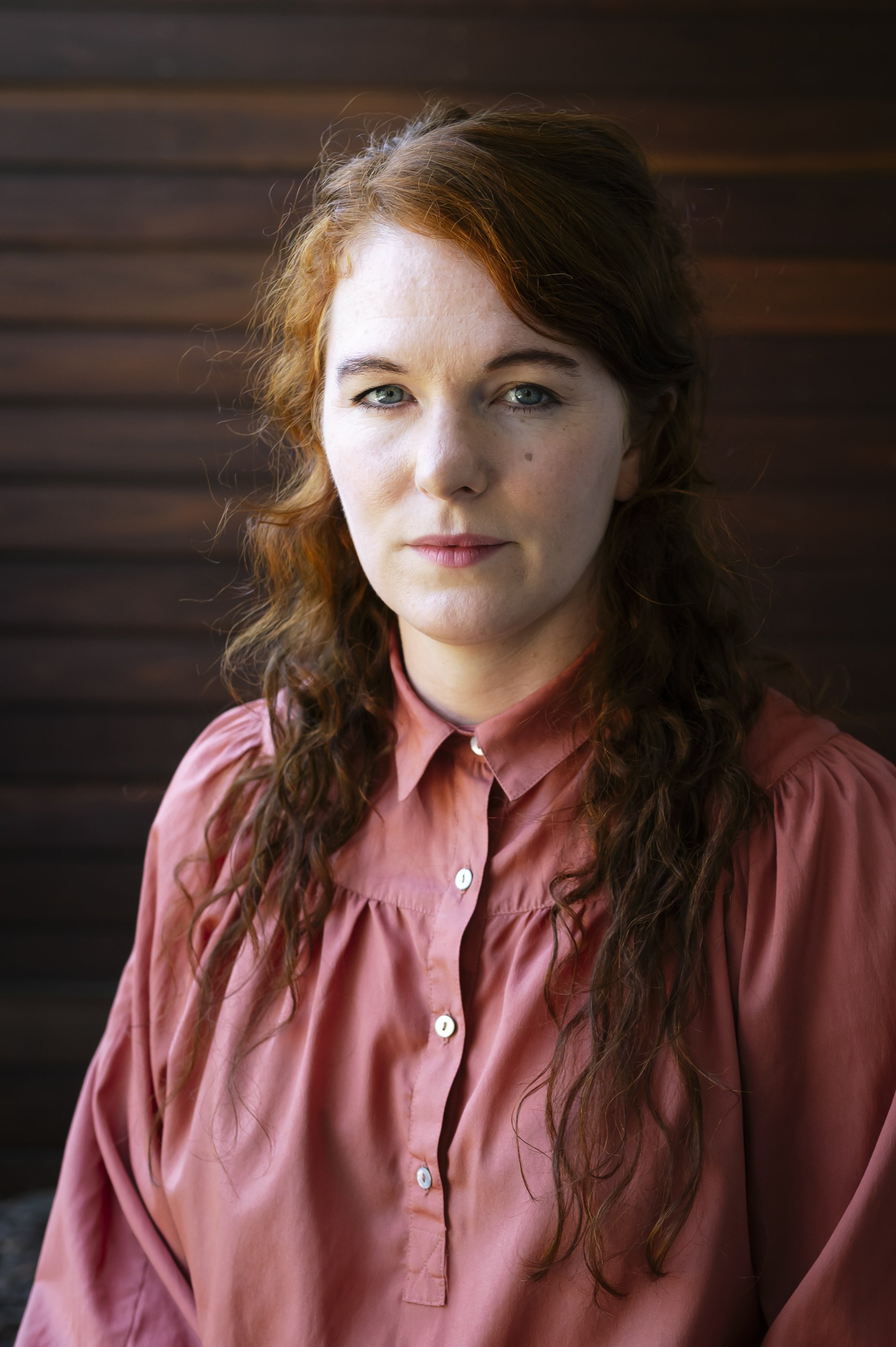

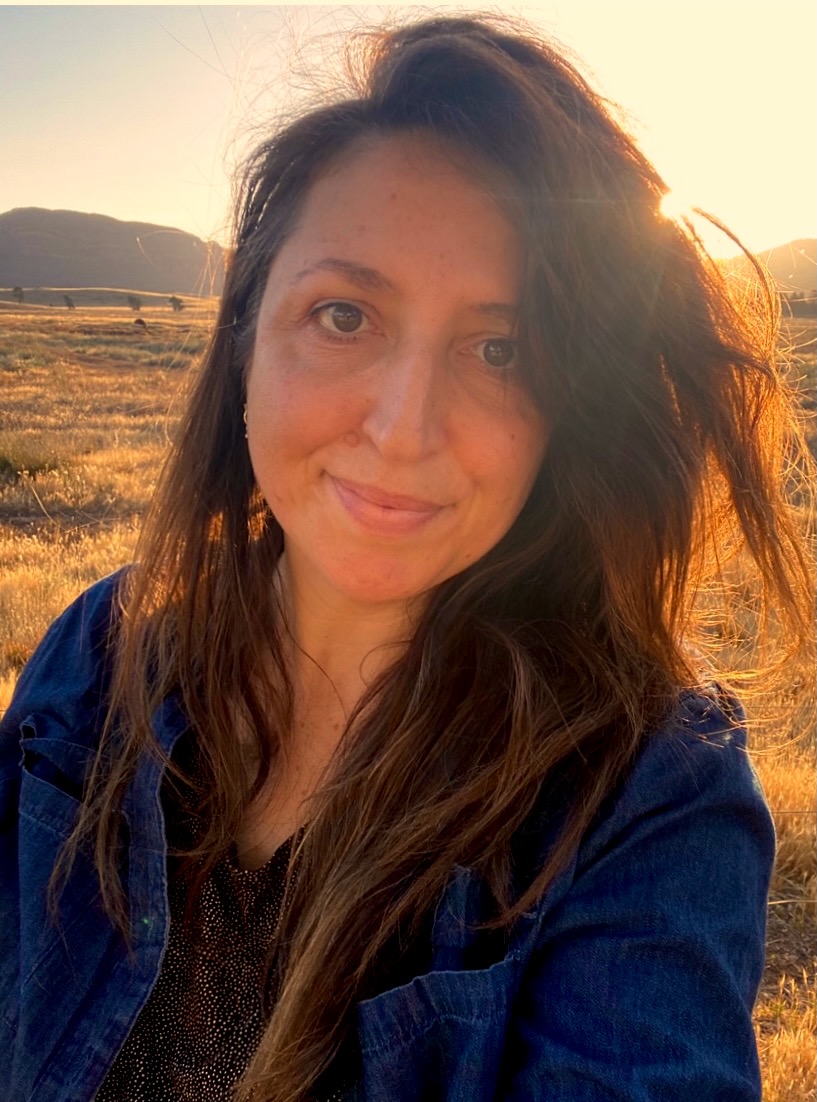
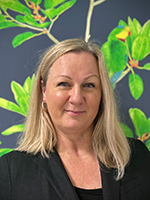

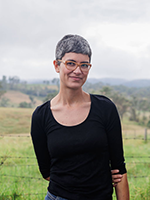
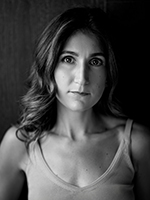
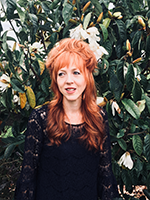

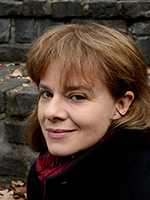
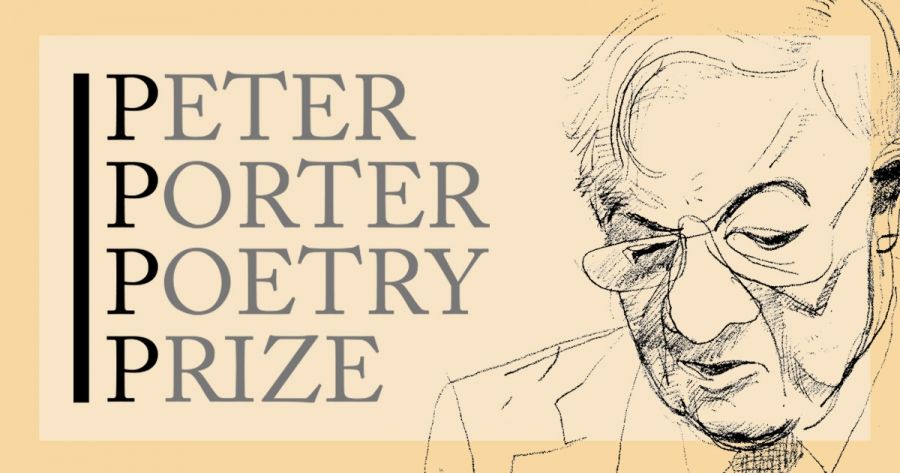
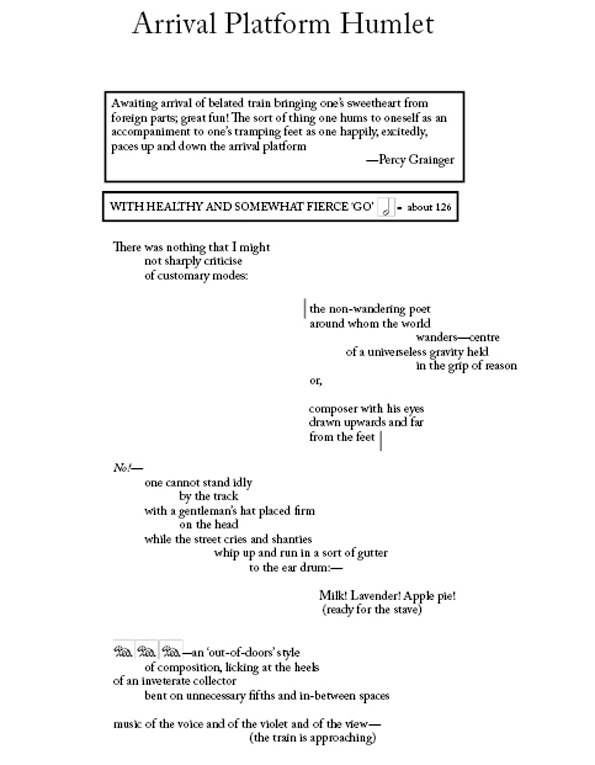
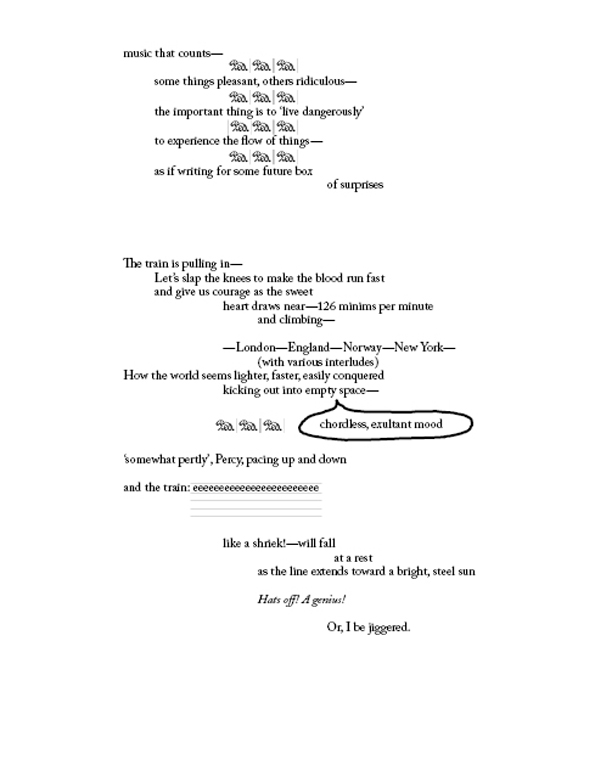
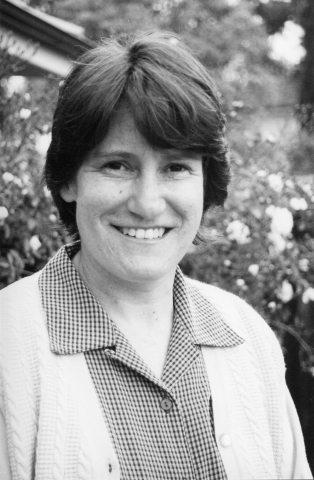
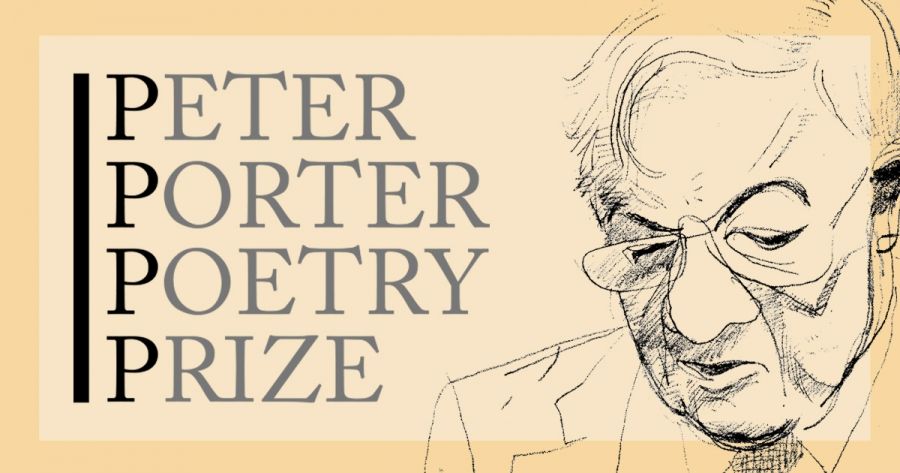
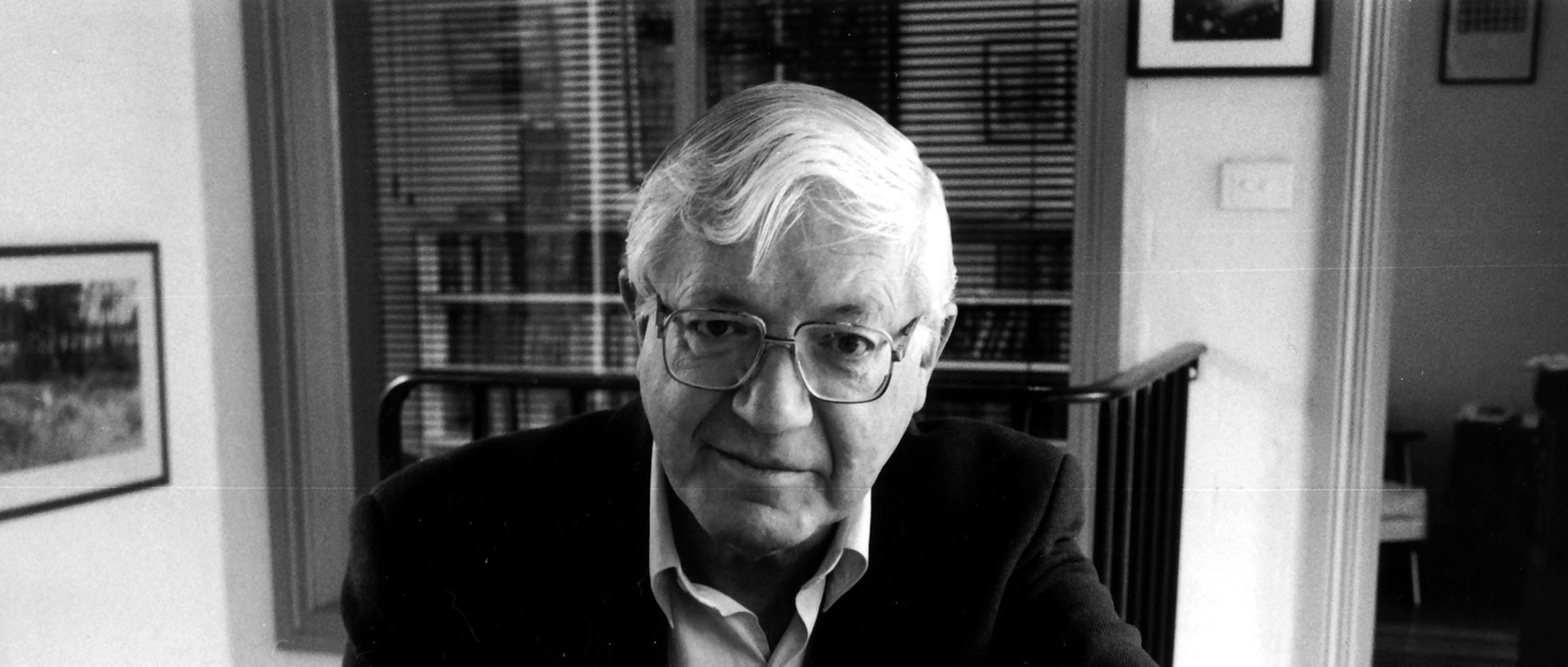
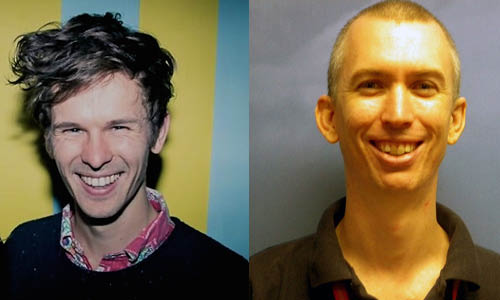
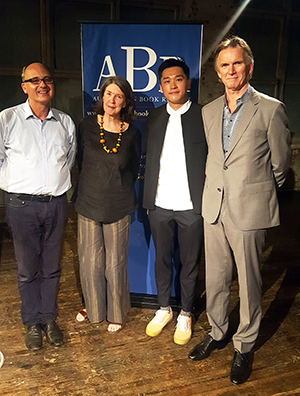
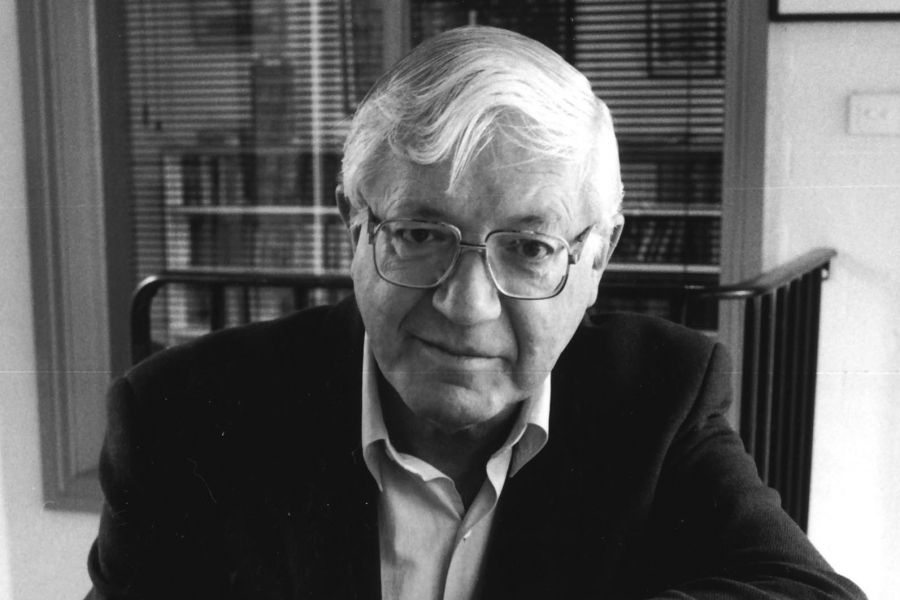
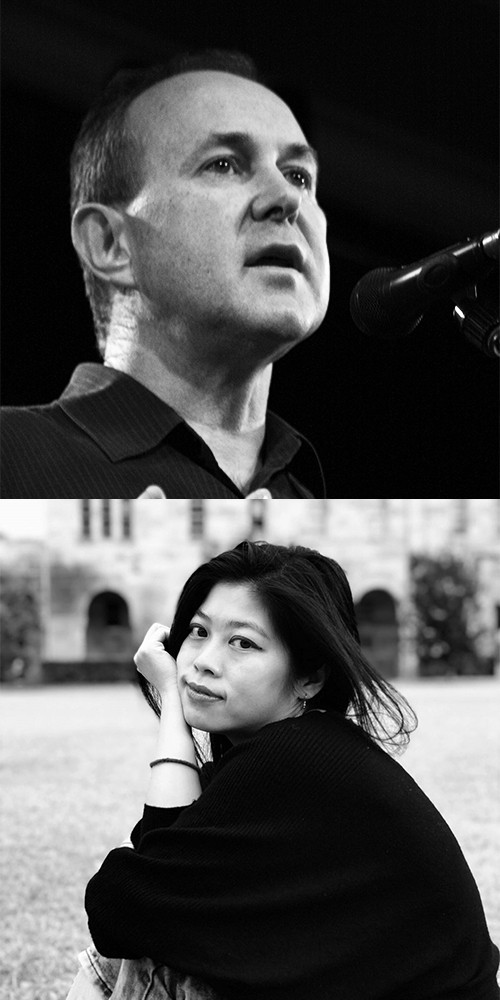
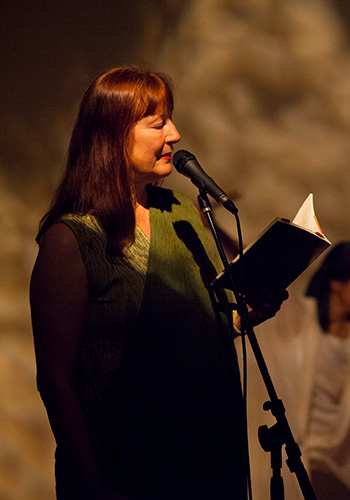
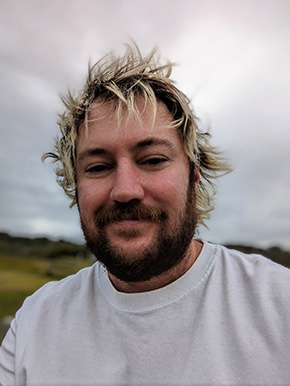

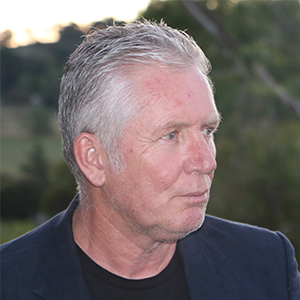
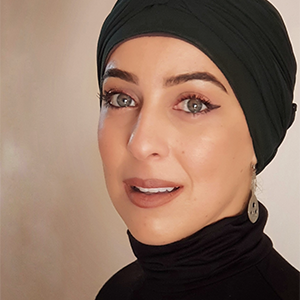
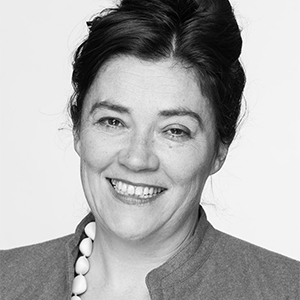
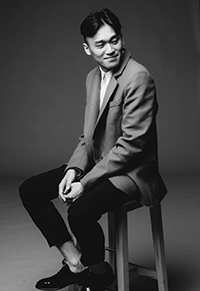
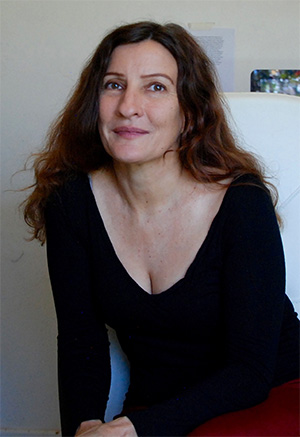
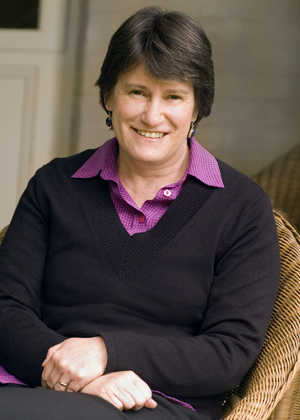
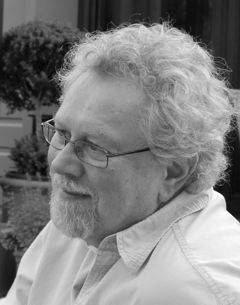

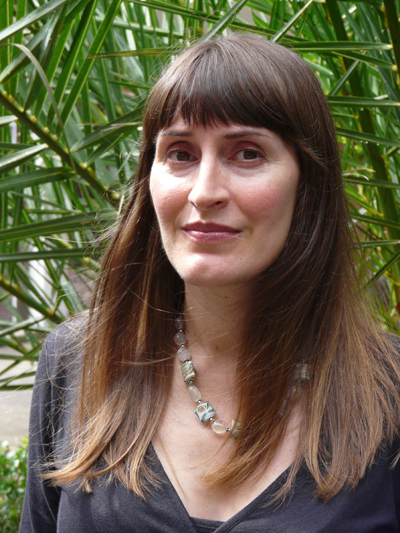
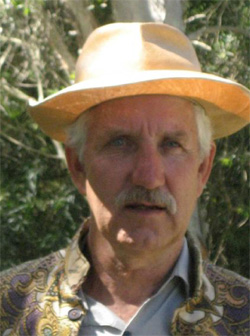
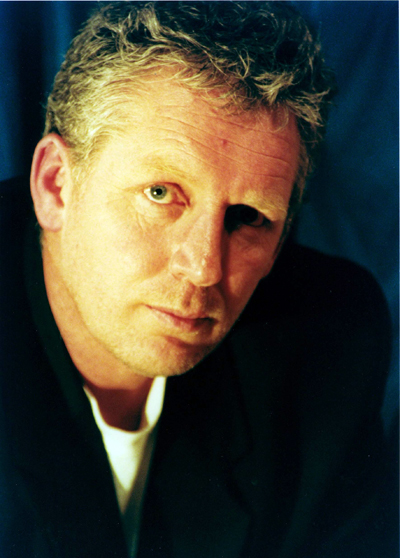
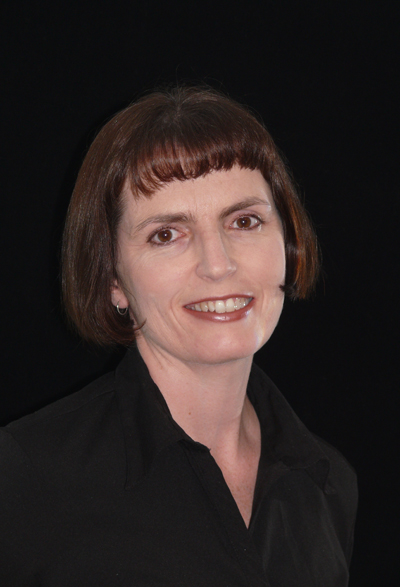

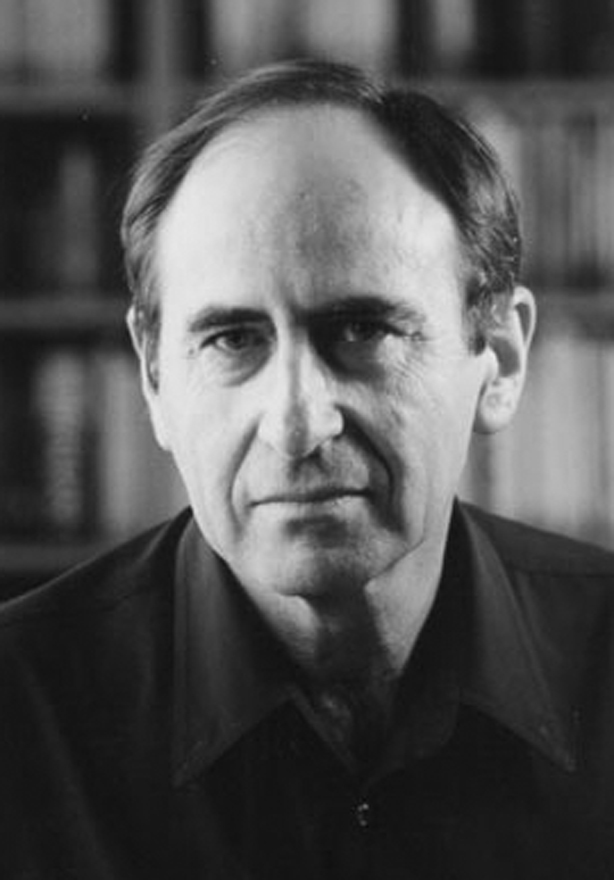
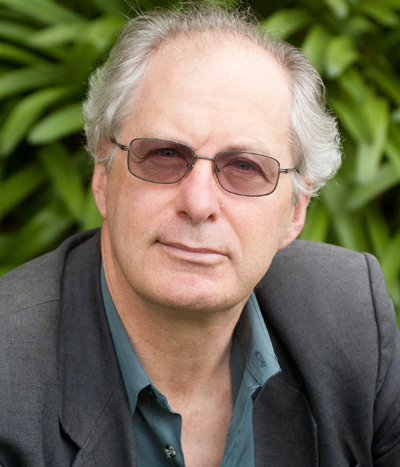
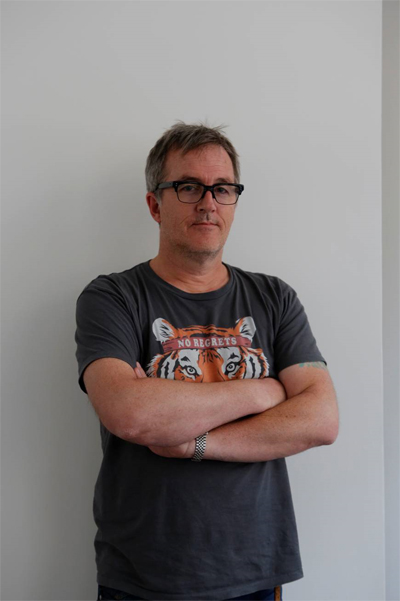
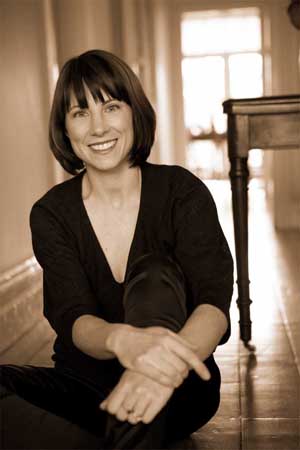 Lisa Gorton, who lives in Melbourne, became ABR’s Poetry Editor in October 2013. She studied at the Universities of Melbourne and Oxford. A Rhodes Scholar, she completed a Masters in Renaissance Literature and a Doctorate on John Donne at Oxford University. Her first poetry collection, Press Release (2007), won the Victorian Premier’s Prize for Poetry. Her 2013 poetry collection Hotel Hyperion (also Giramondo) was shortlisted for the Queensland Literary Awards. She was editor of The Best Australian Poems 2013 (Black Inc.). Her latest novel, The Life of Houses, was published in 2015.
Lisa Gorton, who lives in Melbourne, became ABR’s Poetry Editor in October 2013. She studied at the Universities of Melbourne and Oxford. A Rhodes Scholar, she completed a Masters in Renaissance Literature and a Doctorate on John Donne at Oxford University. Her first poetry collection, Press Release (2007), won the Victorian Premier’s Prize for Poetry. Her 2013 poetry collection Hotel Hyperion (also Giramondo) was shortlisted for the Queensland Literary Awards. She was editor of The Best Australian Poems 2013 (Black Inc.). Her latest novel, The Life of Houses, was published in 2015.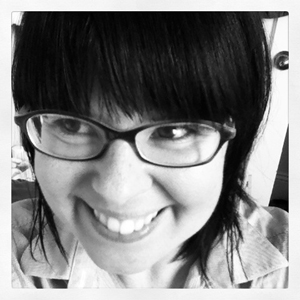
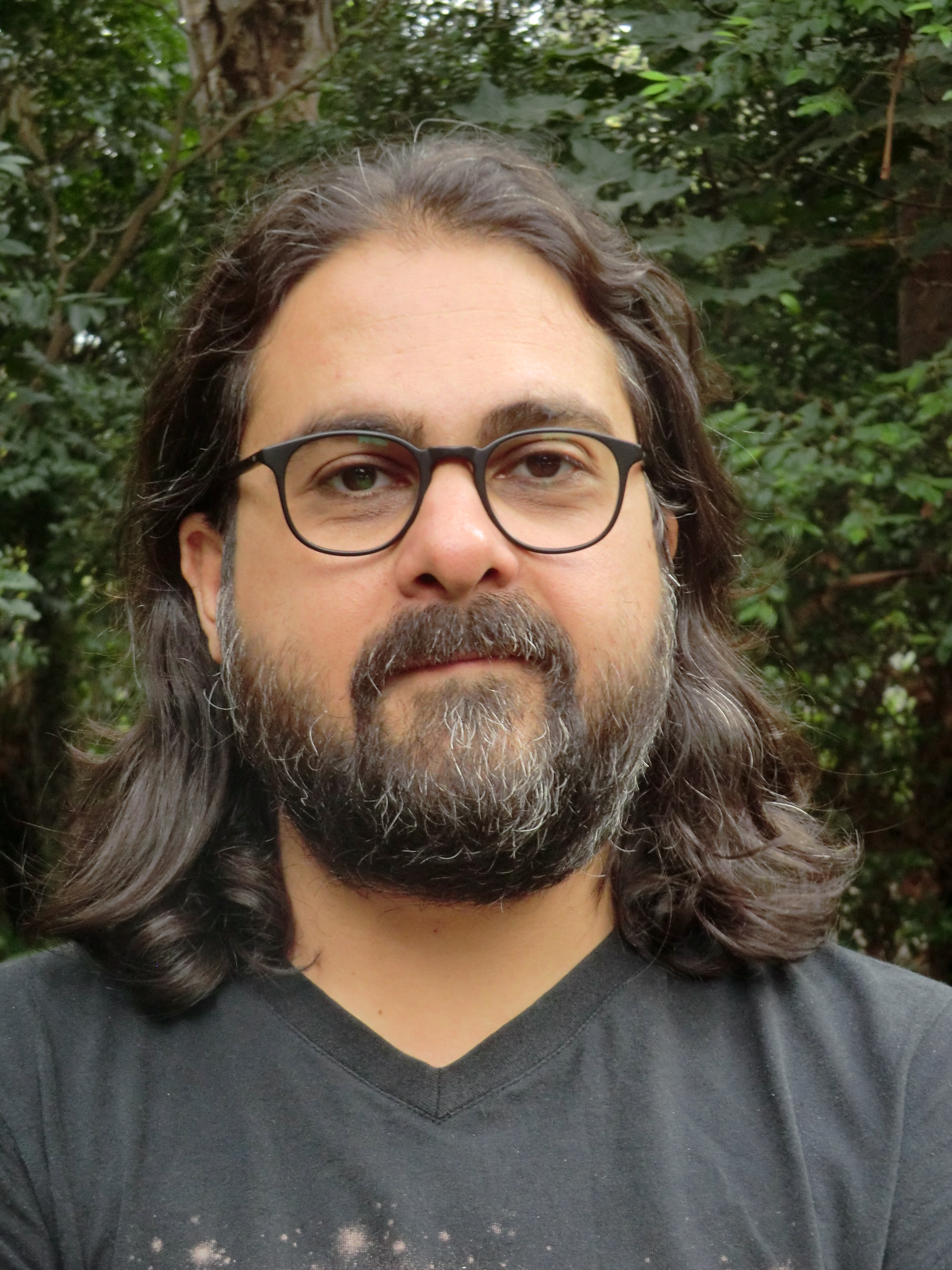 Ali Alizadeh's collection of poetry, Ashes in the Air (UQP, 2011) was shortlisted for the Prime Minister's Literary Award. His latest book, Transactions (UQP, 2013), was described as 'twisted', 'vicious' and 'remarkable'. His new book, The Last Days of Jeanne d'Arc, will be published in 2017 by Giramondo Publishing. He lectures at Monash University.
Ali Alizadeh's collection of poetry, Ashes in the Air (UQP, 2011) was shortlisted for the Prime Minister's Literary Award. His latest book, Transactions (UQP, 2013), was described as 'twisted', 'vicious' and 'remarkable'. His new book, The Last Days of Jeanne d'Arc, will be published in 2017 by Giramondo Publishing. He lectures at Monash University.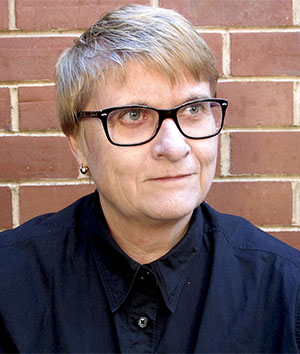 Jill Jones has published nine full-length books of poetry, including Breaking the Days (2015), The Beautiful Anxiety (2014), which won the 2015 Victorian Premier's Literary Award for Poetry, and Ash is Here, So are Stars (2012). Her work is represented in major anthologies, including the Macquarie PEN Anthology of Australian Literature (2009) and The Penguin Anthology of Australian Poetry (2009). Her poetry was included in the 2016 ABR States of Poetry anthology for South Australia. She is a member of the J.M. Coetzee Centre for Creative Practice, University of Adelaide.
Jill Jones has published nine full-length books of poetry, including Breaking the Days (2015), The Beautiful Anxiety (2014), which won the 2015 Victorian Premier's Literary Award for Poetry, and Ash is Here, So are Stars (2012). Her work is represented in major anthologies, including the Macquarie PEN Anthology of Australian Literature (2009) and The Penguin Anthology of Australian Poetry (2009). Her poetry was included in the 2016 ABR States of Poetry anthology for South Australia. She is a member of the J.M. Coetzee Centre for Creative Practice, University of Adelaide.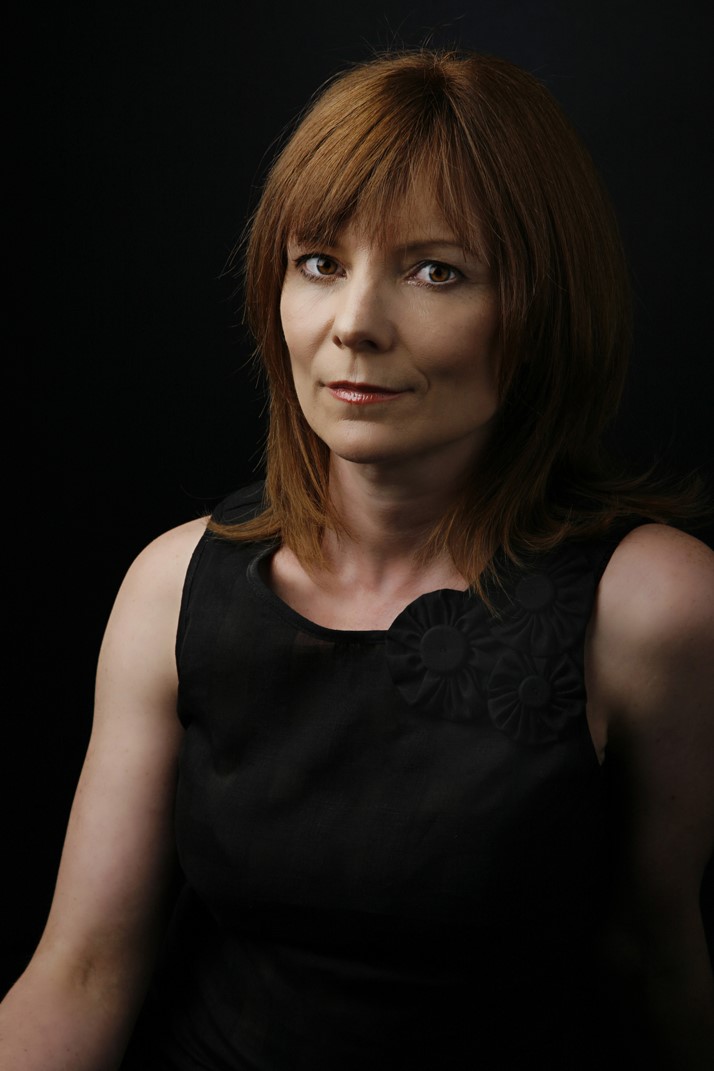 Felicity Plunkett is a poet and critic, and has a PhD from the University of Sydney. Her first collection of poetry Vanishing Point won the Arts Queensland Thomas Shapcott Prize and was shortlisted for several other awards. Felicity’s chapbook Seastrands was published in Vagabond Press’s Rare Objects series in 2011, and she is the editor of Thirty Australian Poets (UQP, 2011). She is Poetry Editor with University of Queensland Press and a widely published reviewer.
Felicity Plunkett is a poet and critic, and has a PhD from the University of Sydney. Her first collection of poetry Vanishing Point won the Arts Queensland Thomas Shapcott Prize and was shortlisted for several other awards. Felicity’s chapbook Seastrands was published in Vagabond Press’s Rare Objects series in 2011, and she is the editor of Thirty Australian Poets (UQP, 2011). She is Poetry Editor with University of Queensland Press and a widely published reviewer. 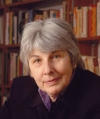 Sheila Fitzpatrick, a professor at the University of Sydney specialising in the history of modern Russia, is one of the world’s most influential Soviet historians. She is the author of two memoirs, My Father’s Daughter (2010) and A Spy in the Archives (2013). Her most recent book, On Stalin’s Team: The years of living dangerously in Soviet politics (2015), shared the 2016 Prime Minister’s Literary Award for non-fiction. Her essays and reviews appear in Australian Book Review and the London Review of Books.
Sheila Fitzpatrick, a professor at the University of Sydney specialising in the history of modern Russia, is one of the world’s most influential Soviet historians. She is the author of two memoirs, My Father’s Daughter (2010) and A Spy in the Archives (2013). Her most recent book, On Stalin’s Team: The years of living dangerously in Soviet politics (2015), shared the 2016 Prime Minister’s Literary Award for non-fiction. Her essays and reviews appear in Australian Book Review and the London Review of Books. Peter Rose has been the Editor of Australian Book Review since 2001. Previously he was a publisher at Oxford University Press throughout the 1990s. Rose has published several books of poetry, two novels, a family memoir, Rose Boys (2003, now a Text Classic). He published The Oxford Book of Australian Essays (1997), and his own essays have appeared in past editions of The Best Australian Essays.
Peter Rose has been the Editor of Australian Book Review since 2001. Previously he was a publisher at Oxford University Press throughout the 1990s. Rose has published several books of poetry, two novels, a family memoir, Rose Boys (2003, now a Text Classic). He published The Oxford Book of Australian Essays (1997), and his own essays have appeared in past editions of The Best Australian Essays.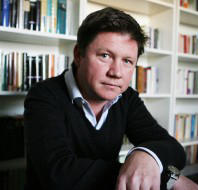 Geordie Williamson was for several years chief literary critic of The Australian. He is now the Publisher at Picador Australia. Geordie Williamson, who published his first review in ABR in 2001, won the 2011 Pascall Prize for Criticism. He edited the 2015 and 2016 editions of The Best Australian Essays (Black Inc.). He is the author of The Burning Library: Our great novelists lost and found (2011).
Geordie Williamson was for several years chief literary critic of The Australian. He is now the Publisher at Picador Australia. Geordie Williamson, who published his first review in ABR in 2001, won the 2011 Pascall Prize for Criticism. He edited the 2015 and 2016 editions of The Best Australian Essays (Black Inc.). He is the author of The Burning Library: Our great novelists lost and found (2011).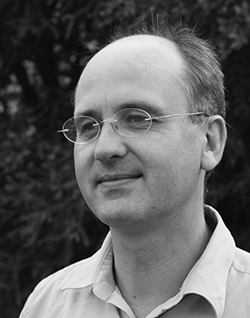 John Hawke is a Senior Lecturer, specialising in poetry, at Monash University. His books include Australian Literature and the Symbolist Movement, Poetry and the Trace (co-edited with Ann Vickery), and the volume of poetry Aurelia, which received the 2015 Anne Elder award.
John Hawke is a Senior Lecturer, specialising in poetry, at Monash University. His books include Australian Literature and the Symbolist Movement, Poetry and the Trace (co-edited with Ann Vickery), and the volume of poetry Aurelia, which received the 2015 Anne Elder award.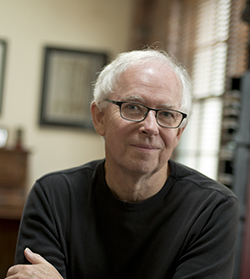 Bill Manhire was New Zealand’s inaugural Poet Laureate. He founded the well-known creative writing programme at Victoria University of Wellington. His most recent books are a poetry collection, Some Things to Place in a Coffin (VUP, 2017), and a collection of short fiction, The Stories of Bill Manhire (VUP, 2015). He has also been writing songs with the jazz musician Norman Meehan.
Bill Manhire was New Zealand’s inaugural Poet Laureate. He founded the well-known creative writing programme at Victoria University of Wellington. His most recent books are a poetry collection, Some Things to Place in a Coffin (VUP, 2017), and a collection of short fiction, The Stories of Bill Manhire (VUP, 2015). He has also been writing songs with the jazz musician Norman Meehan.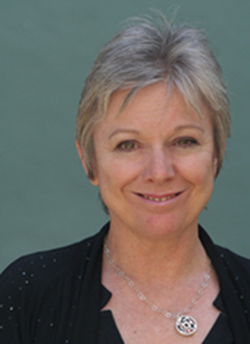
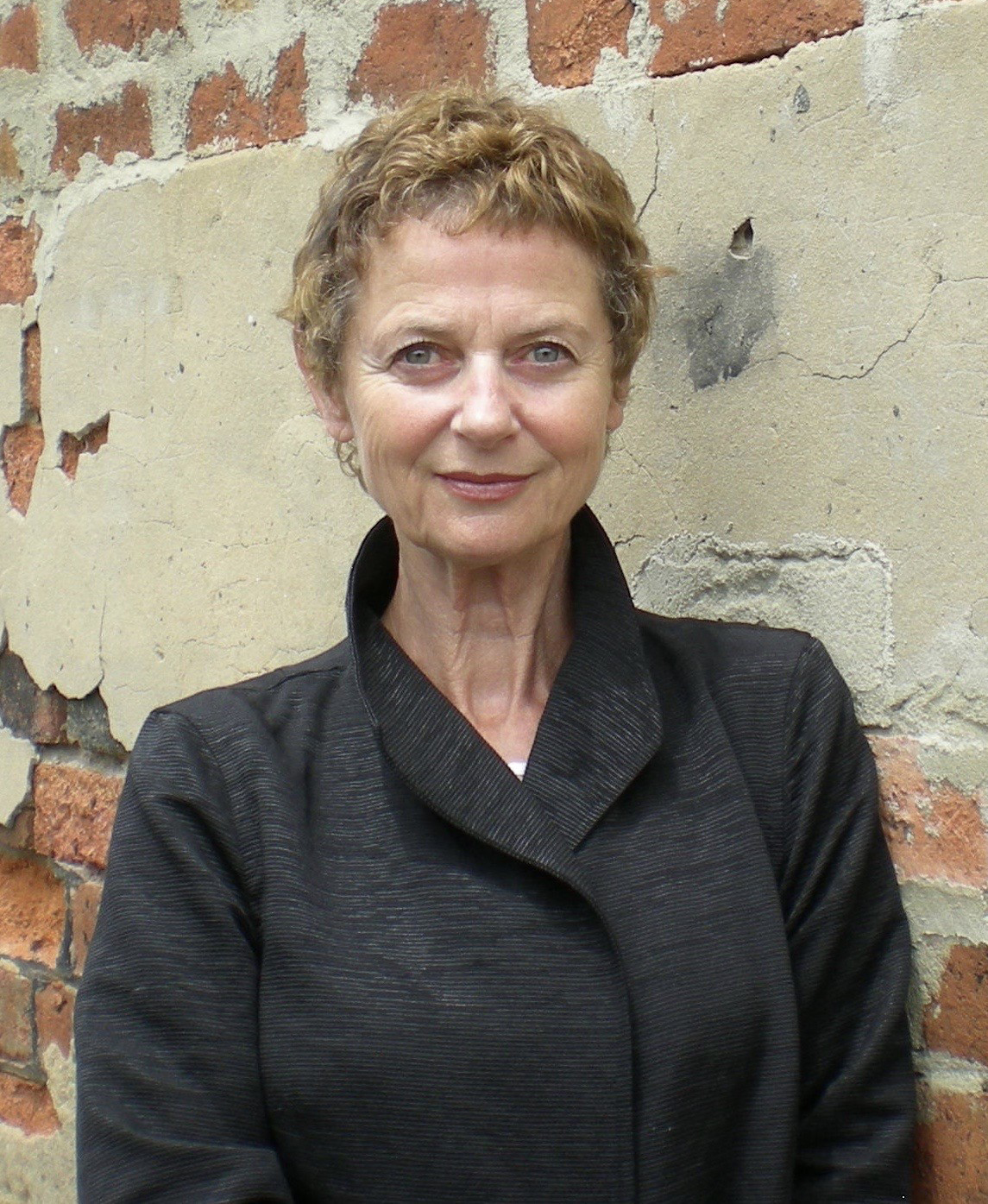 Andrea Goldsmith is a Melbourne-based novelist, reviewer and essayist. Her literary essays have appeared in Heat, Meanjin, Australian Book Review, Best Australian Essays, as well as numerous anthologies. Her most recent novel, The Memory Trap, won the Melbourne Prize for best literary work in 2015. Her new novel, The Science of Departures is due out in 2018.
Andrea Goldsmith is a Melbourne-based novelist, reviewer and essayist. Her literary essays have appeared in Heat, Meanjin, Australian Book Review, Best Australian Essays, as well as numerous anthologies. Her most recent novel, The Memory Trap, won the Melbourne Prize for best literary work in 2015. Her new novel, The Science of Departures is due out in 2018.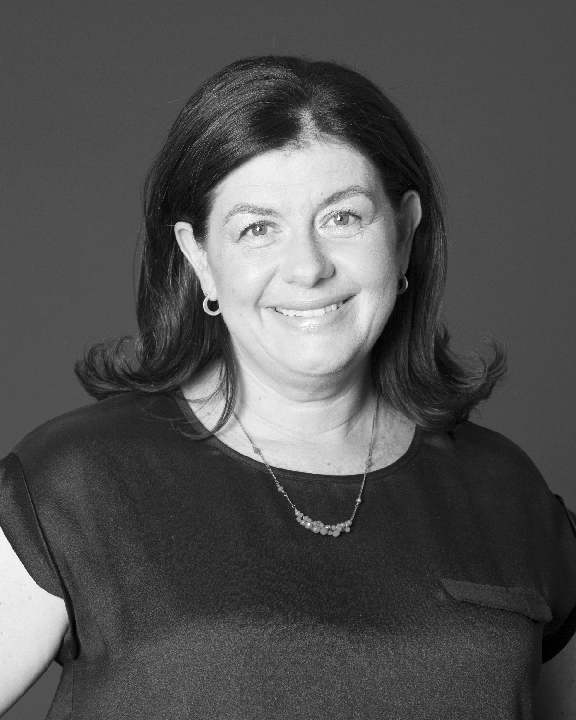 Phillipa McGuinness is Executive Publisher at NewSouth Publishing. She edited the book Copyfight (2015) and is writing a history of the year 2001, to be published by Random House in 2018.
Phillipa McGuinness is Executive Publisher at NewSouth Publishing. She edited the book Copyfight (2015) and is writing a history of the year 2001, to be published by Random House in 2018.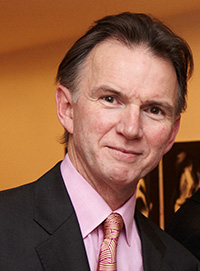 Peter Rose is the Editor and CEO of Australian Book Review. His books include a family memoir, Rose Boys (2001), which won the National Biography Award in 2003. He has published two novels and six poetry collections, most recently The Subject of Feeling (UWA Publishing, 2015). Essays of his have appeared in Best Australian Essays and other publications.
Peter Rose is the Editor and CEO of Australian Book Review. His books include a family memoir, Rose Boys (2001), which won the National Biography Award in 2003. He has published two novels and six poetry collections, most recently The Subject of Feeling (UWA Publishing, 2015). Essays of his have appeared in Best Australian Essays and other publications.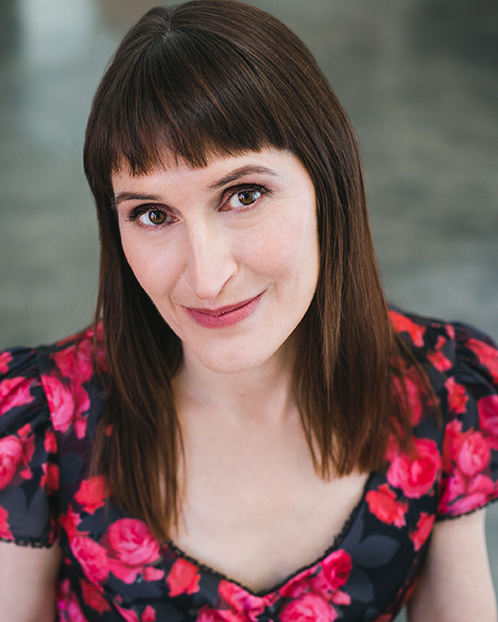 Judith Bishop is Director of Linguistic Services at a multinational language technology company. Her poems have won many awards, including the Peter Porter Poetry Prize (2006, 2011). Her first book, Event (Salt, 2007), won the FAW Anne Elder award and was shortlisted for the CJ Dennis Prize, the Judith Wright Calanthe Award, and the ASAL Mary Gilmore Prize. She has recently published a second collection, Interval (UQP, 2018).
Judith Bishop is Director of Linguistic Services at a multinational language technology company. Her poems have won many awards, including the Peter Porter Poetry Prize (2006, 2011). Her first book, Event (Salt, 2007), won the FAW Anne Elder award and was shortlisted for the CJ Dennis Prize, the Judith Wright Calanthe Award, and the ASAL Mary Gilmore Prize. She has recently published a second collection, Interval (UQP, 2018).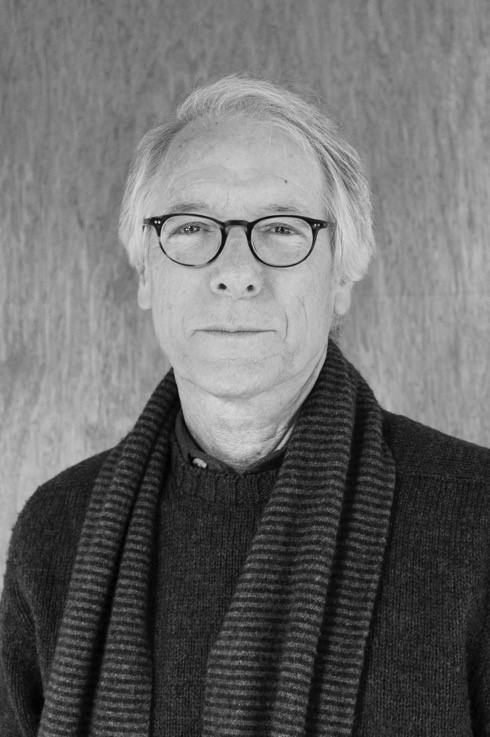 Paul Kane is poetry editor of Antipodes and artistic director of the Mildura Writers Festival. His most recent books are Renga: 100 Poems (with John Kinsella) and A Passing Bell: Ghazals for Tina. He teaches at Vassar College, as Professor of English, and divides his time between New York and rural Victoria.
Paul Kane is poetry editor of Antipodes and artistic director of the Mildura Writers Festival. His most recent books are Renga: 100 Poems (with John Kinsella) and A Passing Bell: Ghazals for Tina. He teaches at Vassar College, as Professor of English, and divides his time between New York and rural Victoria.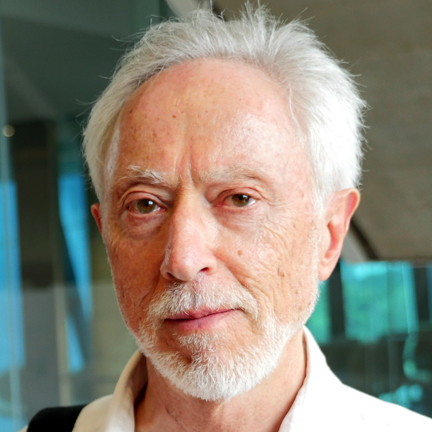
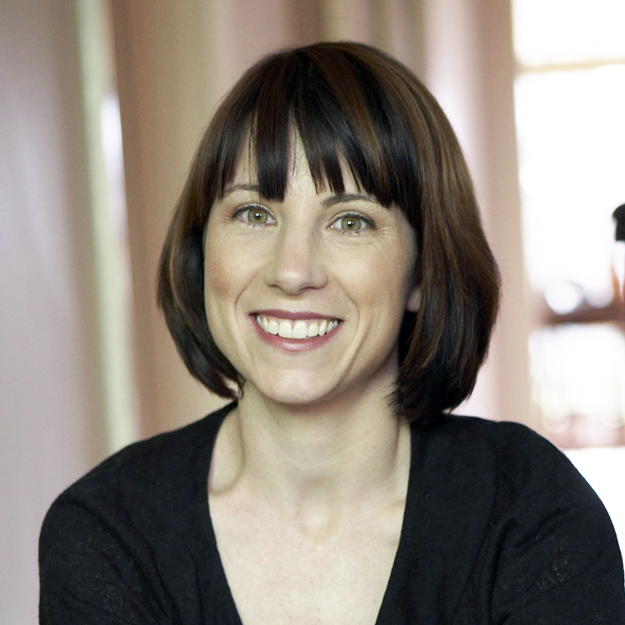

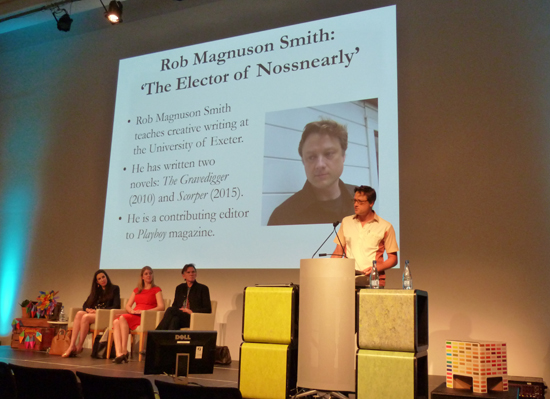
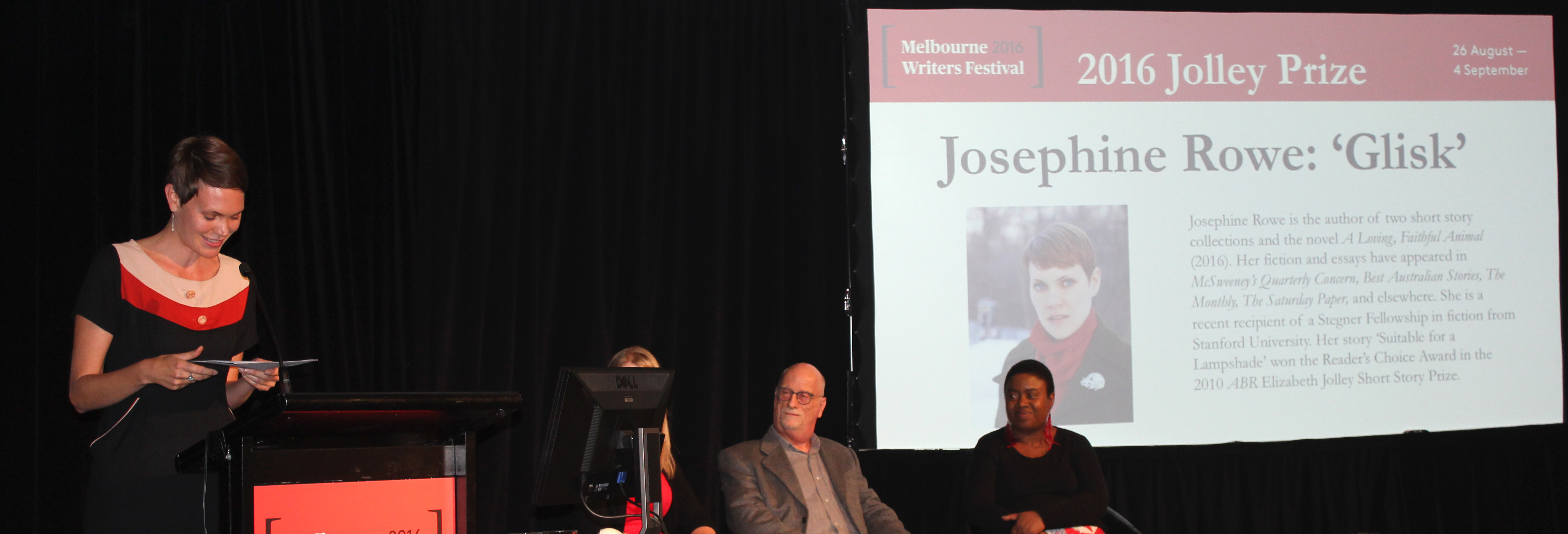
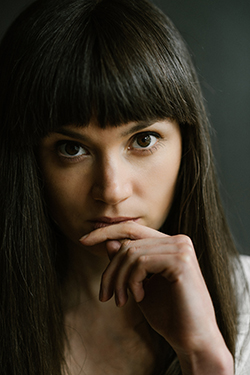

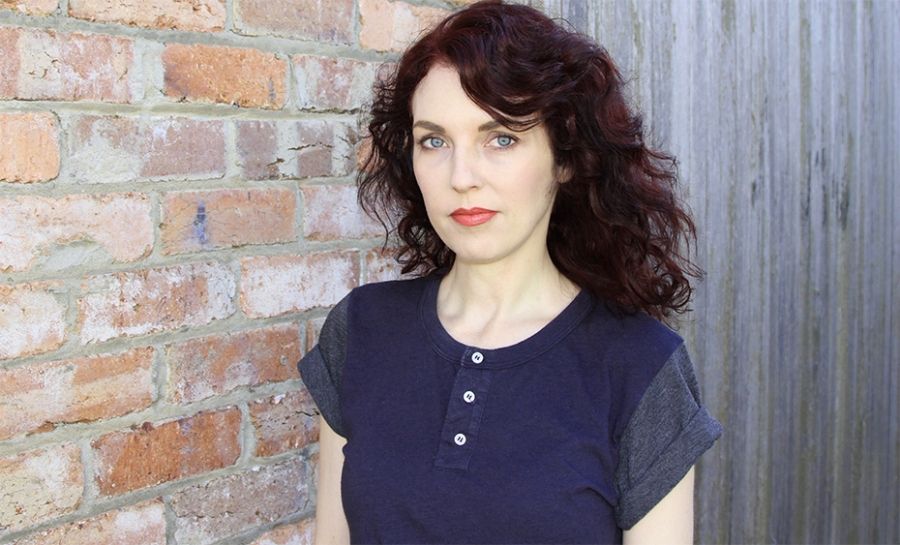
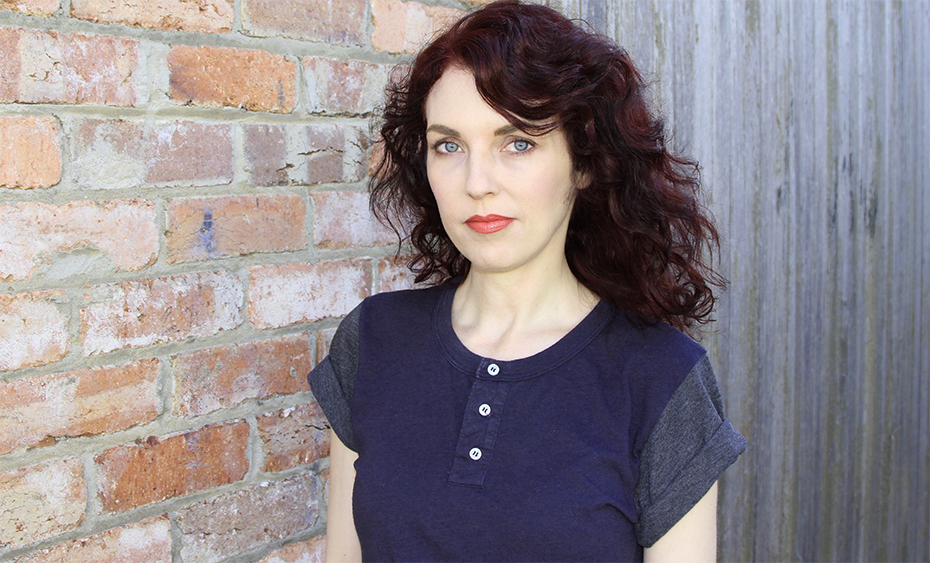
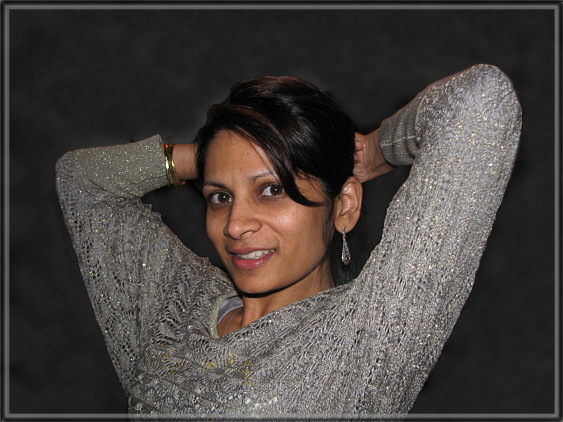 Michelle Cahill lives in Sydney. Her fiction has appeared in Meanjin, Etchings, and Southerly. She won the Kingston Writing School Hilary Mantel International Short Story Prize. She is a Doctoral Candidate in Creative Arts at the University of Wollongong. Her first short story collection, Letter to Pessoa, is forthcoming from Giramondo. Subscribers can read her story '
Michelle Cahill lives in Sydney. Her fiction has appeared in Meanjin, Etchings, and Southerly. She won the Kingston Writing School Hilary Mantel International Short Story Prize. She is a Doctoral Candidate in Creative Arts at the University of Wollongong. Her first short story collection, Letter to Pessoa, is forthcoming from Giramondo. Subscribers can read her story '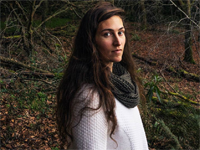 Harriet McKnight currently lives in Melbourne. In 2014, her work was shortlisted for the Overland Victoria University Short Story Prize, and published in The Lifted Brow: Digital Edition. In May 2015, she featured as the writer in residence for The Suburban Review. Harriet has worked since 2012 as the deputy editor of The Canary Press. Subscribers can read her story '
Harriet McKnight currently lives in Melbourne. In 2014, her work was shortlisted for the Overland Victoria University Short Story Prize, and published in The Lifted Brow: Digital Edition. In May 2015, she featured as the writer in residence for The Suburban Review. Harriet has worked since 2012 as the deputy editor of The Canary Press. Subscribers can read her story '
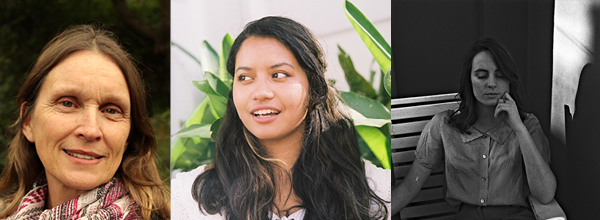
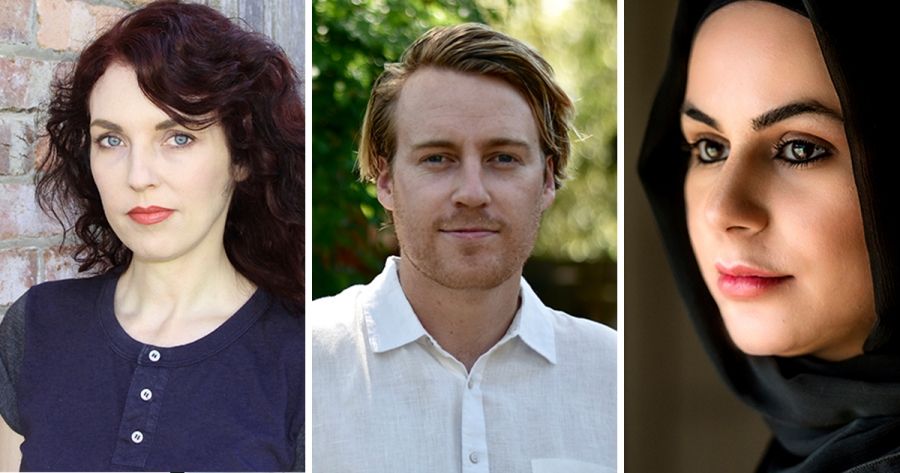
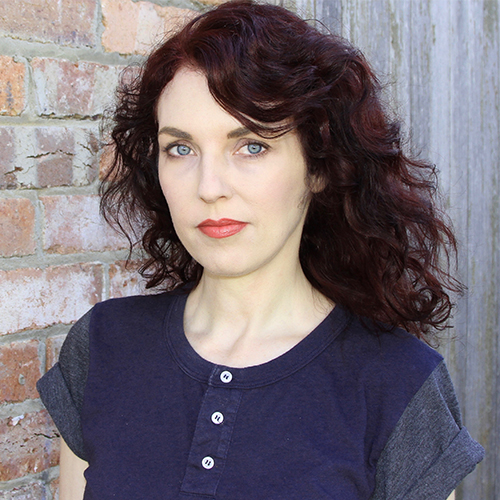
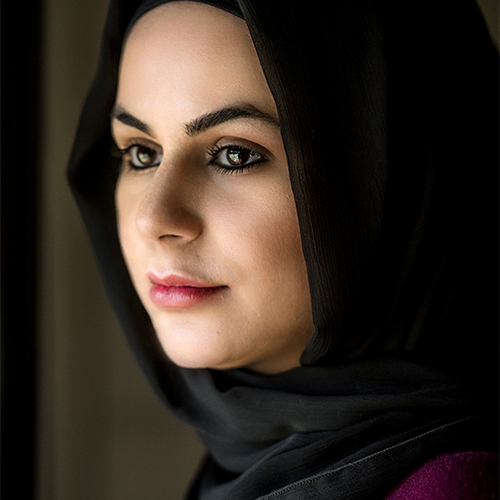
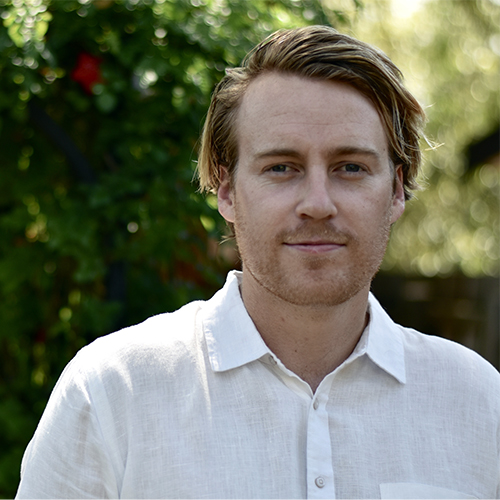
 Amy Baillieu completed a Masters of Publishing and Communications at the University of Melbourne in 2011 and holds a Bachelor of Arts from the same university with majors in English Literature and French. She also attended the Sorbonne in Paris, where she completed a Cours de Langue et Civilisation Français in 2007. Amy has been Deputy Editor of Australian Book Review since 2012.
Amy Baillieu completed a Masters of Publishing and Communications at the University of Melbourne in 2011 and holds a Bachelor of Arts from the same university with majors in English Literature and French. She also attended the Sorbonne in Paris, where she completed a Cours de Langue et Civilisation Français in 2007. Amy has been Deputy Editor of Australian Book Review since 2012.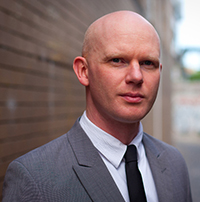 Chris Flynn is an author, editor and critic from Belfast, now based in Melbourne. His two novels are A Tiger in Eden (2012) and The Glass Kingdom (2014). His work has appeared in The Age, The Australian, Griffith Review, Meanjin, The Saturday Paper, Smith Journal, The Big Issue, The Paris Review Daily, McSweeney’s and many other publications. He is a regular presenter at literary festivals across Australia.
Chris Flynn is an author, editor and critic from Belfast, now based in Melbourne. His two novels are A Tiger in Eden (2012) and The Glass Kingdom (2014). His work has appeared in The Age, The Australian, Griffith Review, Meanjin, The Saturday Paper, Smith Journal, The Big Issue, The Paris Review Daily, McSweeney’s and many other publications. He is a regular presenter at literary festivals across Australia.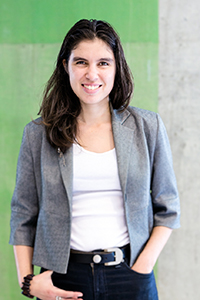

 Patrick Allington was the recipient of the inaugural
Patrick Allington was the recipient of the inaugural 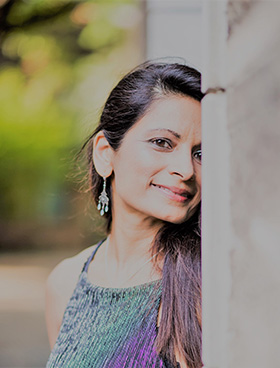 Michelle Cahill's short story collection Letter to Pessoa won the NSW Premier’s Literary Award for New Writing and was shortlisted in the Steele Rudd Award. She won the Hilary Mantel International Short Story Prize and her story '
Michelle Cahill's short story collection Letter to Pessoa won the NSW Premier’s Literary Award for New Writing and was shortlisted in the Steele Rudd Award. She won the Hilary Mantel International Short Story Prize and her story '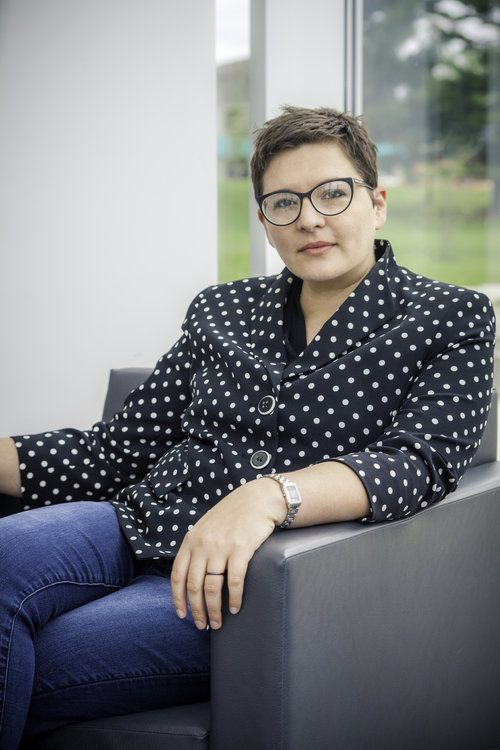

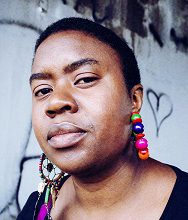
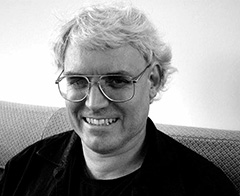


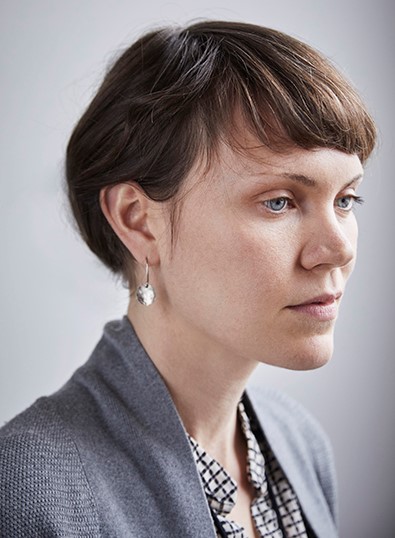


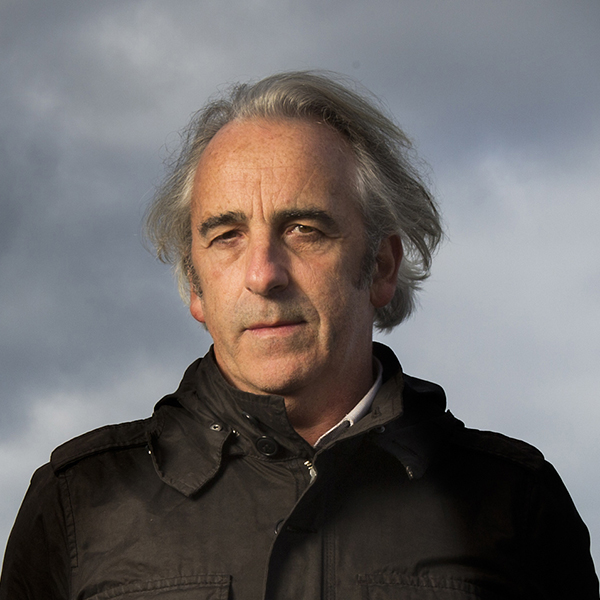
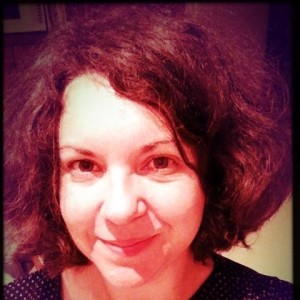
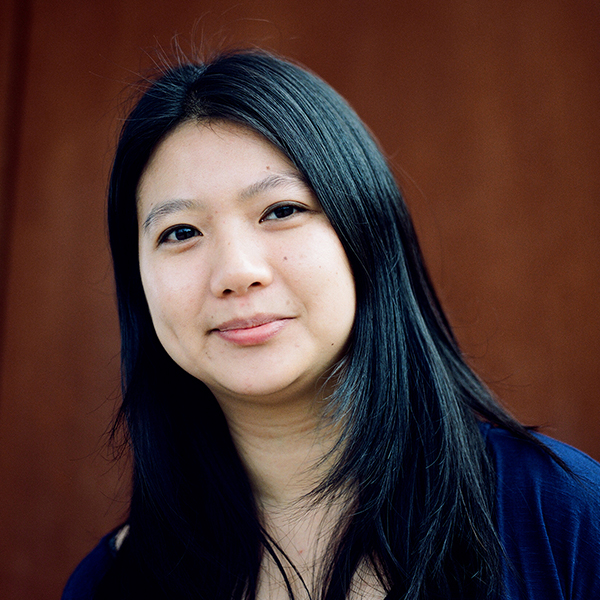
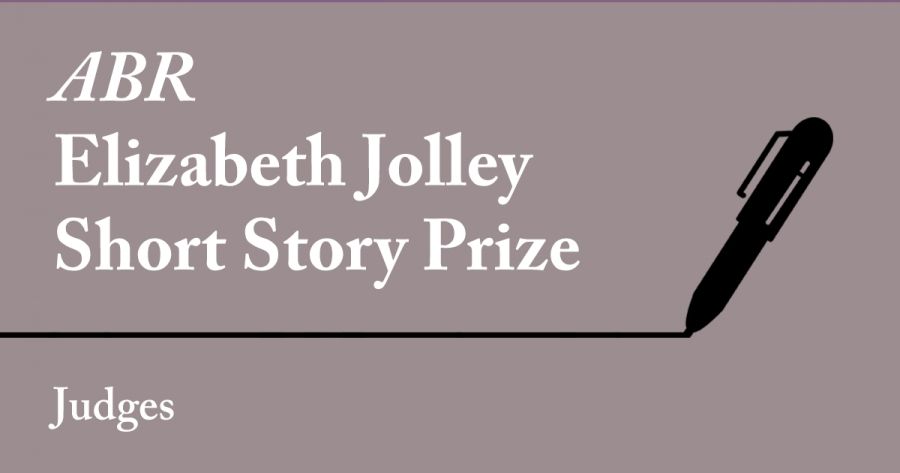
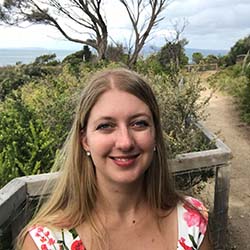

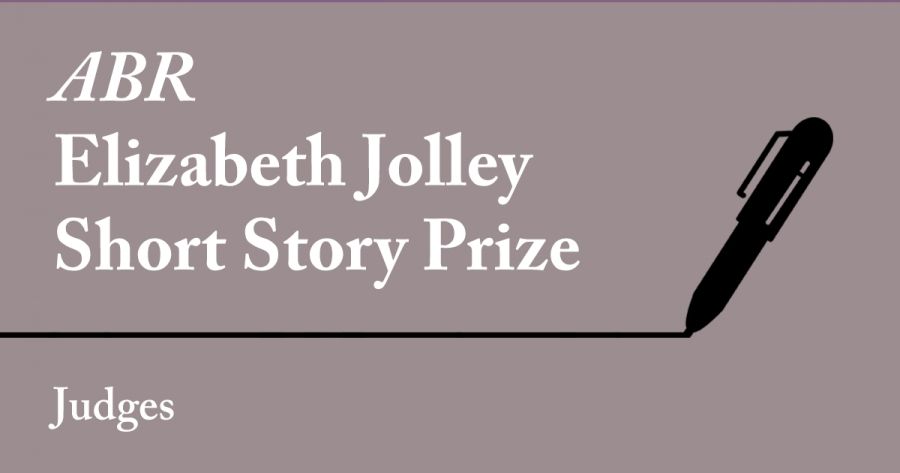

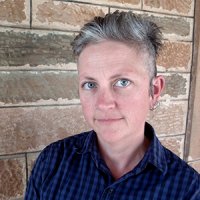
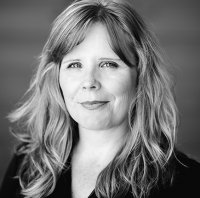
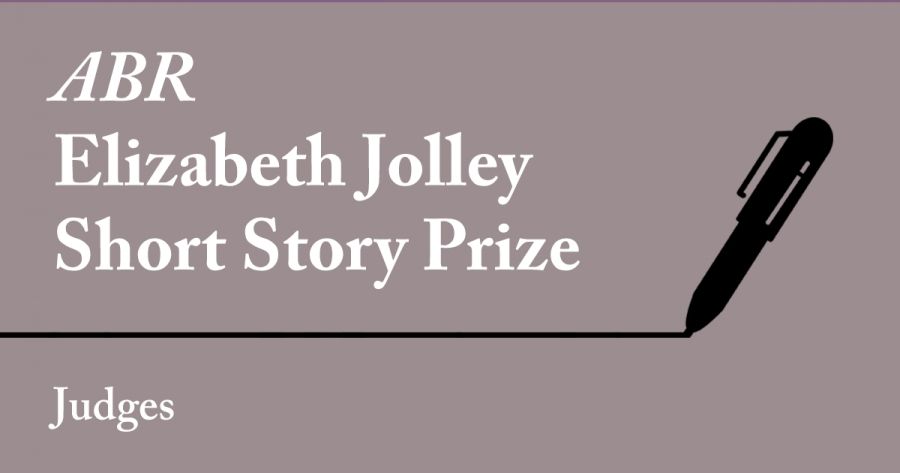
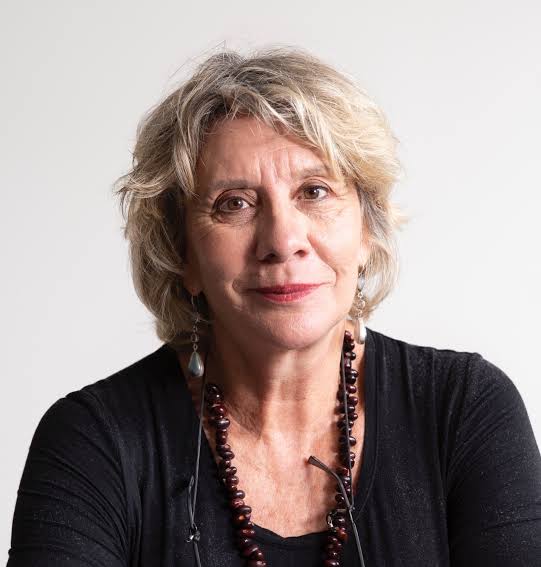
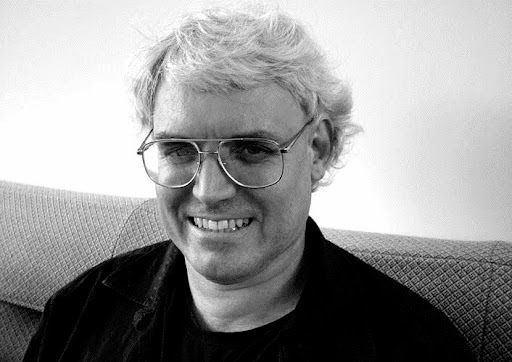
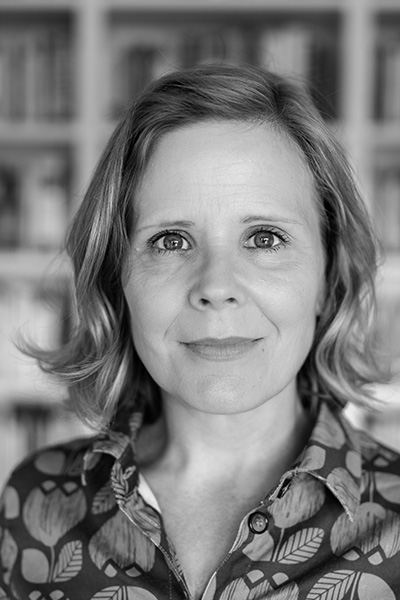
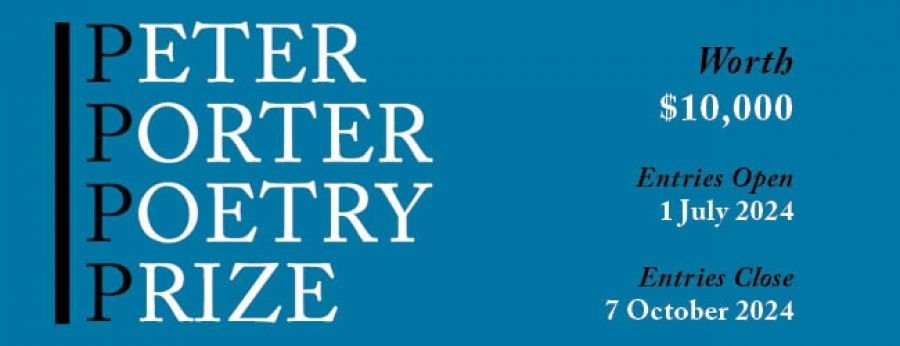
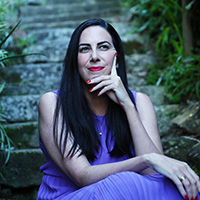
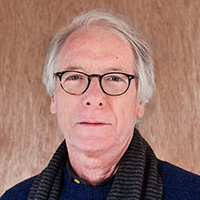
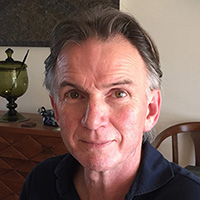
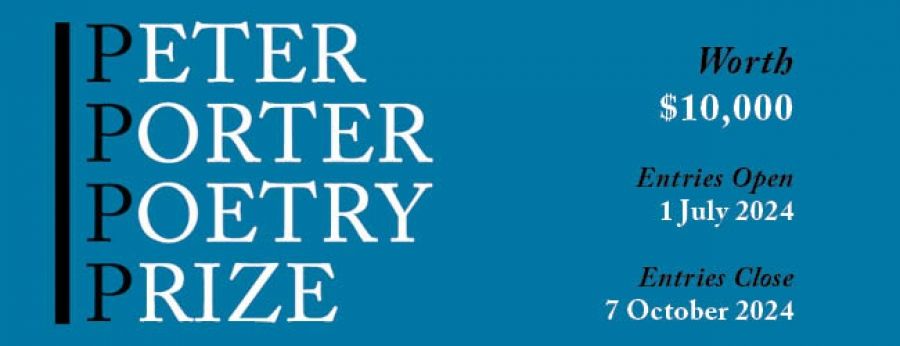
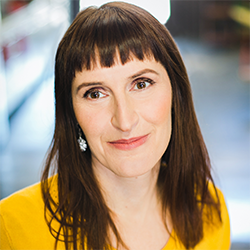
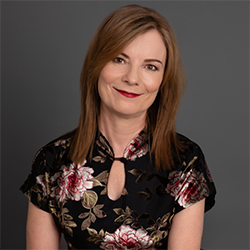
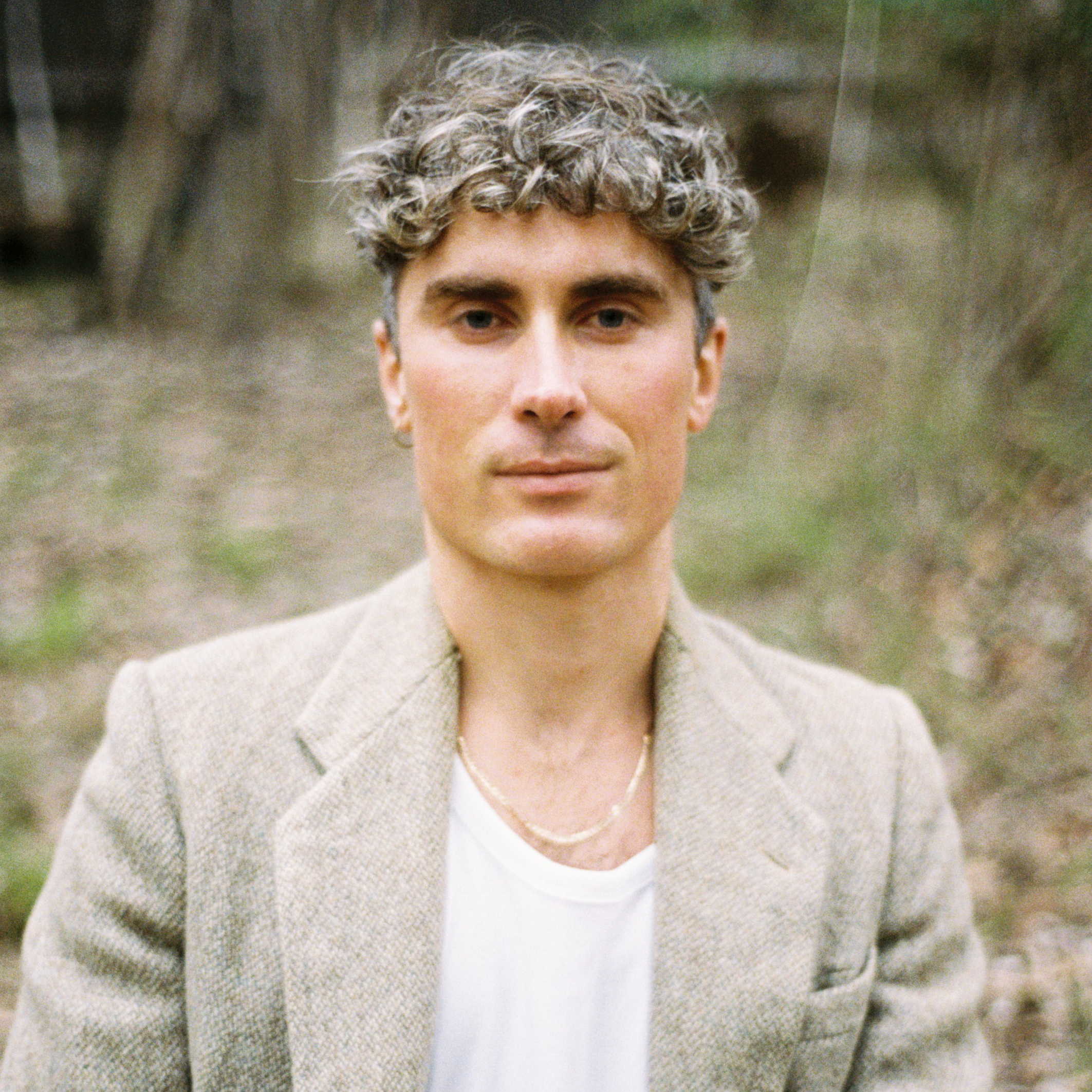

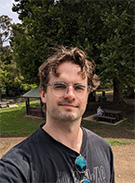
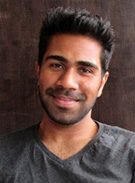
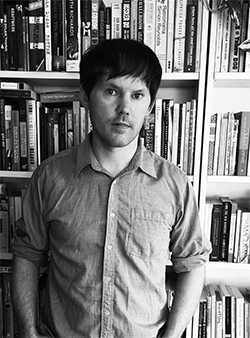 'ABR’s editorial internship is something very rare and valuable: an opportunity for a recent graduate to take the skills they have been taught and develop them in the rigorous editorial environment of a high calibre literary and arts magazine. By requiring you to be active across all aspects of the production of the magazine, from commissioning reviews, to copyediting and proofreading, to introducing new features to the magazine, through to digitising the issue each month for ABR Online, it prepares you for the widest range of possible roles in the publishing industry.'
'ABR’s editorial internship is something very rare and valuable: an opportunity for a recent graduate to take the skills they have been taught and develop them in the rigorous editorial environment of a high calibre literary and arts magazine. By requiring you to be active across all aspects of the production of the magazine, from commissioning reviews, to copyediting and proofreading, to introducing new features to the magazine, through to digitising the issue each month for ABR Online, it prepares you for the widest range of possible roles in the publishing industry.'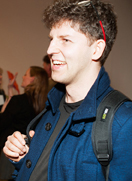 ‘What I valued most about the internship was the diversity and range of the position. I was able to explore and work in all aspects of the magazine’s production, from formatting, editing, advertising, designing, paging, and researching, to digitising the entire magazine online. I feel that the skills and knowledge that I acquired throughout the internship will place me in good stead to tackle any new position in the publication sphere with confidence, knowledge, and editorial acumen.’
‘What I valued most about the internship was the diversity and range of the position. I was able to explore and work in all aspects of the magazine’s production, from formatting, editing, advertising, designing, paging, and researching, to digitising the entire magazine online. I feel that the skills and knowledge that I acquired throughout the internship will place me in good stead to tackle any new position in the publication sphere with confidence, knowledge, and editorial acumen.’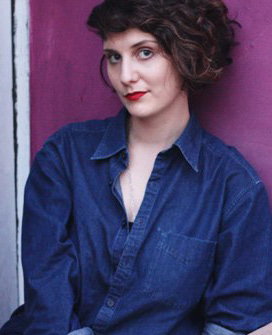
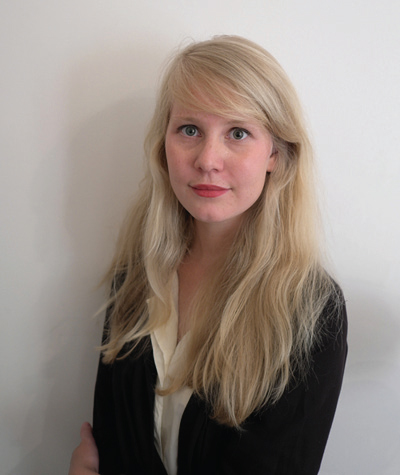 ‘Being on the staff of a magazine of the calibre of Australian Book Review, with its long history in Australian letters and fine editorial standards, is a singular experience, and it has no doubt been the defining event of my professional life thus far. I look forward to drawing on what I have learned at ABR in other areas of my career and my own writing.’
‘Being on the staff of a magazine of the calibre of Australian Book Review, with its long history in Australian letters and fine editorial standards, is a singular experience, and it has no doubt been the defining event of my professional life thus far. I look forward to drawing on what I have learned at ABR in other areas of my career and my own writing.’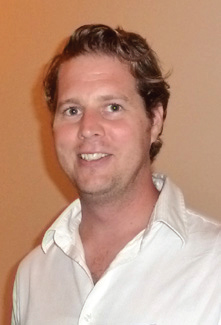 ‘I am very proud of the contribution I was able to make at ABR, in particular through the development of ABR Online, which has already demonstrated its worth. I am also proud of the wide range of skills I have been able to develop, touching all aspects of the magazine’s development, editorial, and production.’
‘I am very proud of the contribution I was able to make at ABR, in particular through the development of ABR Online, which has already demonstrated its worth. I am also proud of the wide range of skills I have been able to develop, touching all aspects of the magazine’s development, editorial, and production.’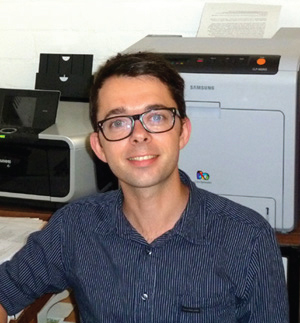 ‘As the recipient of an internship at Australian Book Review in 2009, I know the benefits of such a program firsthand. My internship was an unqualified success, and resulted not only in an increase in my editing knowledge and skills, but also in full-time employment.’
‘As the recipient of an internship at Australian Book Review in 2009, I know the benefits of such a program firsthand. My internship was an unqualified success, and resulted not only in an increase in my editing knowledge and skills, but also in full-time employment.’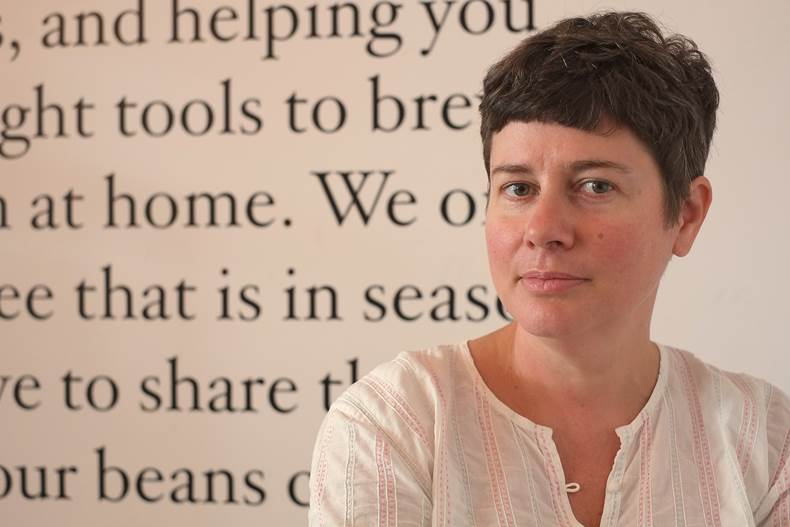
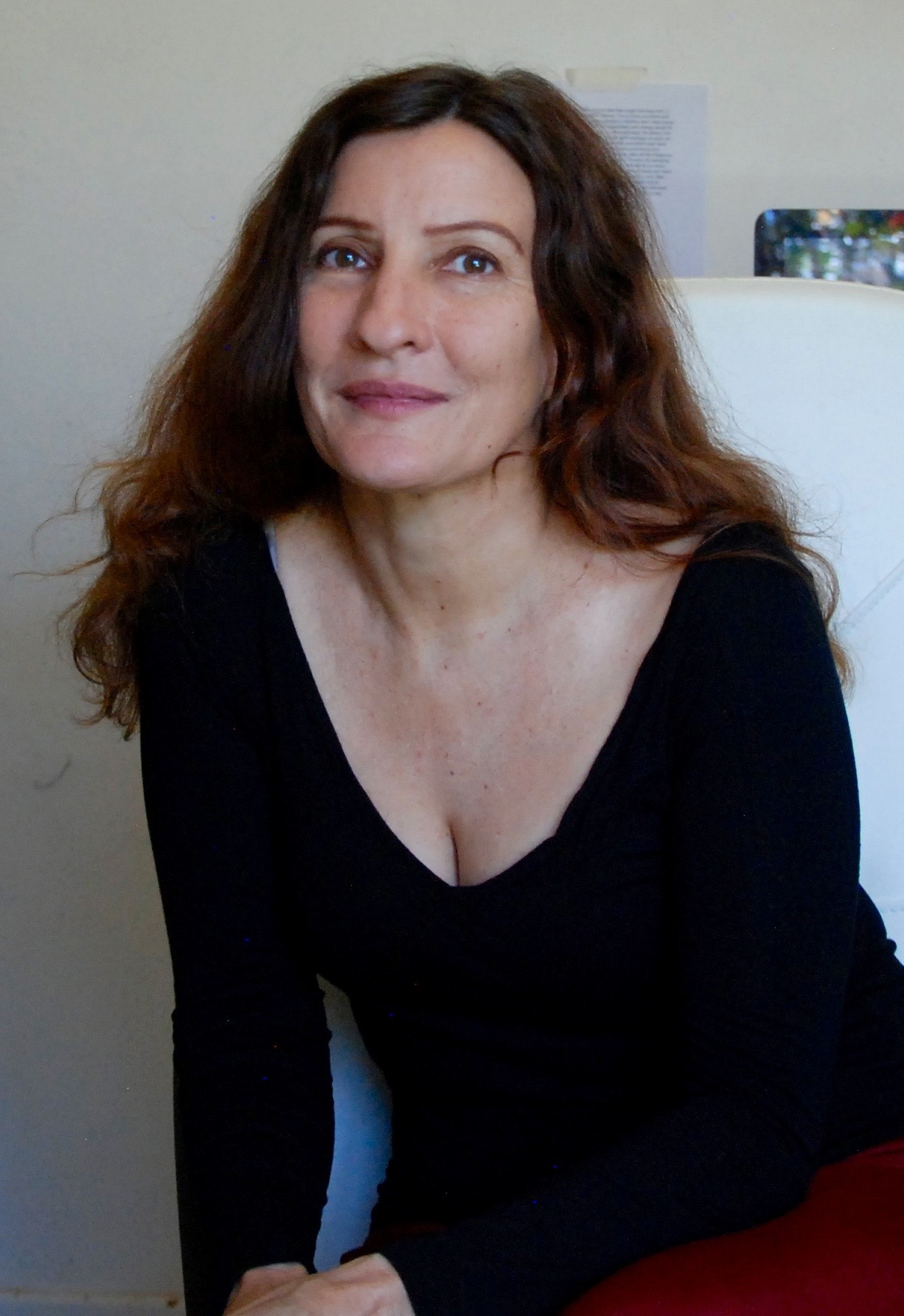
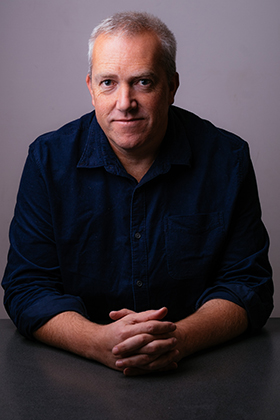
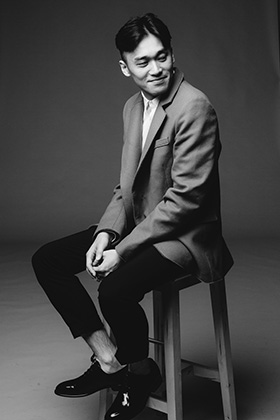 Nicholas Wong is the author of
Nicholas Wong is the author of 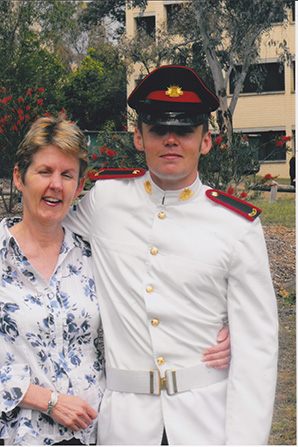
 About Lucas Grainger Brown
About Lucas Grainger Brown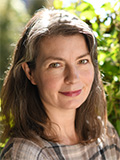 About Kirsten Tranter
About Kirsten Tranter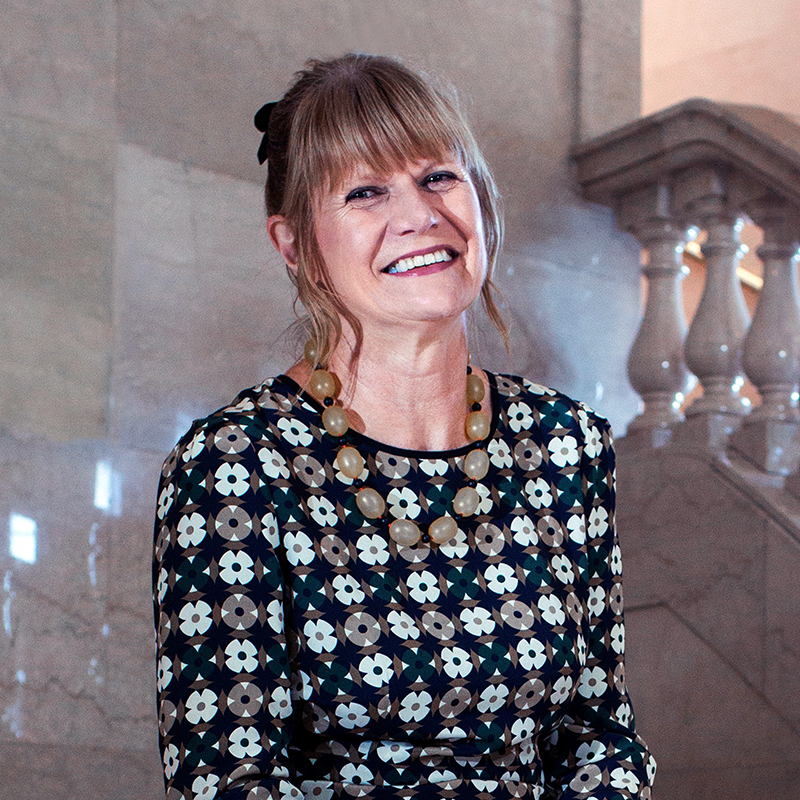
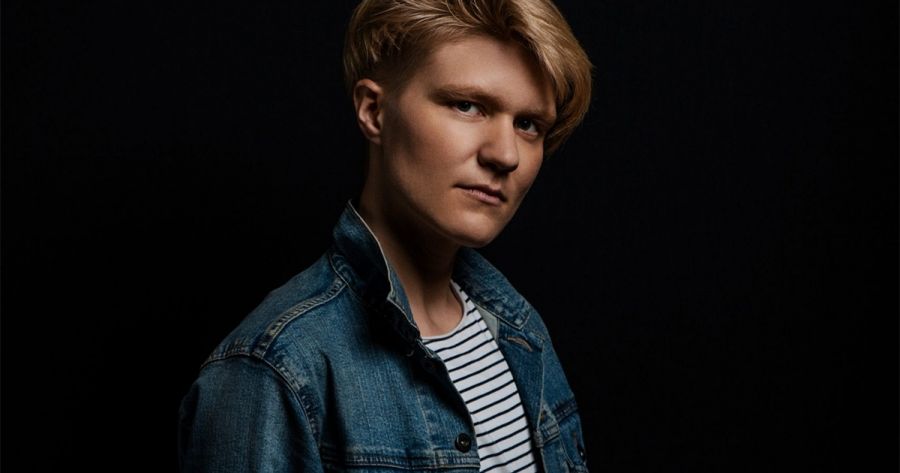

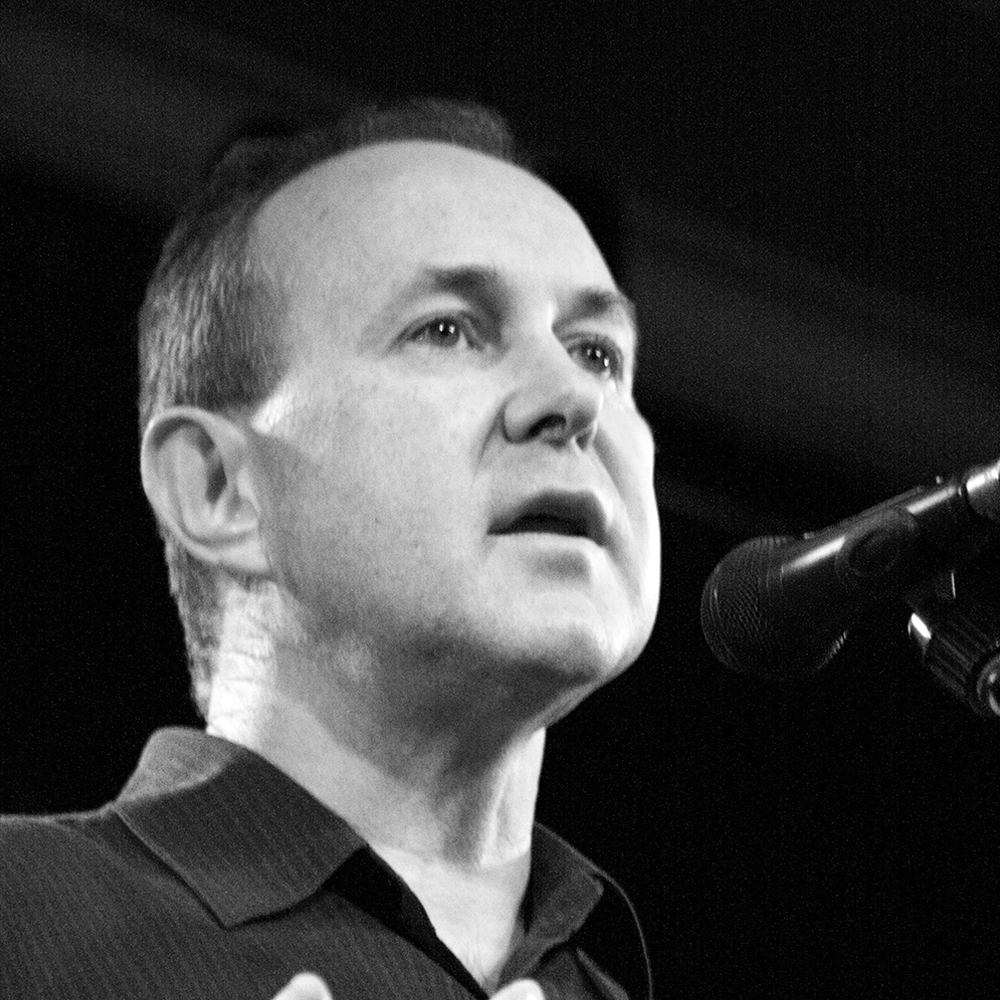
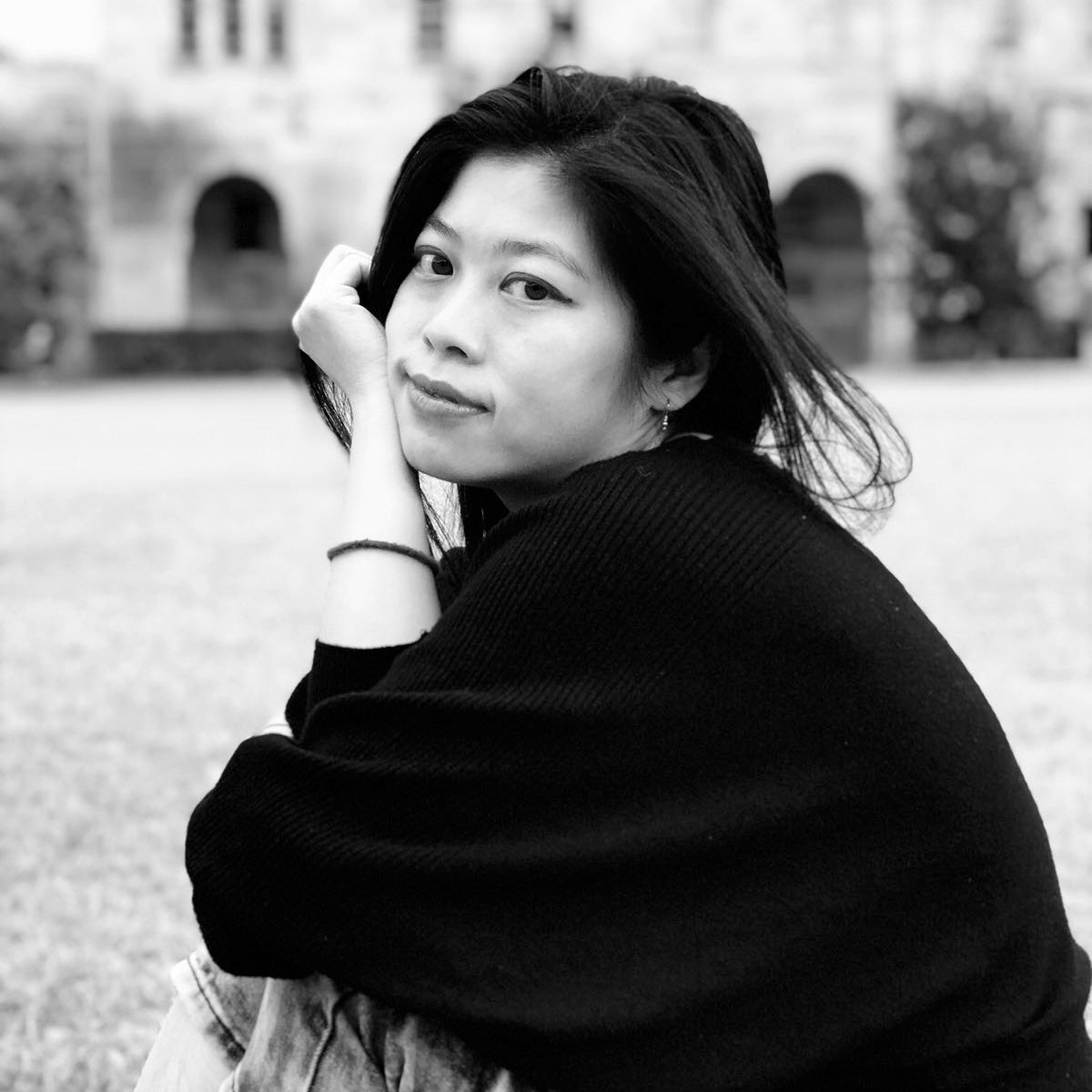
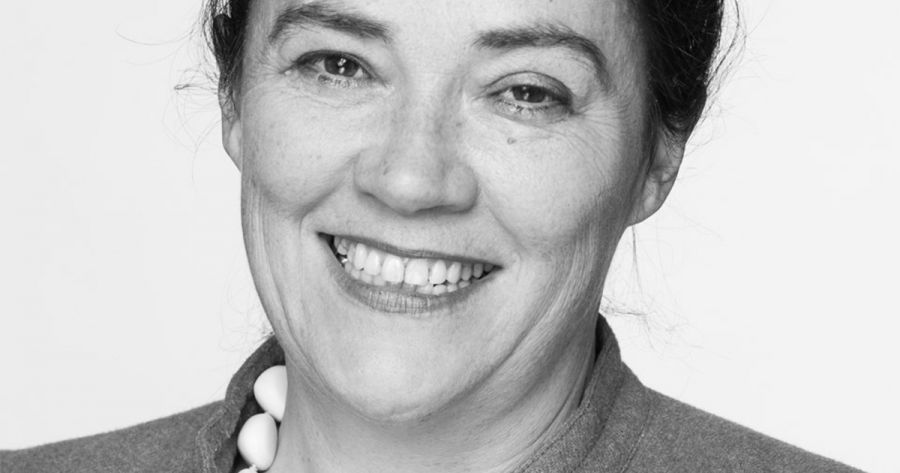
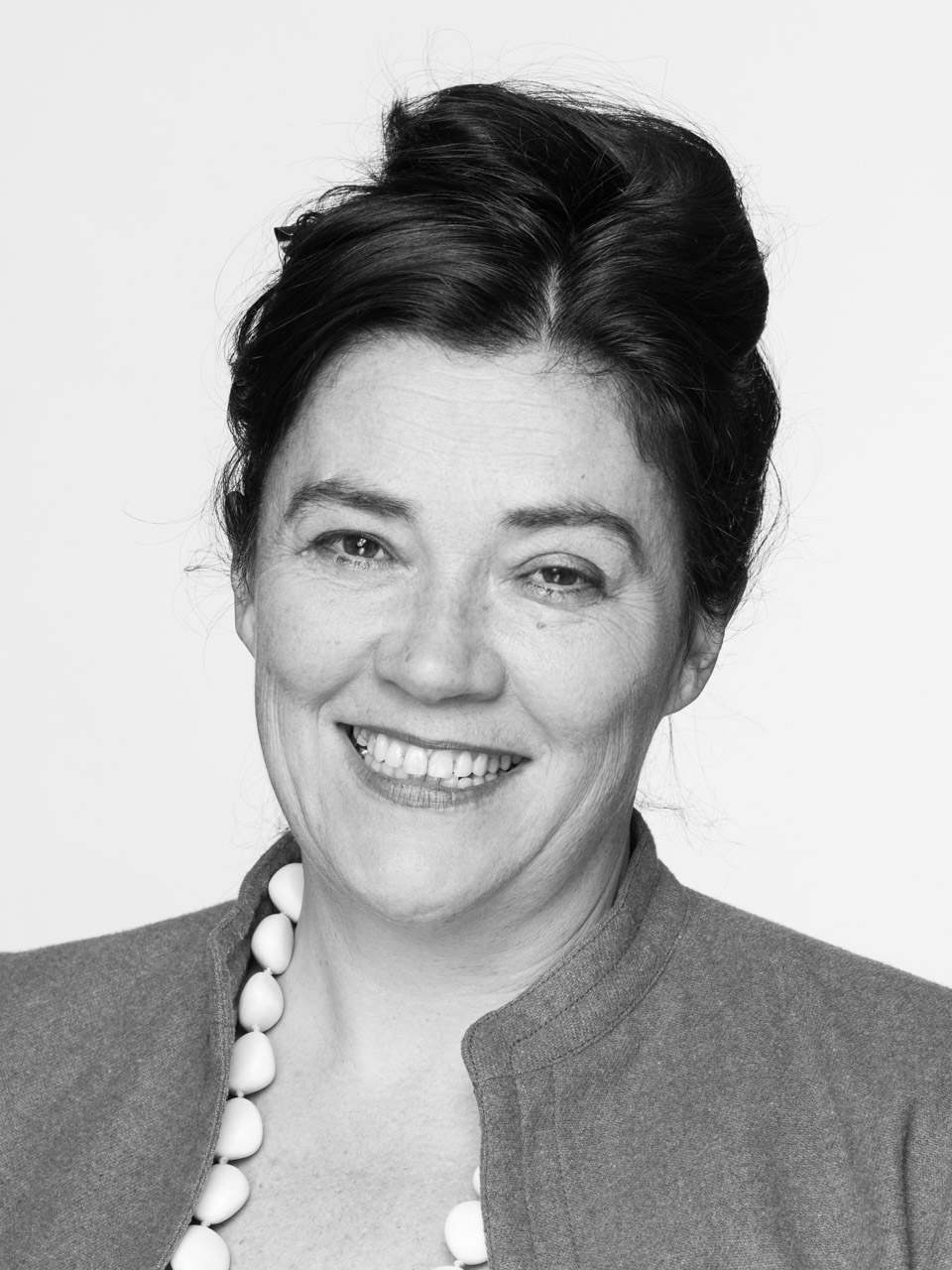


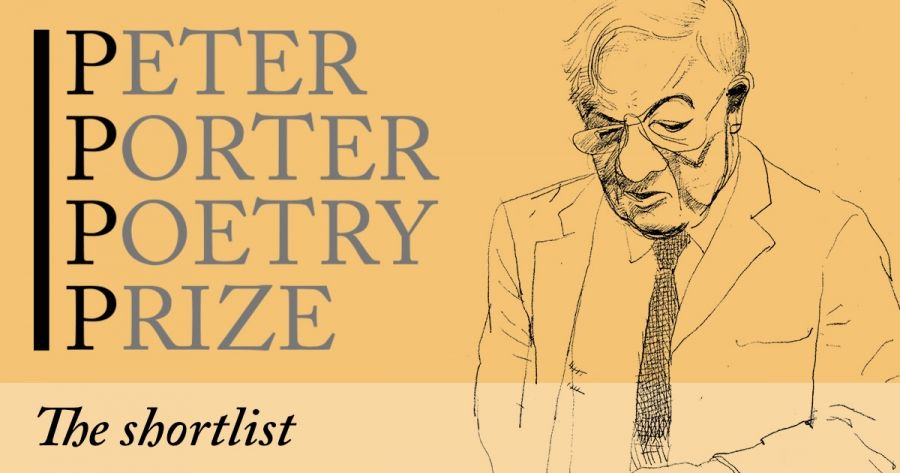
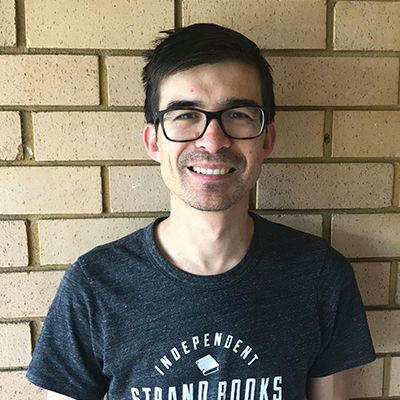 Lachlan Brown is a senior lecturer in English at Charles Sturt University, Wagga Wagga. He is the author of Limited Cities (Giramondo, 2012) and Lunar Inheritance (Giramondo, 2017). Lachlan’s poetry has been published in various journals including Antipodes, Cordite, Rabbit, and St Mark’s Review. Lachlan has been shortlisted and commended for various poetry prizes including the Mary Gilmore Prize, the Newcastle Poetry Prize, the Gwen Harwood Poetry Prize, the Judith Wright Poetry Prize, and the Macquarie Fields Poetry Prize. Lachlan is currently the vice-president of Booranga Writers Centre in Wagga Wagga.
Lachlan Brown is a senior lecturer in English at Charles Sturt University, Wagga Wagga. He is the author of Limited Cities (Giramondo, 2012) and Lunar Inheritance (Giramondo, 2017). Lachlan’s poetry has been published in various journals including Antipodes, Cordite, Rabbit, and St Mark’s Review. Lachlan has been shortlisted and commended for various poetry prizes including the Mary Gilmore Prize, the Newcastle Poetry Prize, the Gwen Harwood Poetry Prize, the Judith Wright Poetry Prize, and the Macquarie Fields Poetry Prize. Lachlan is currently the vice-president of Booranga Writers Centre in Wagga Wagga. 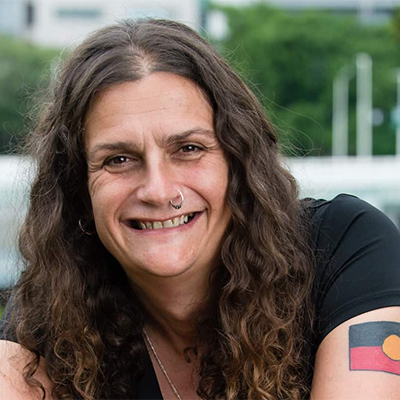
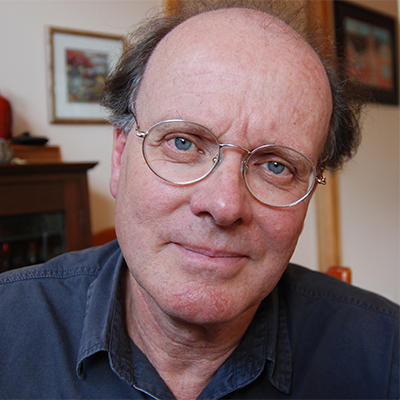
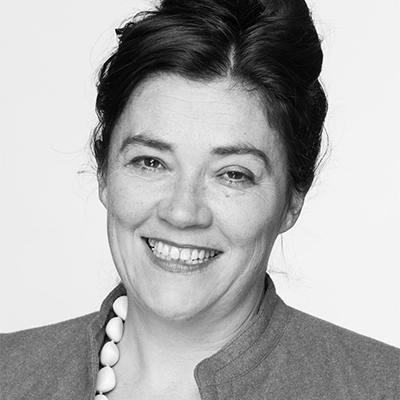
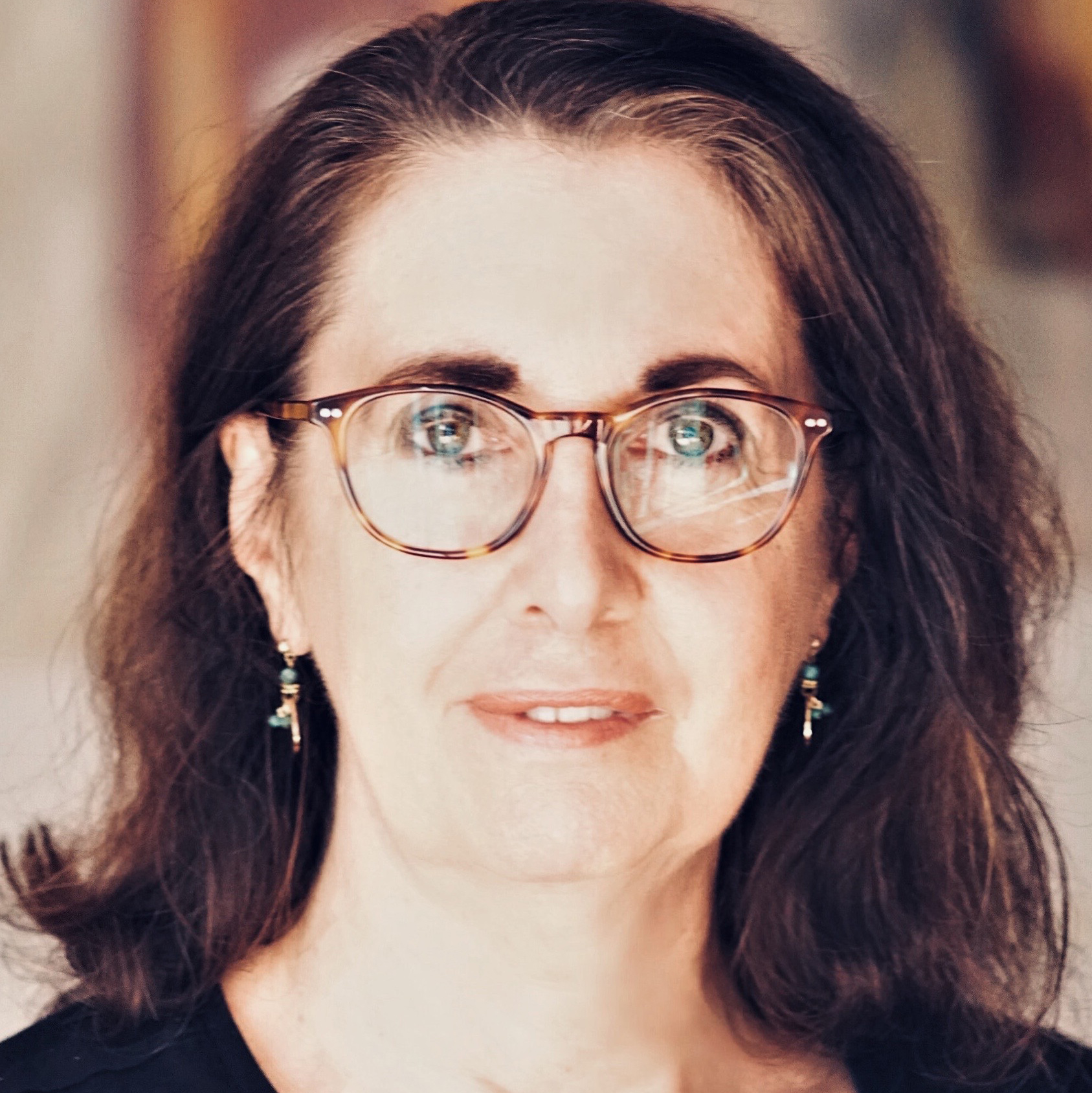
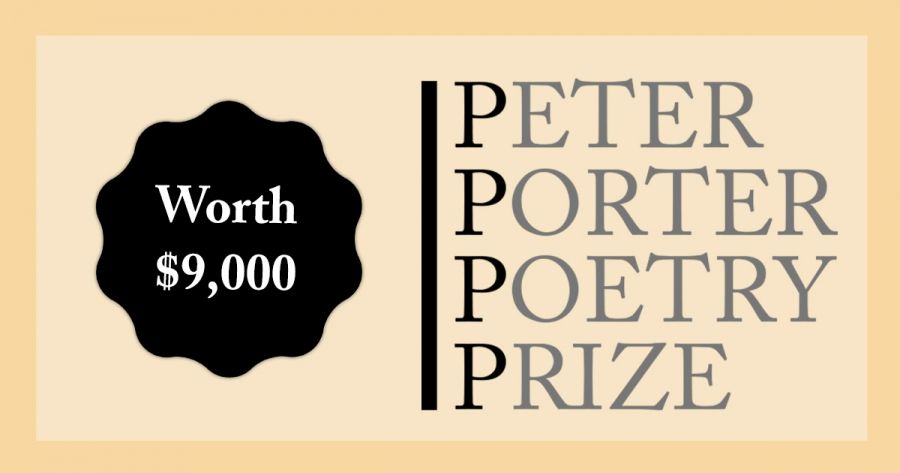
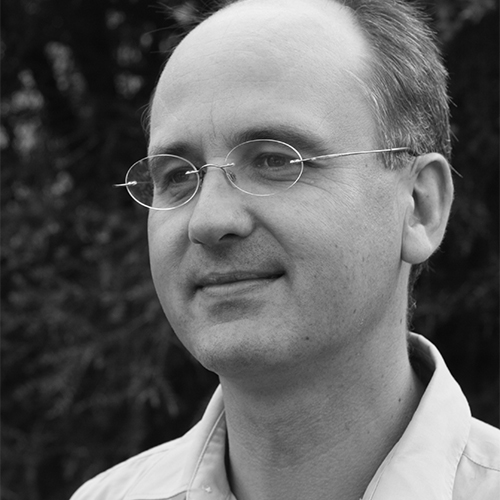
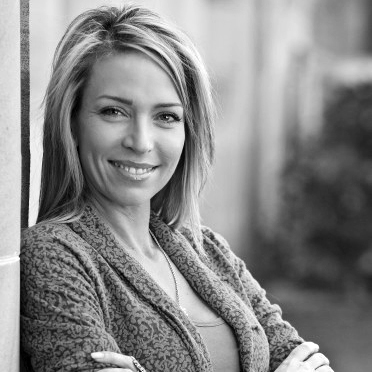
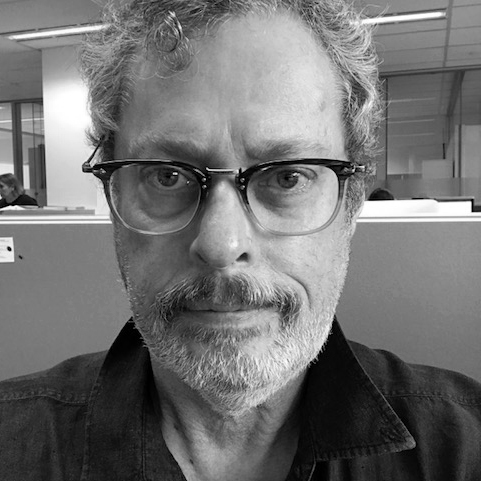

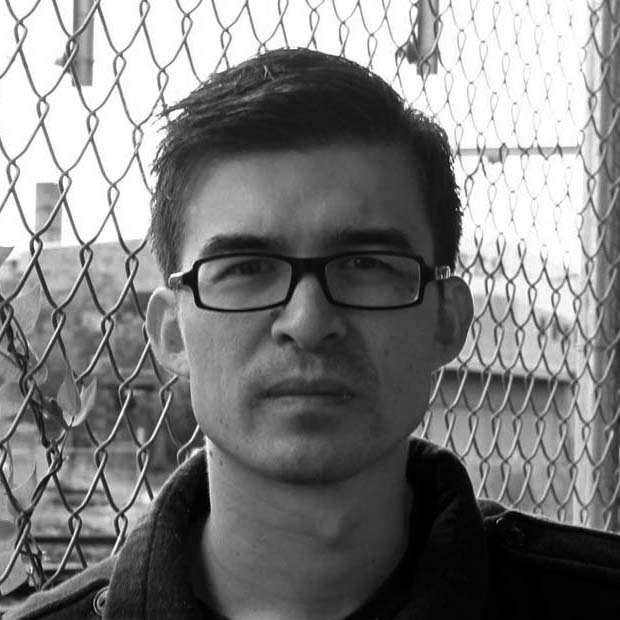

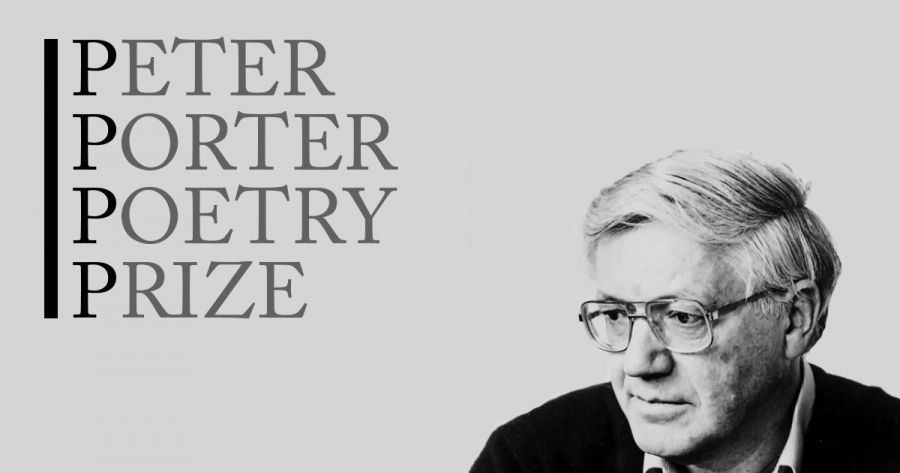
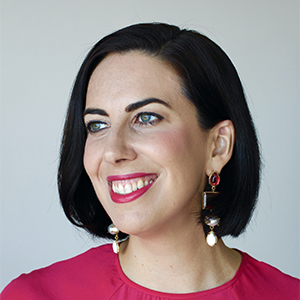
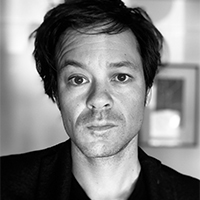

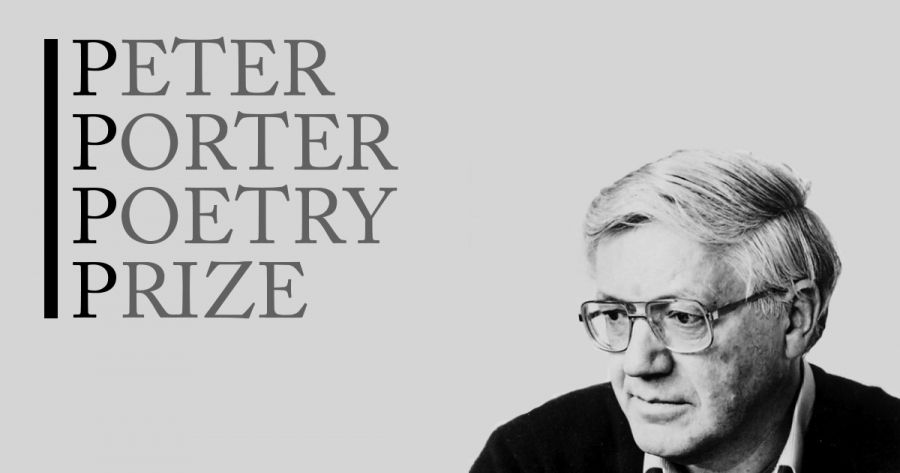
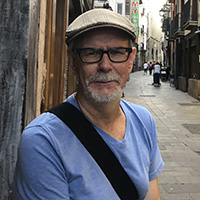

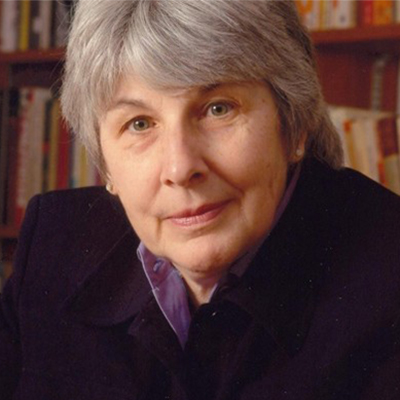
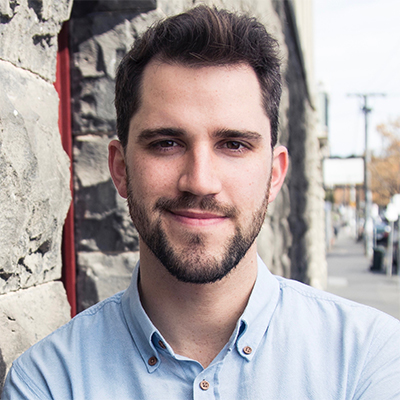
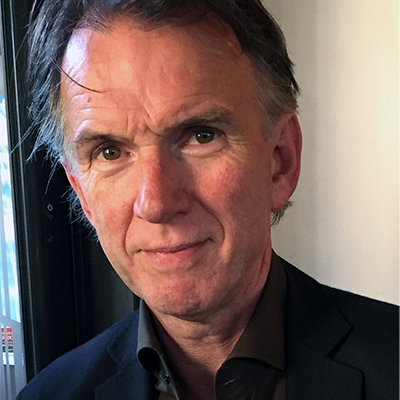
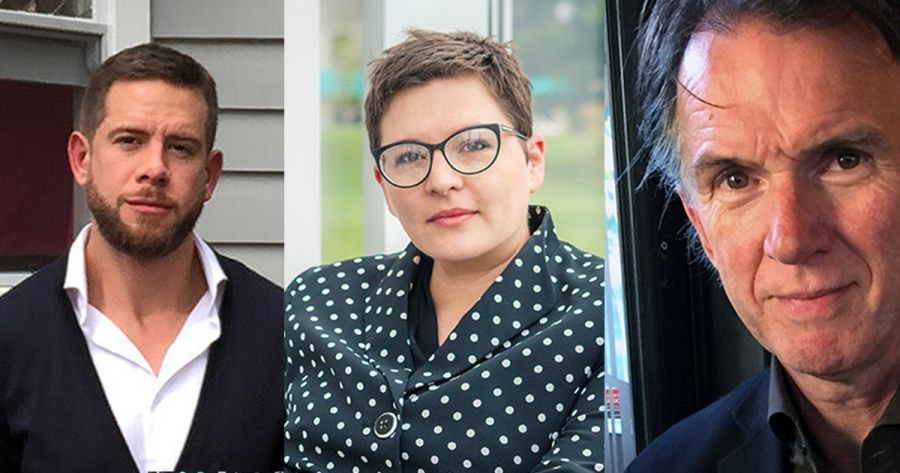
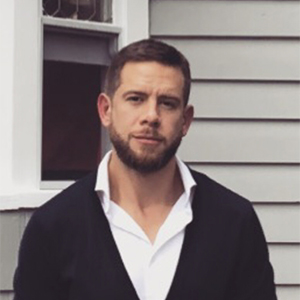
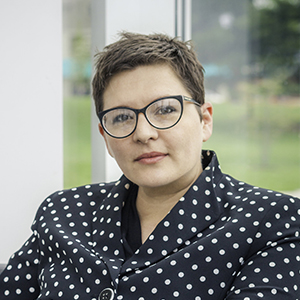 Beejay Silcox is an Australian writer and critic, and the recipient of ABR’s Fortieth Birthday Fellowship. Her literary criticism and cultural commentary regularly appear in national arts publications, and is increasingly finding an international audience, including in the Times Literary Supplement, The Guardian and The New York Times. Her award-winning short stories have been published at home and abroad, and have been selected for a number of Australian anthologies.
Beejay Silcox is an Australian writer and critic, and the recipient of ABR’s Fortieth Birthday Fellowship. Her literary criticism and cultural commentary regularly appear in national arts publications, and is increasingly finding an international audience, including in the Times Literary Supplement, The Guardian and The New York Times. Her award-winning short stories have been published at home and abroad, and have been selected for a number of Australian anthologies.